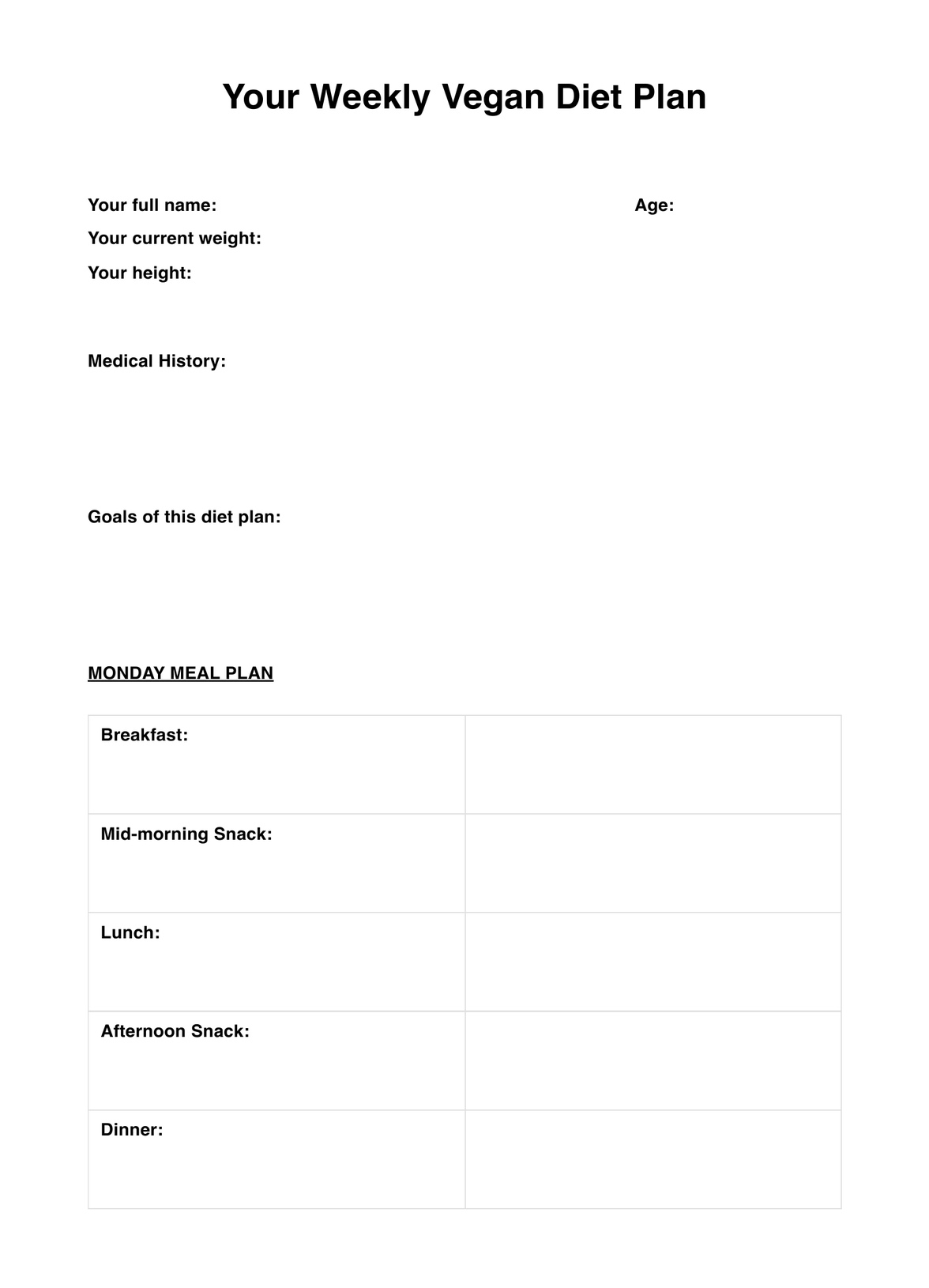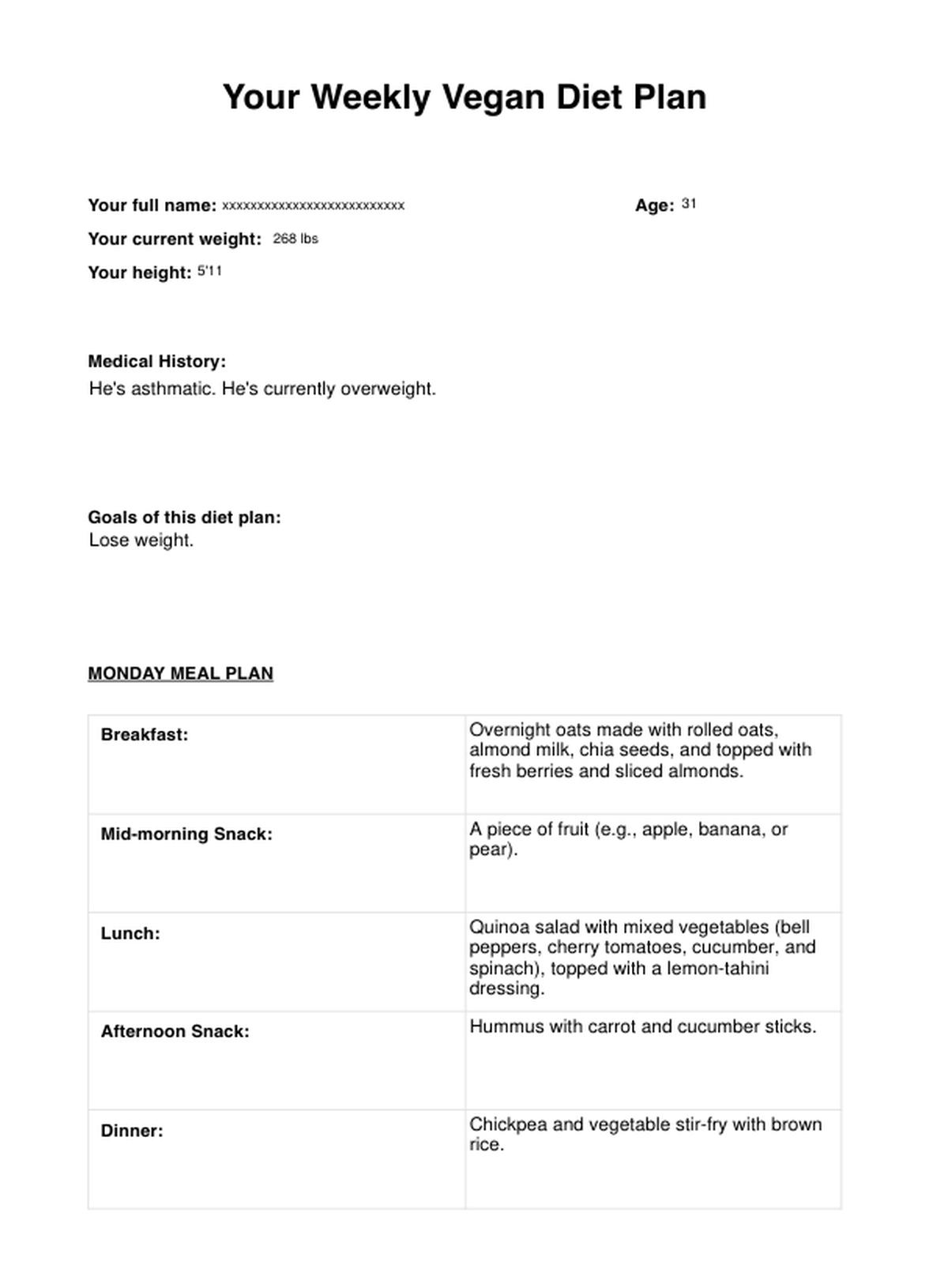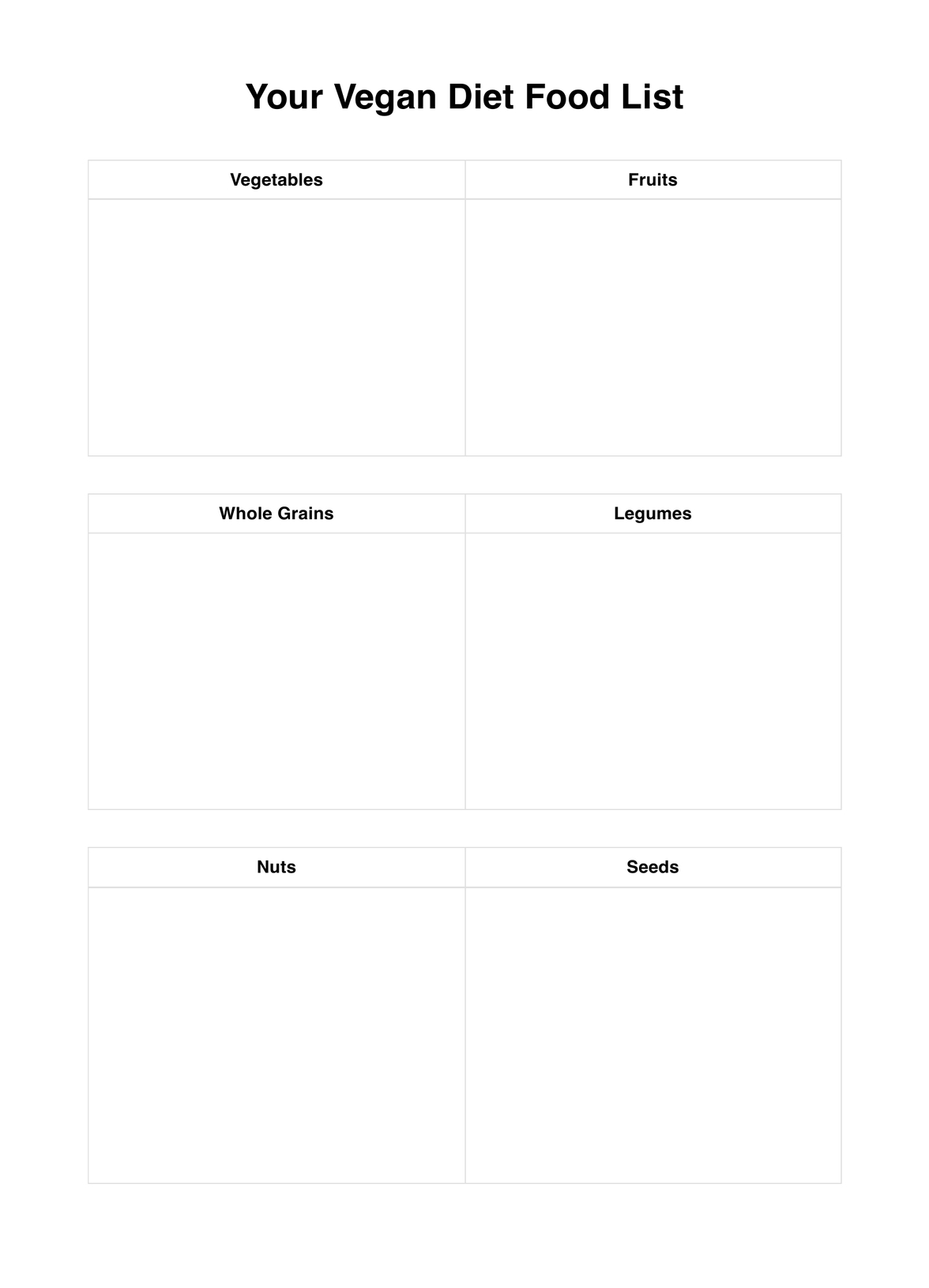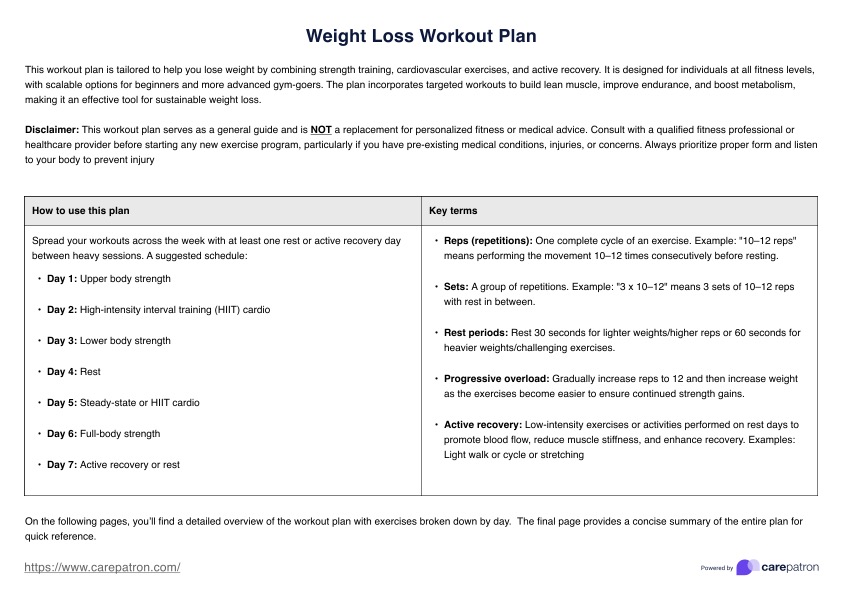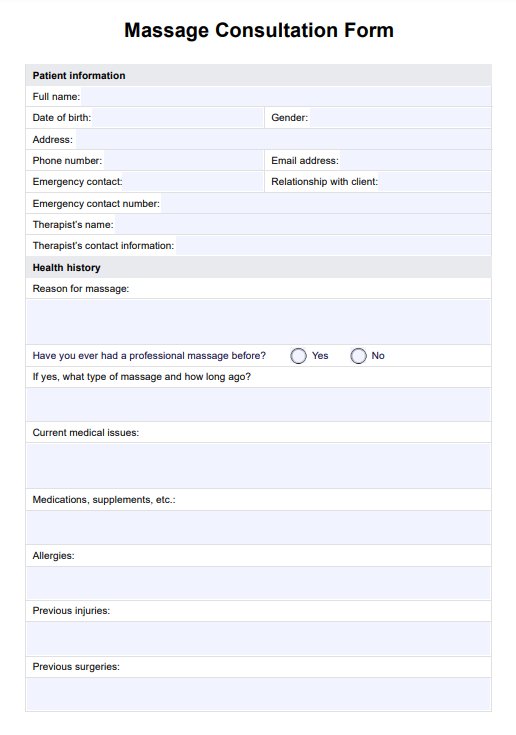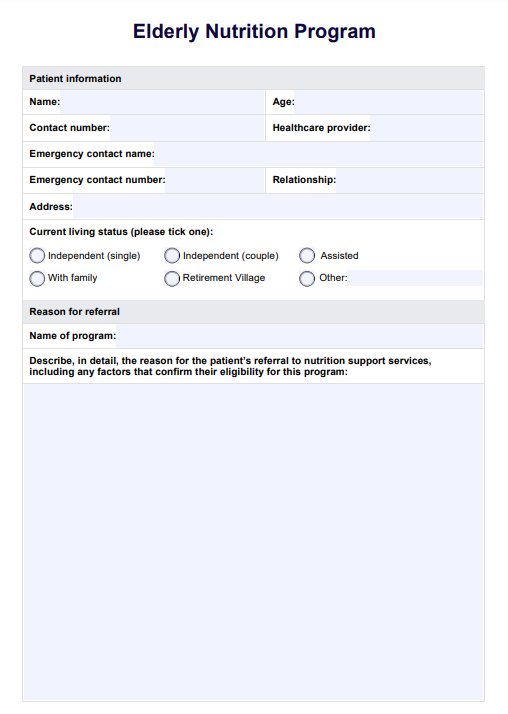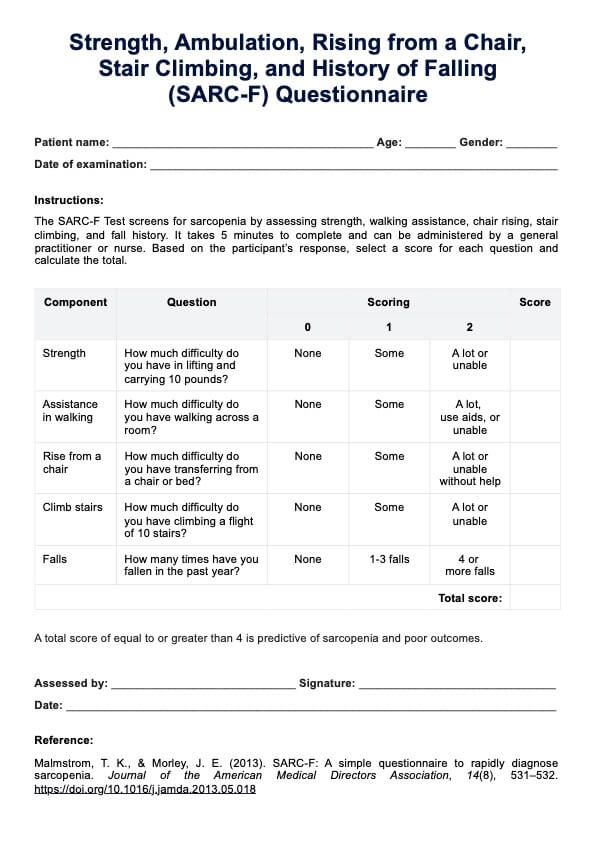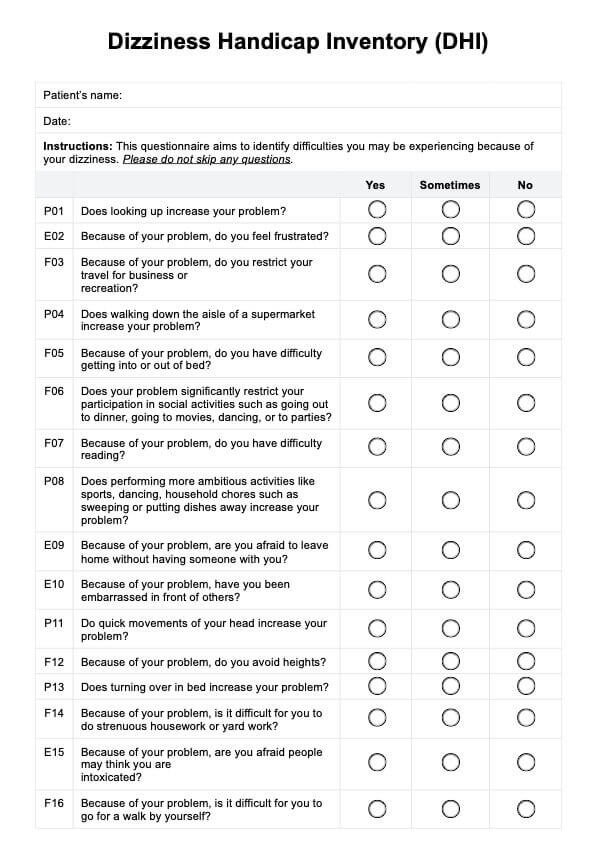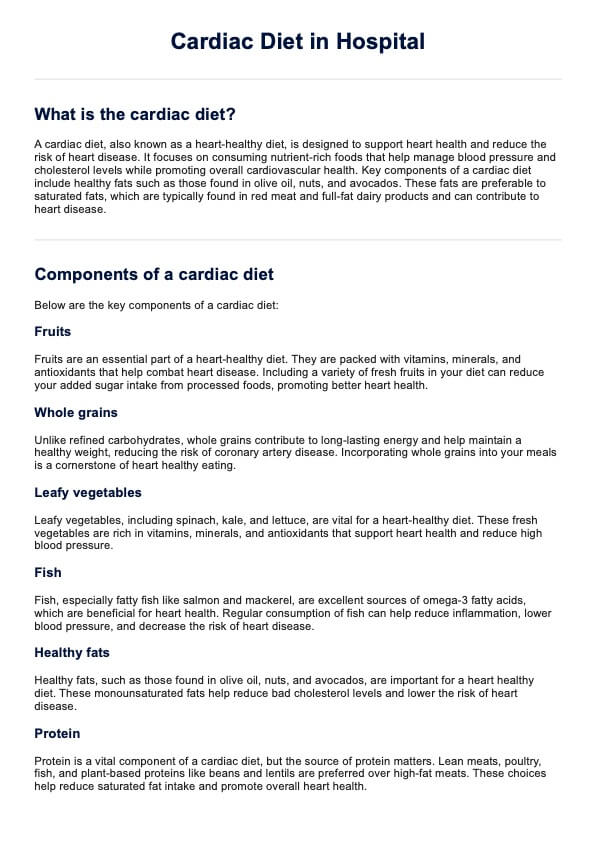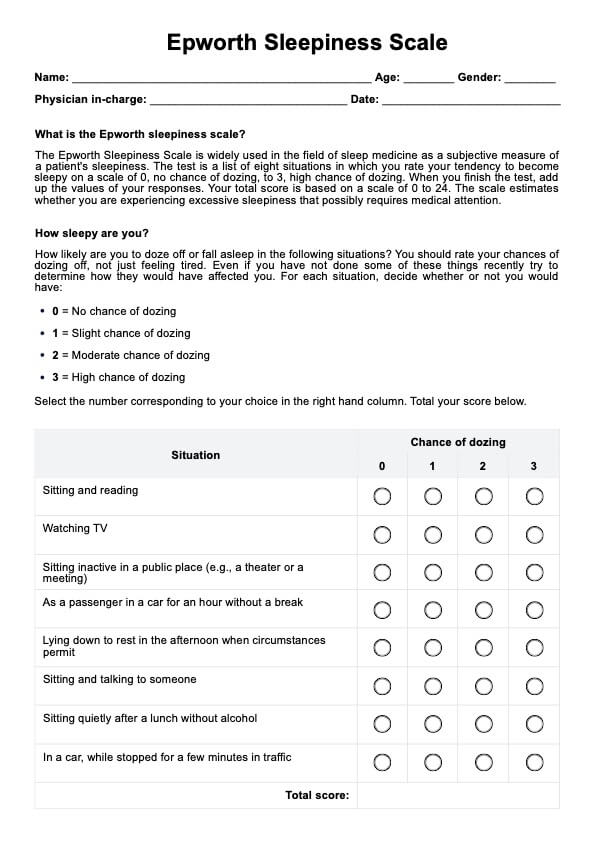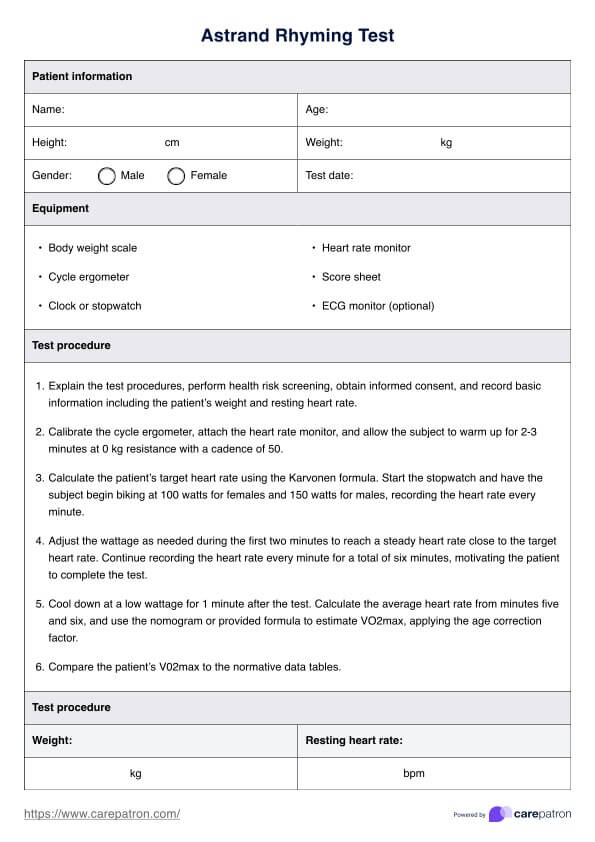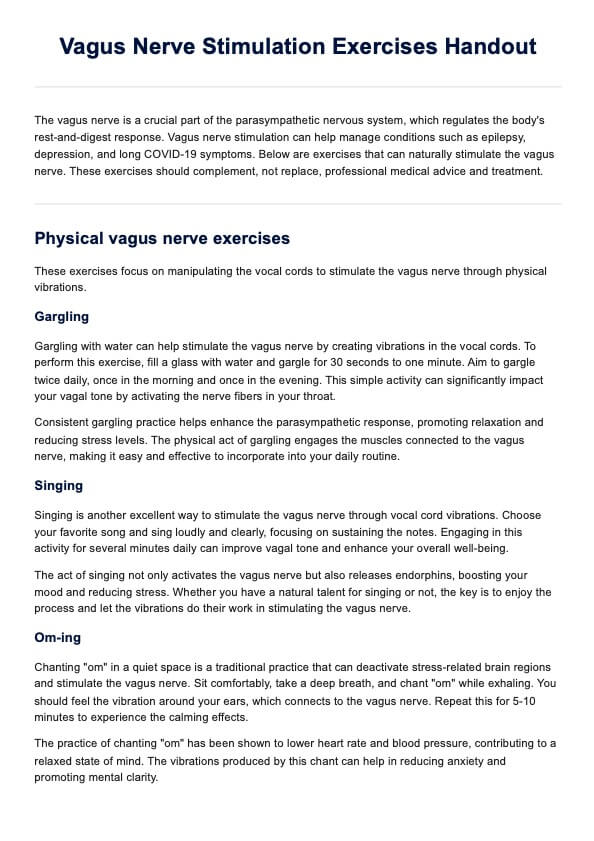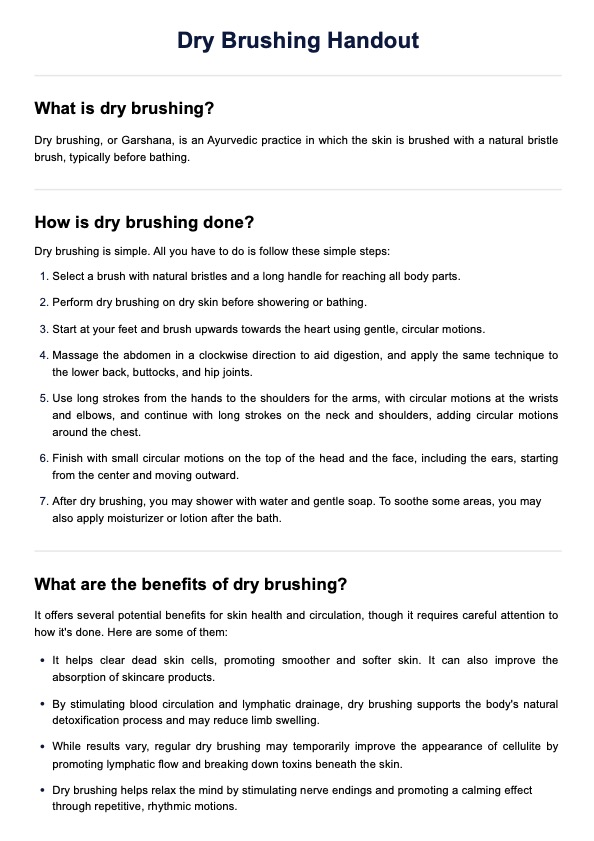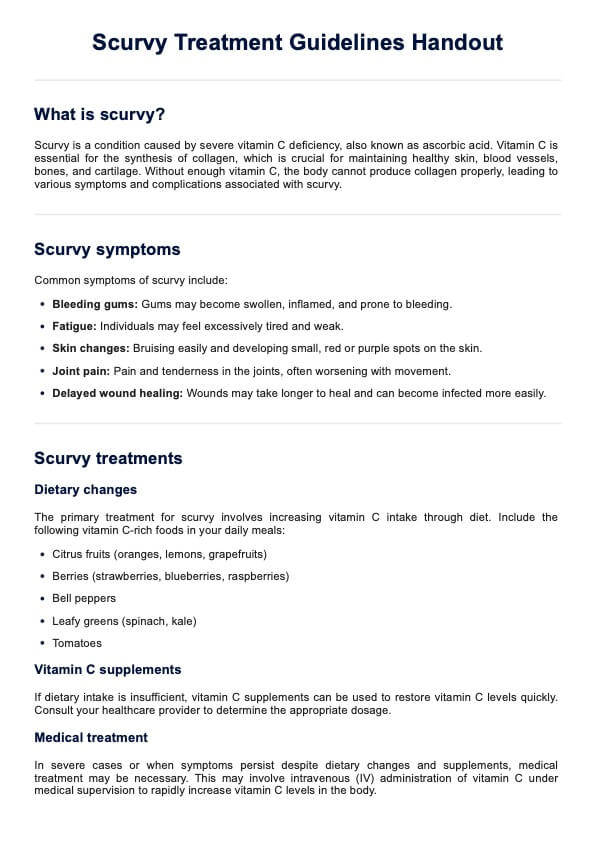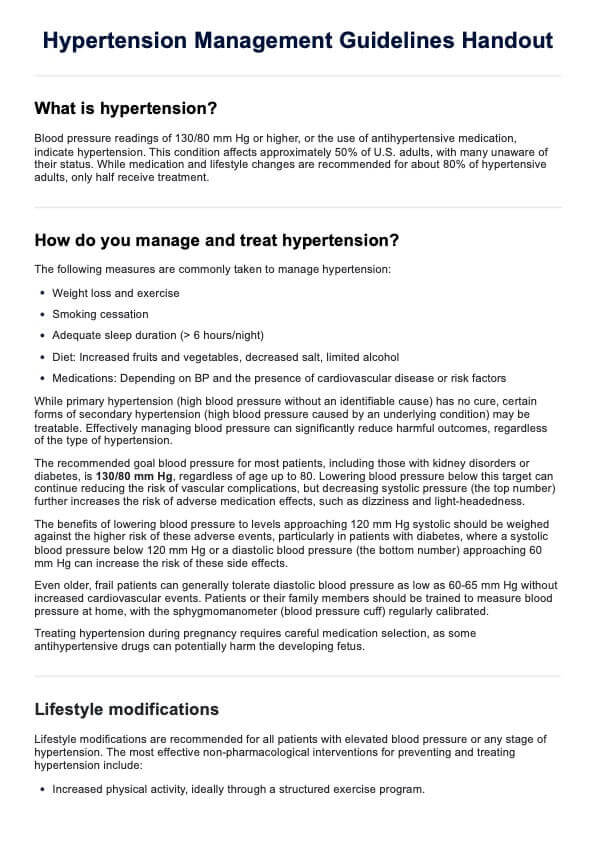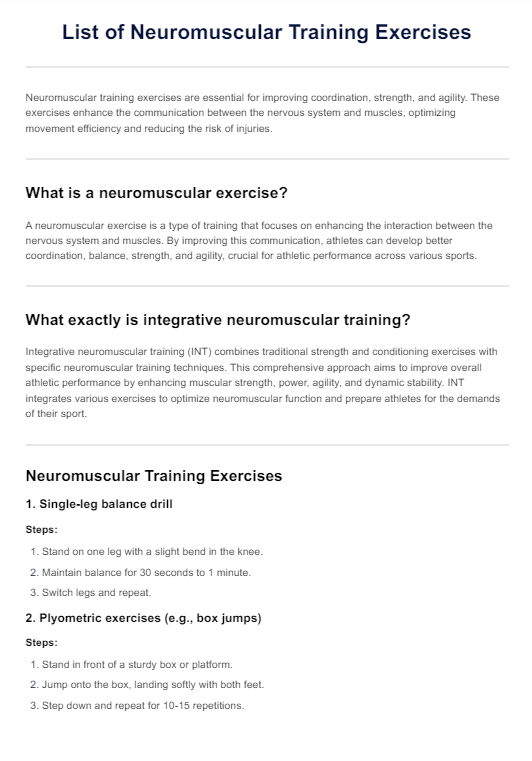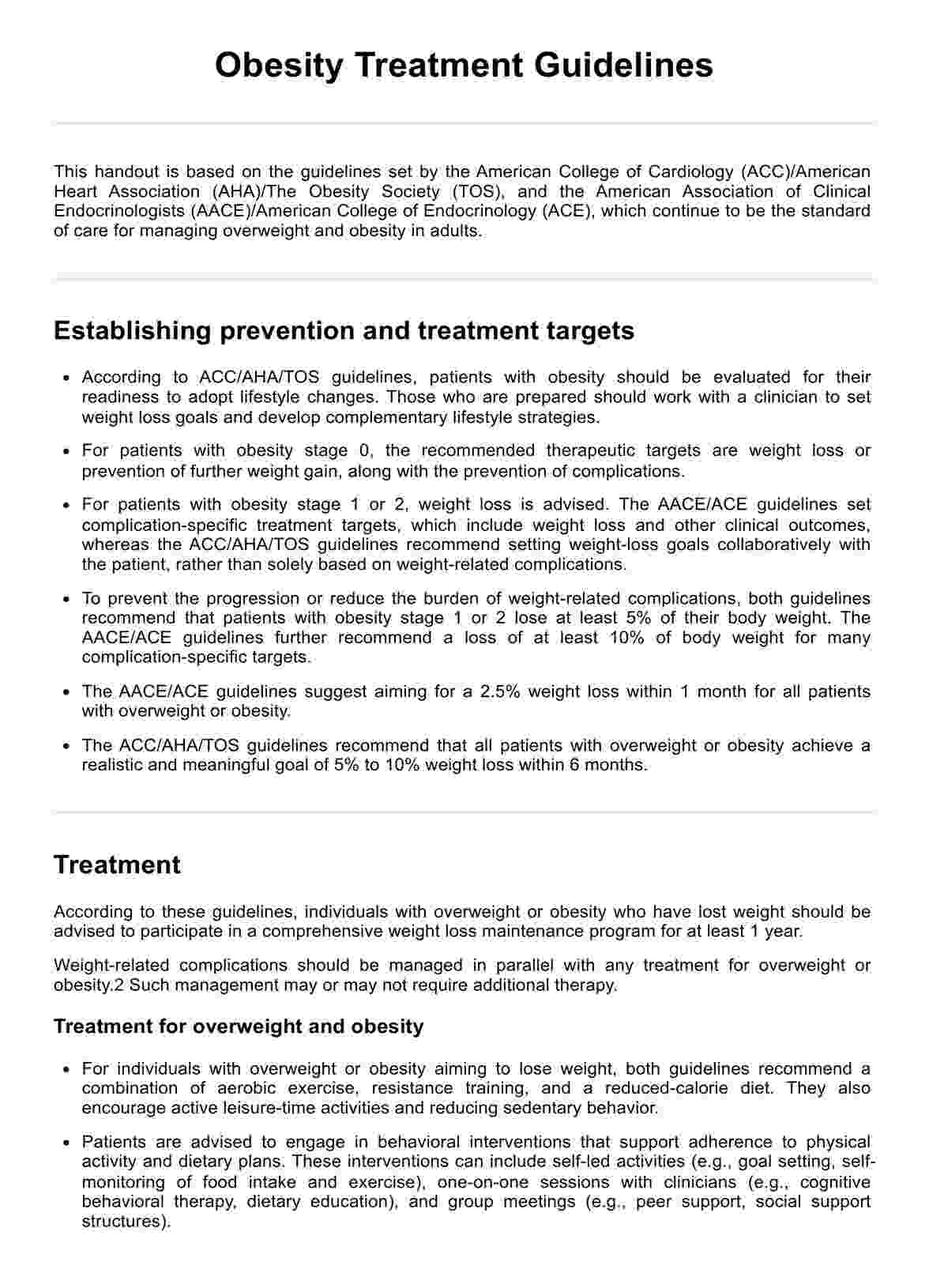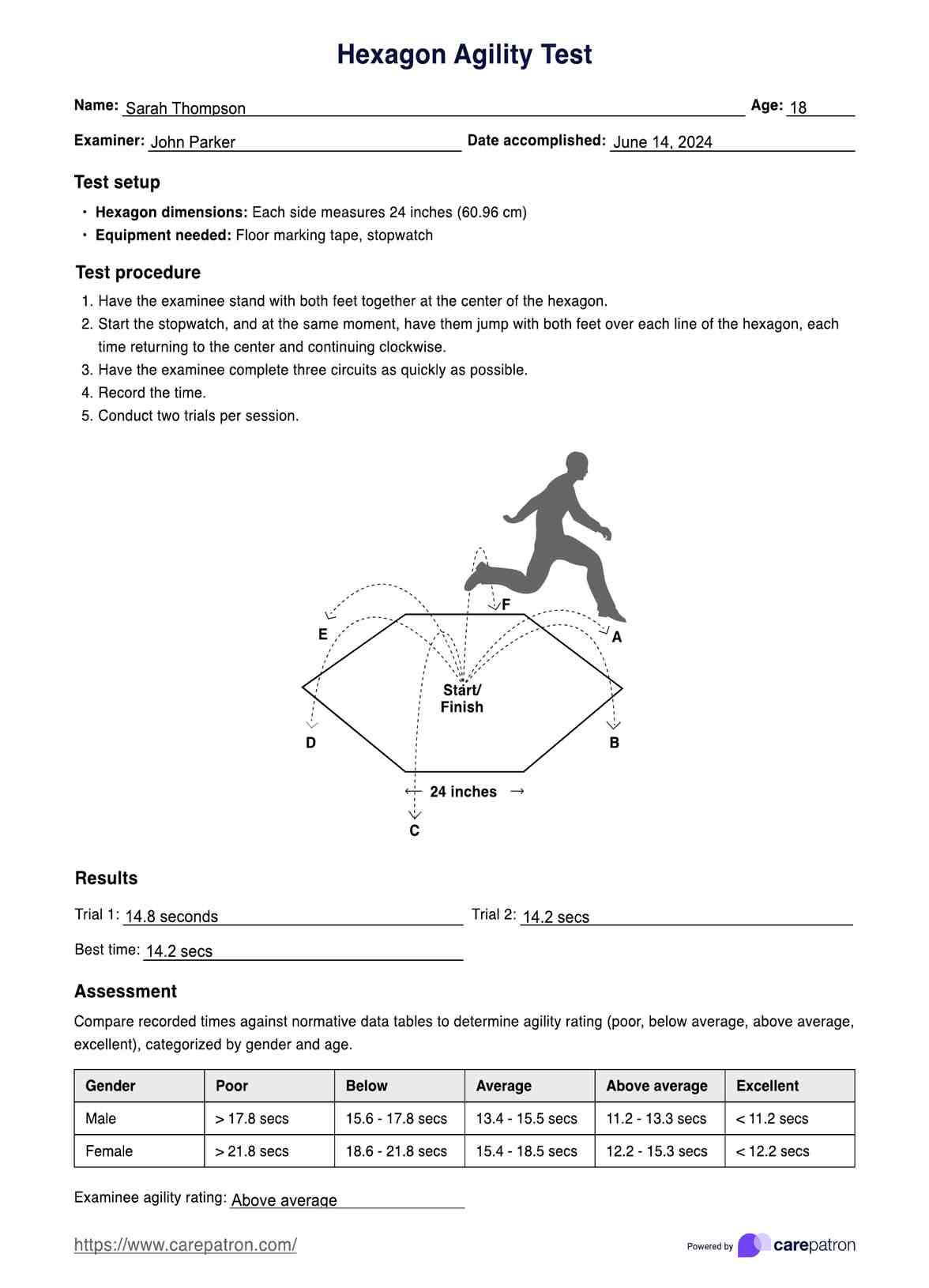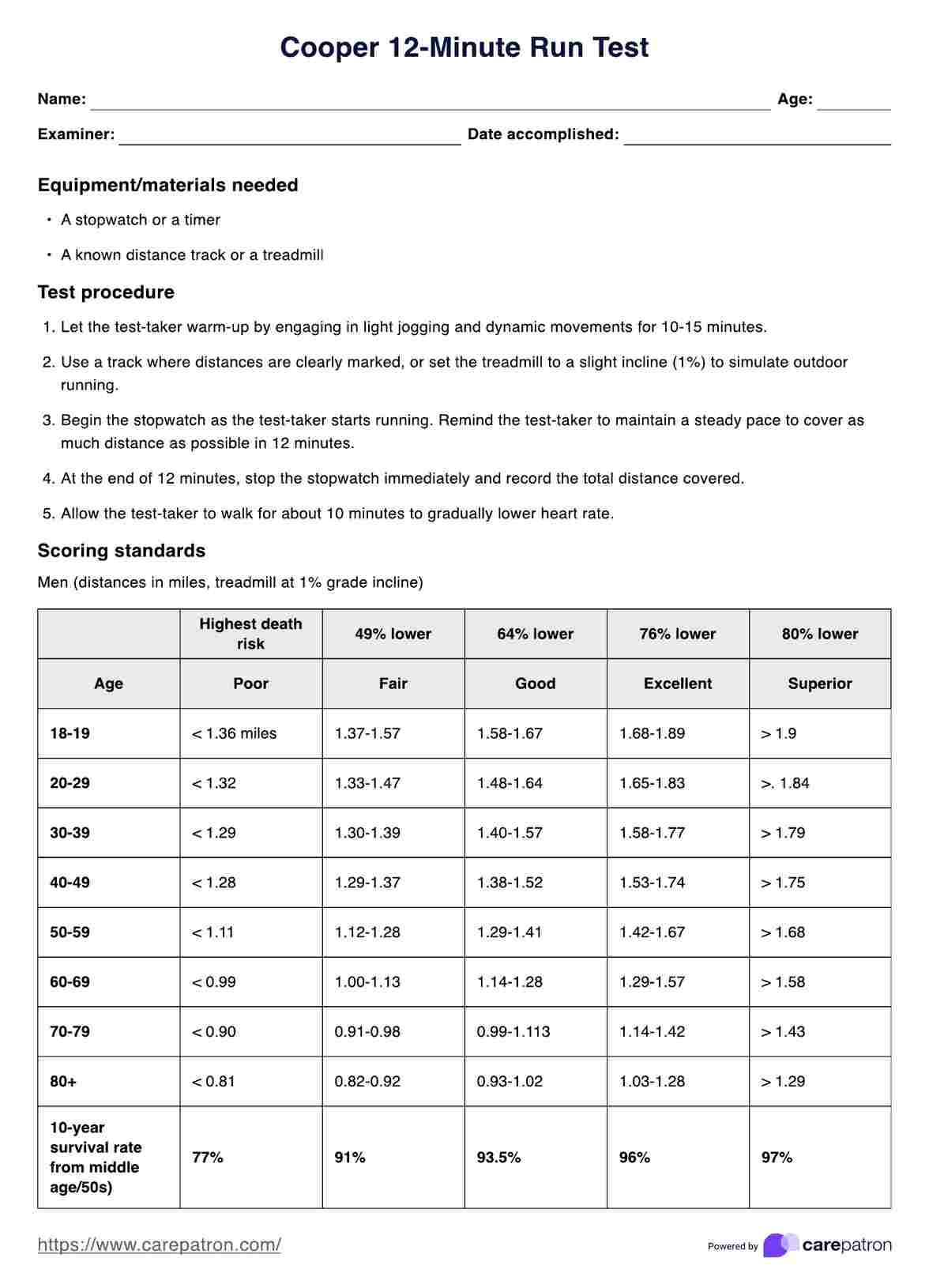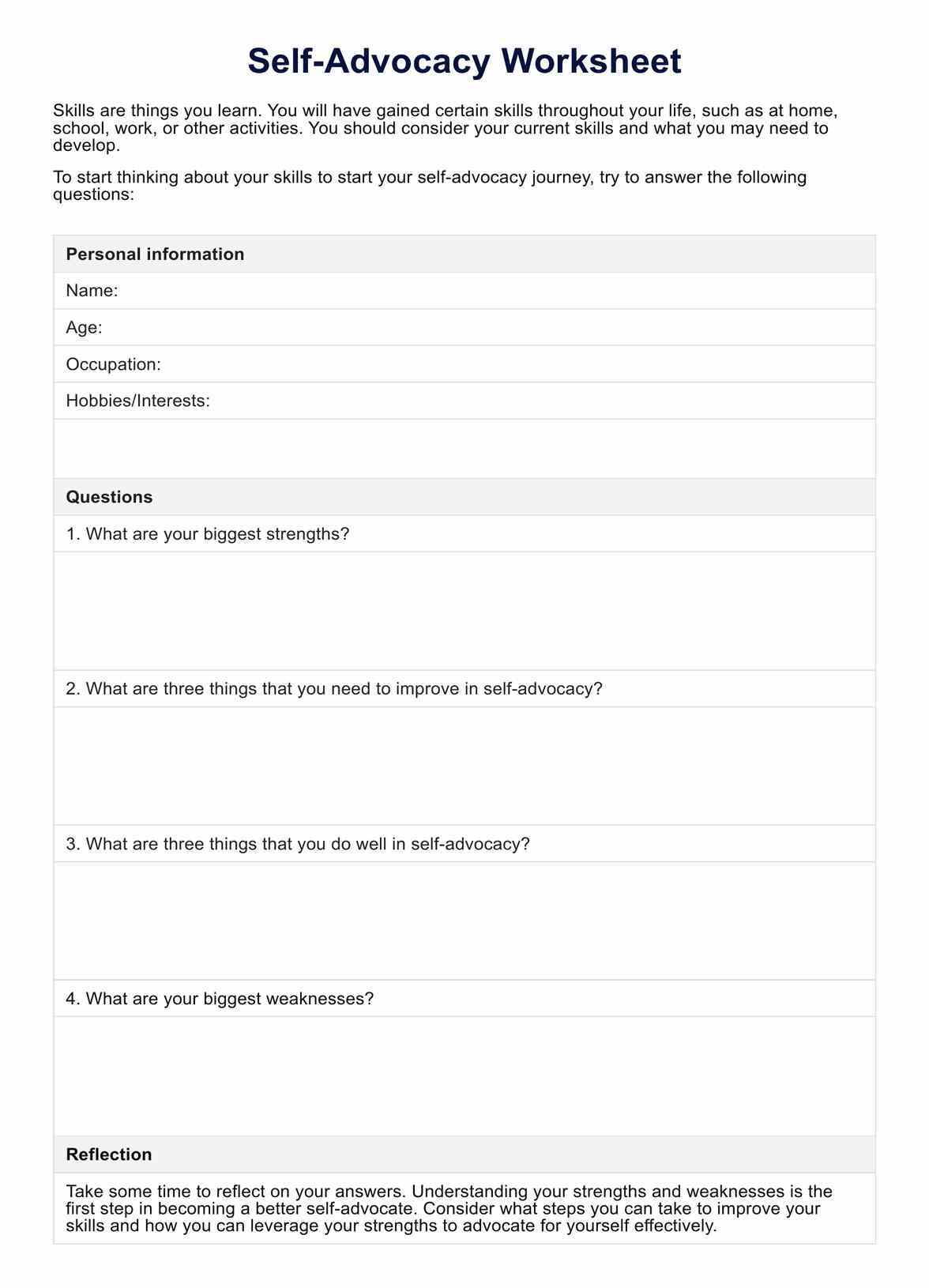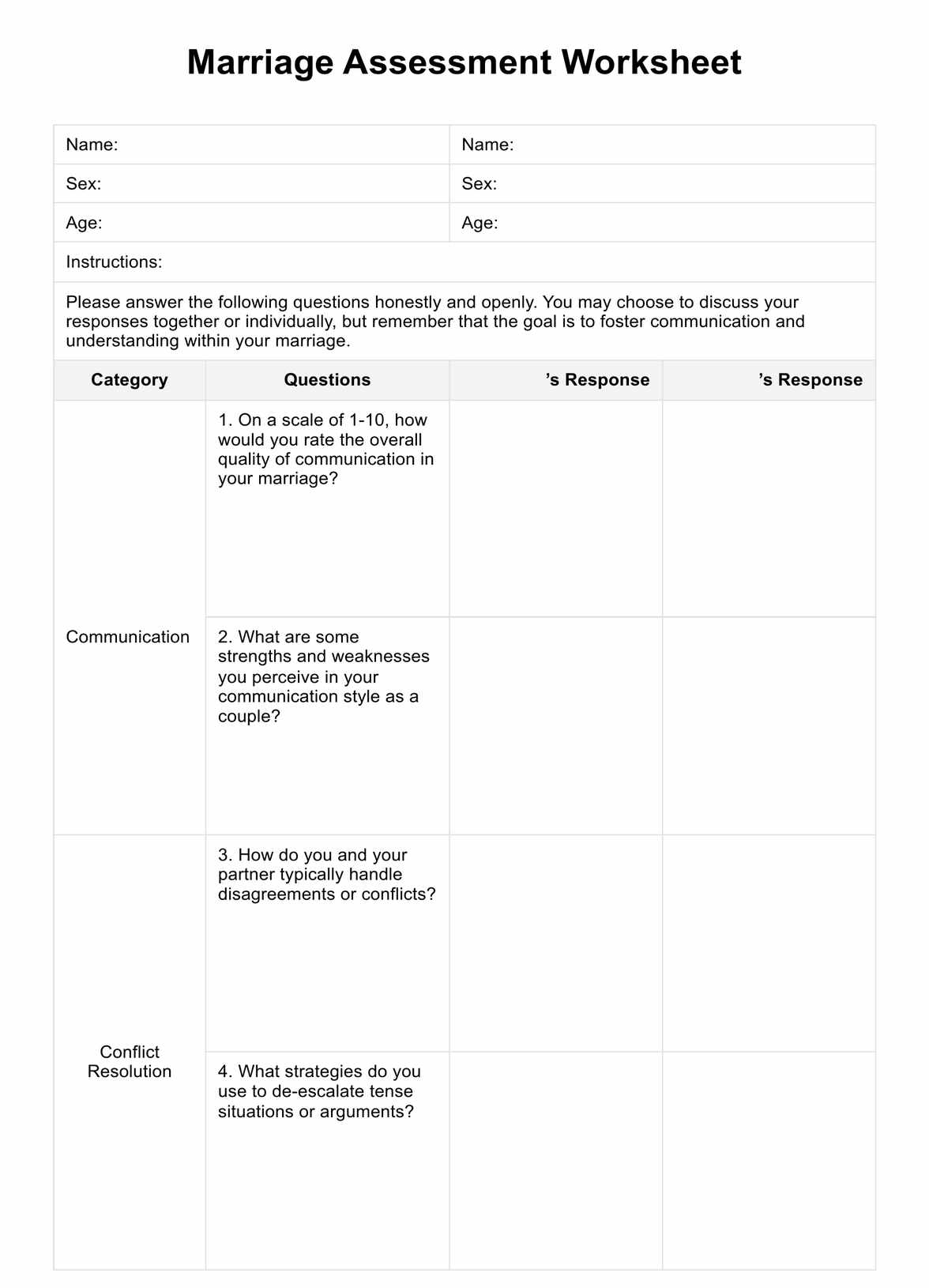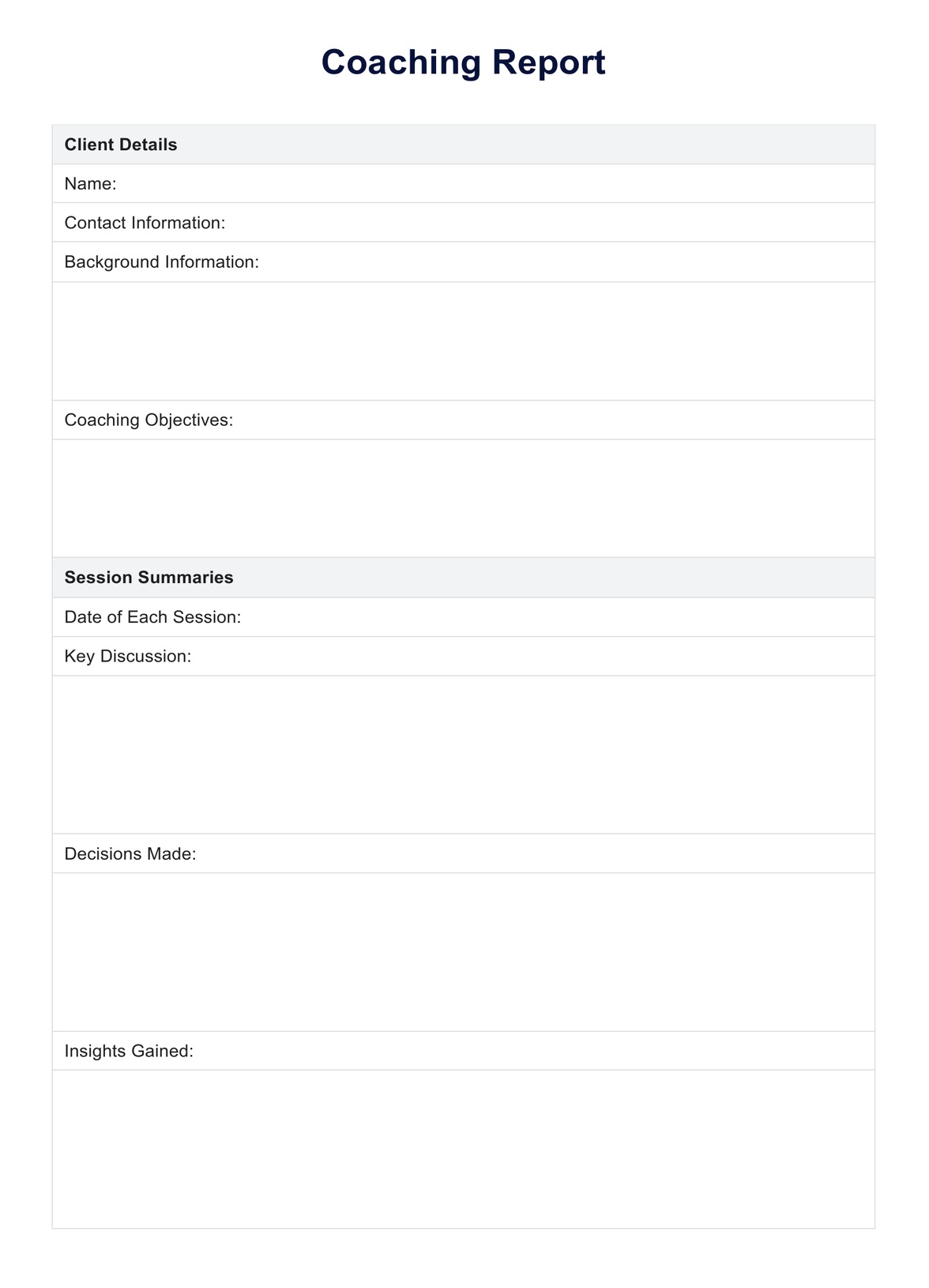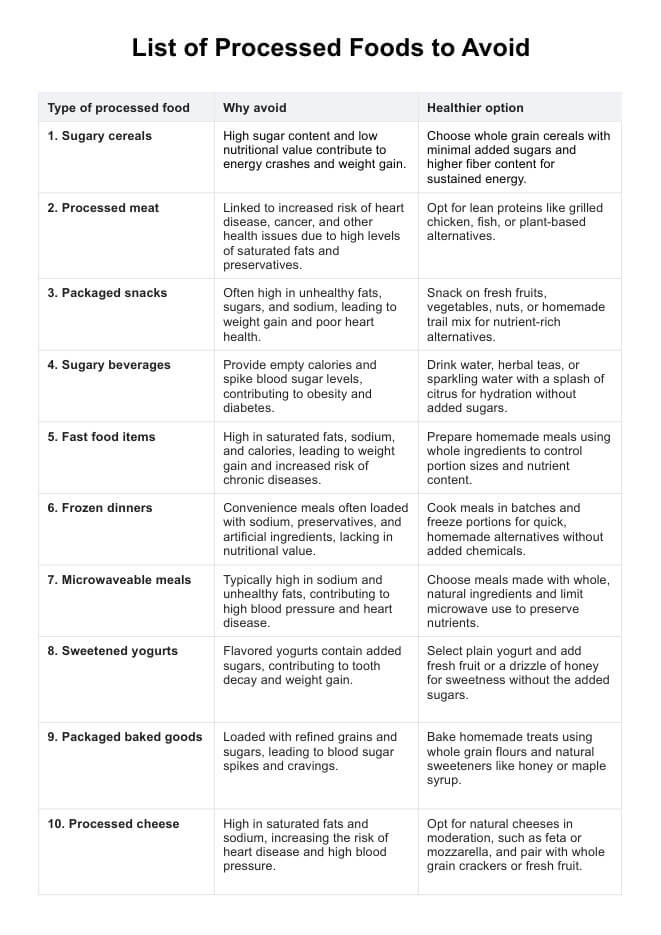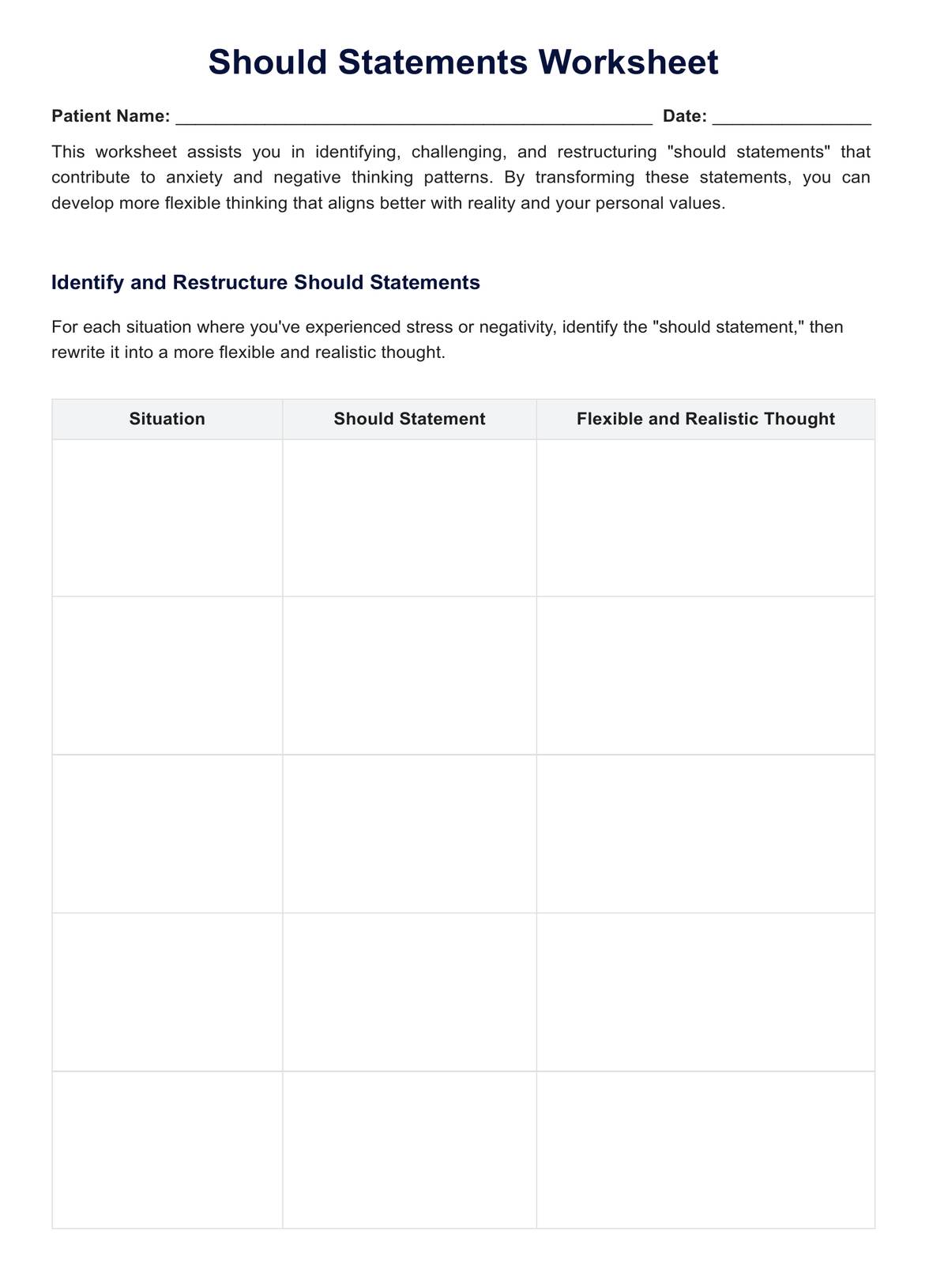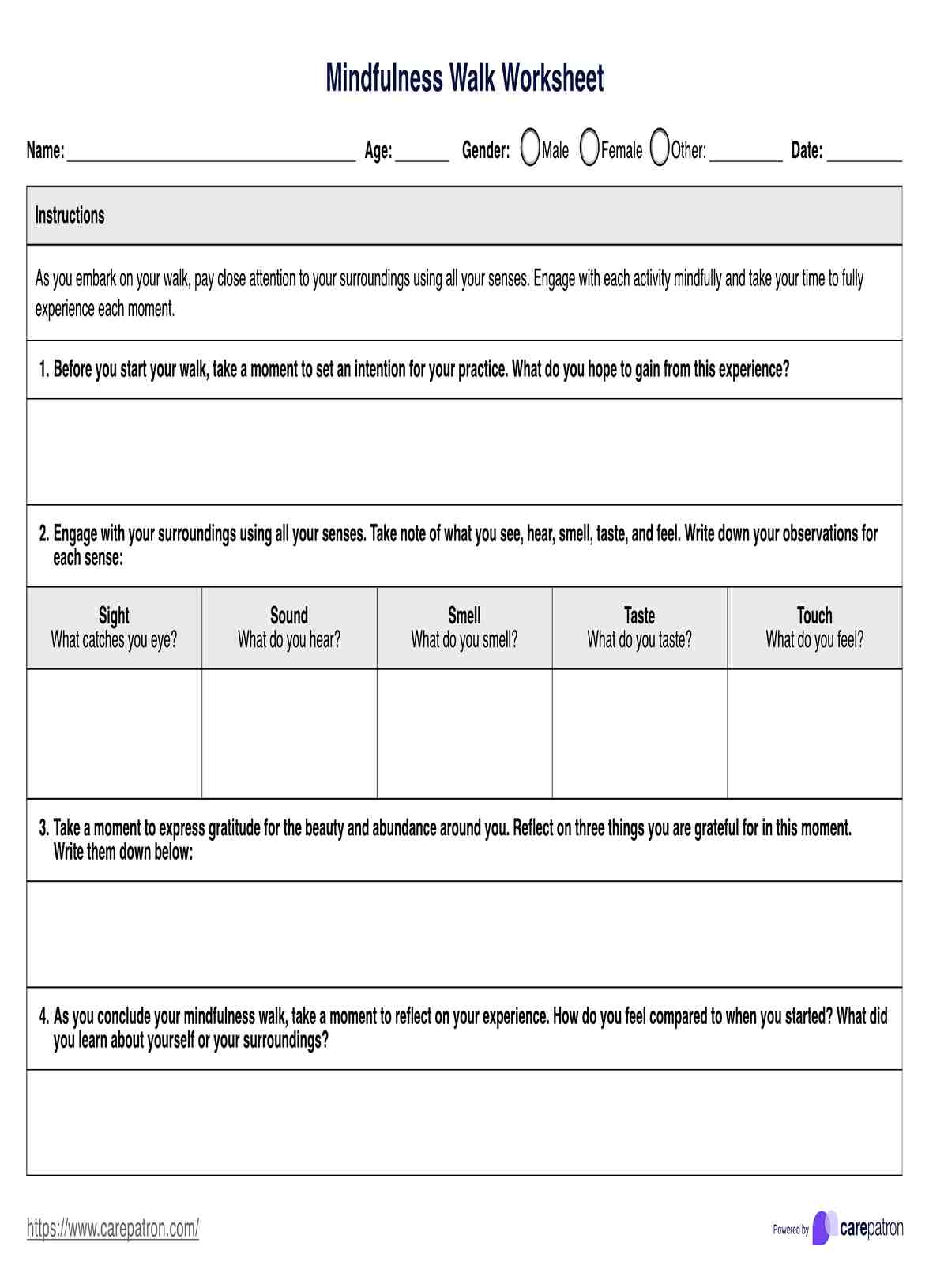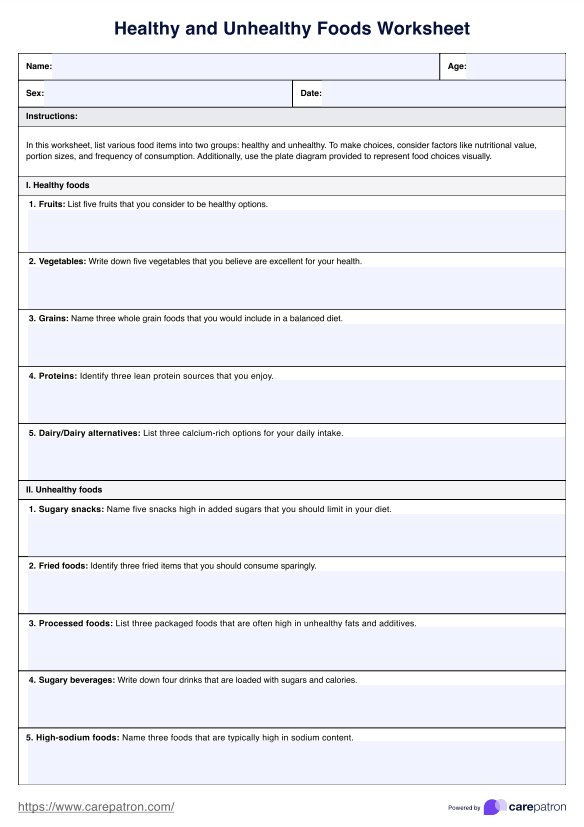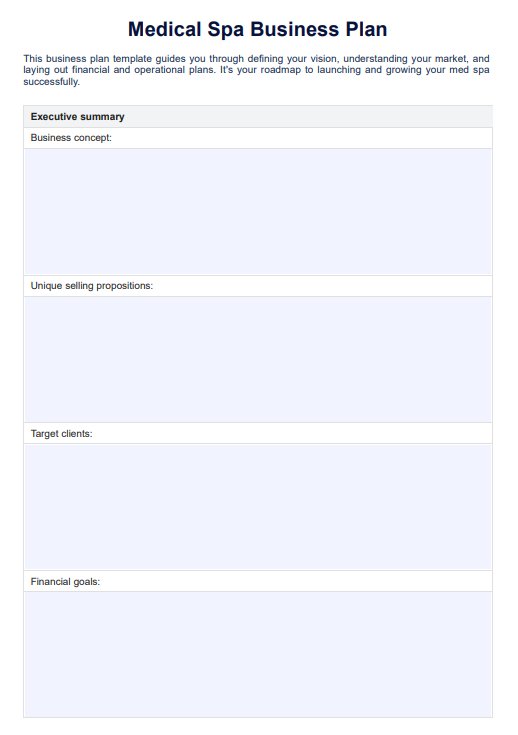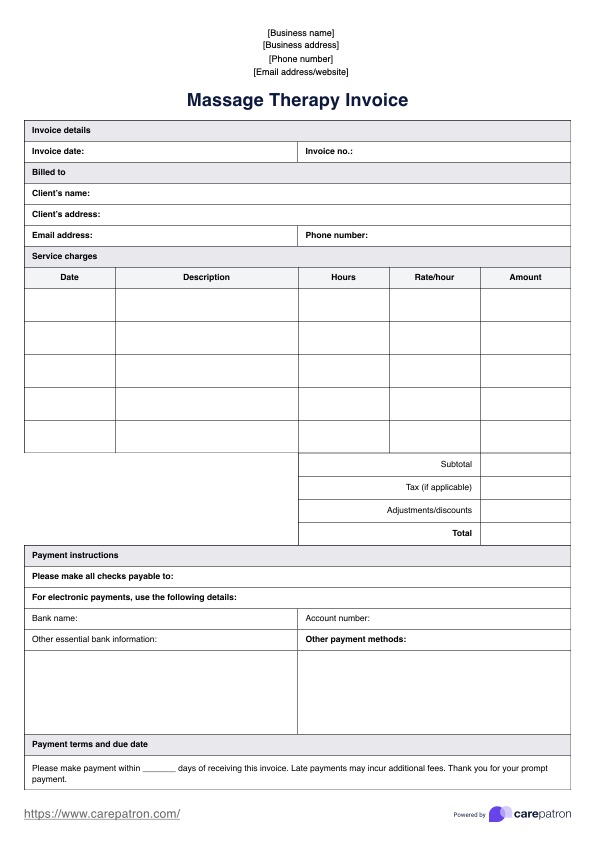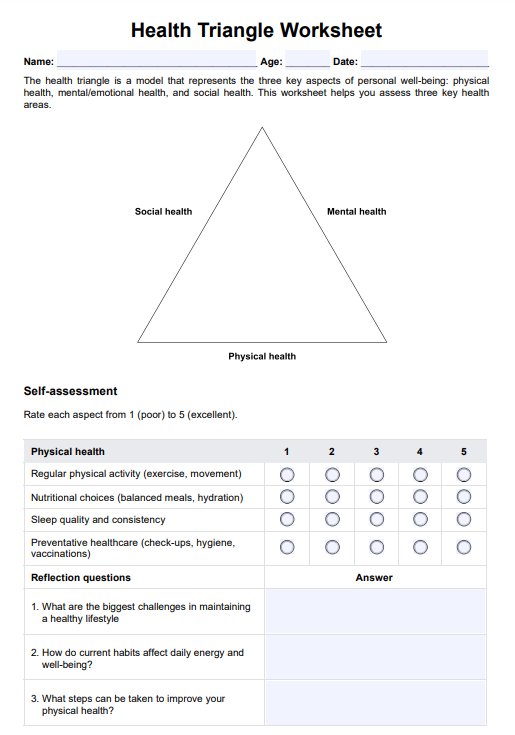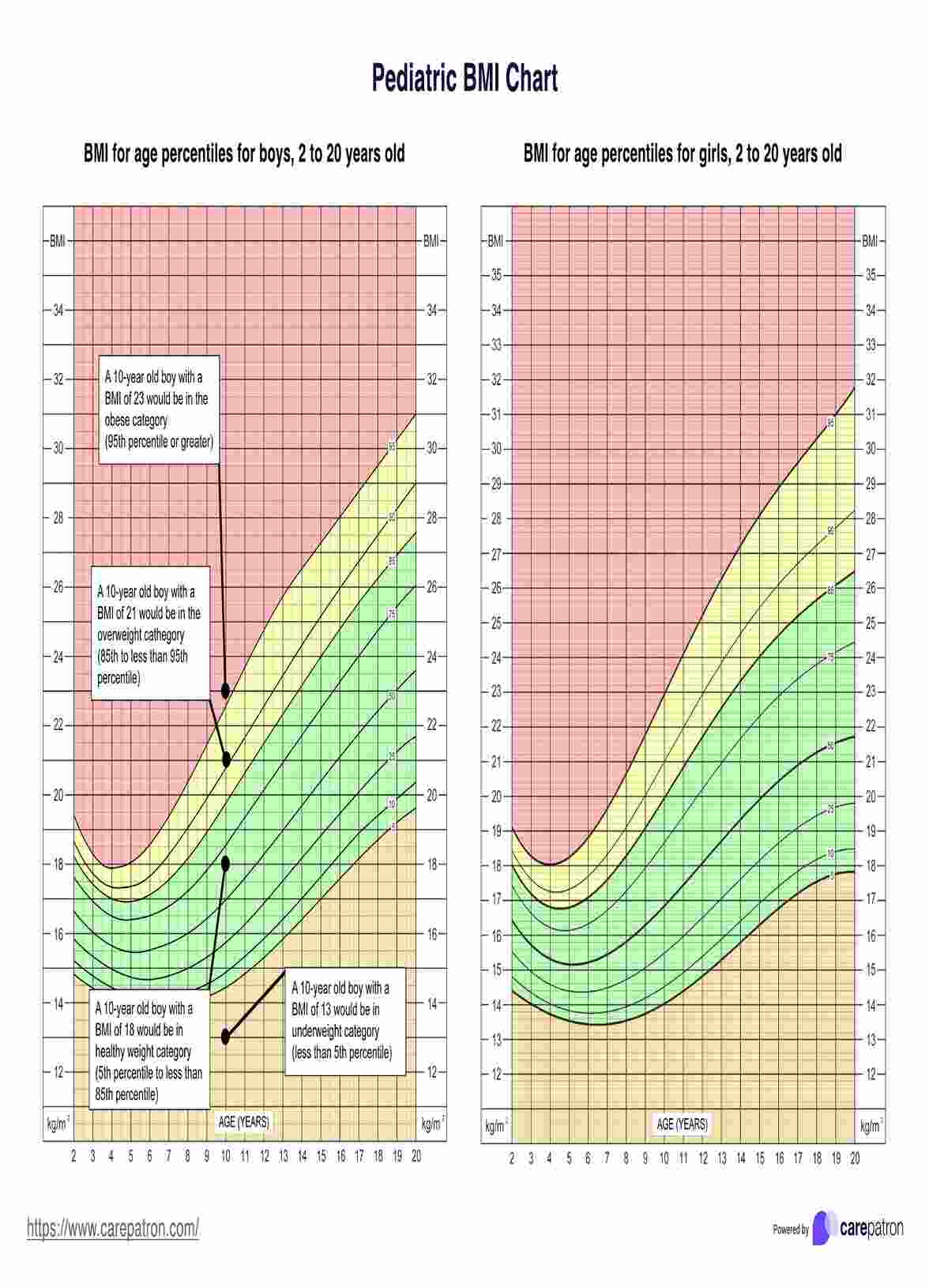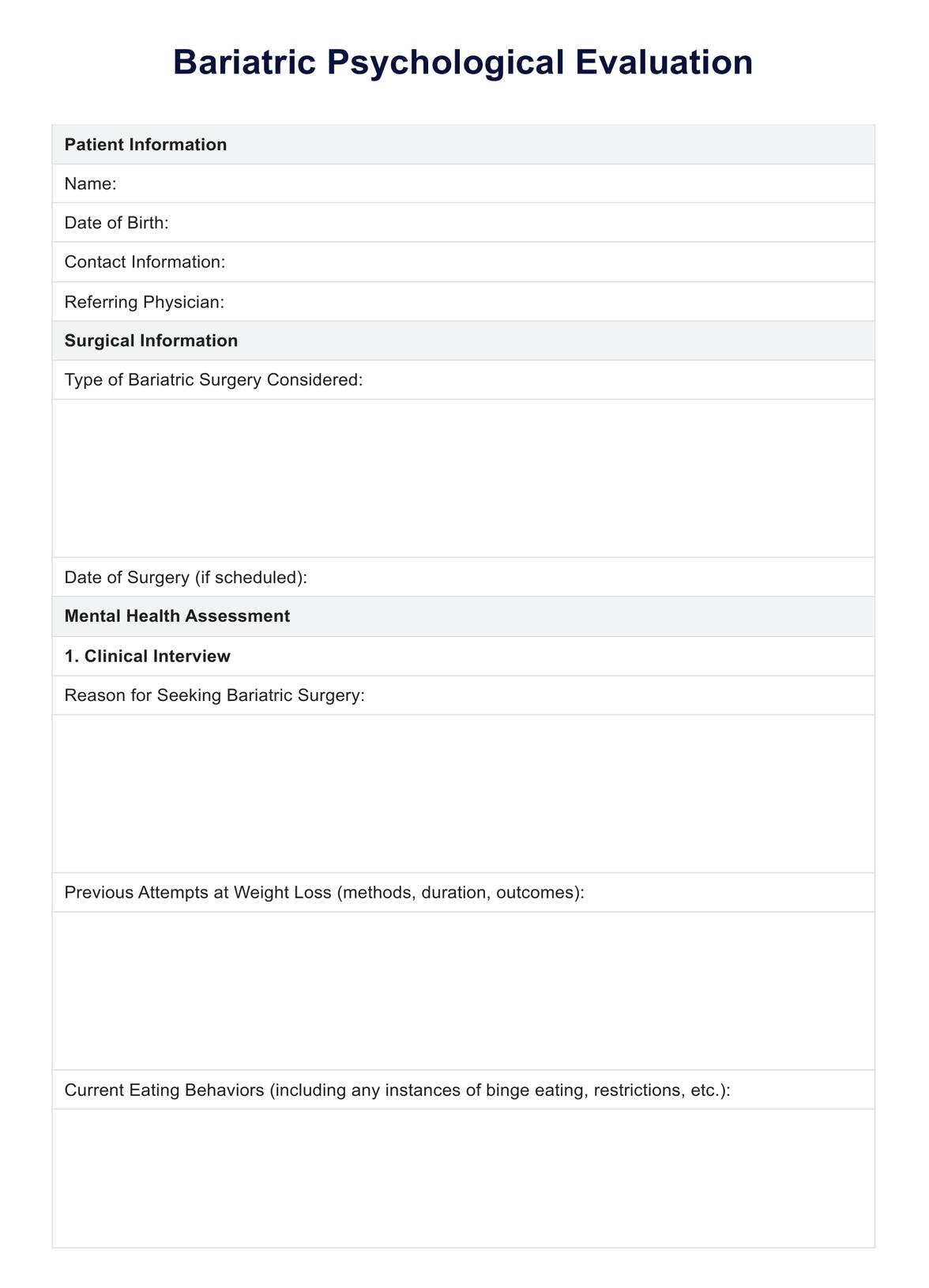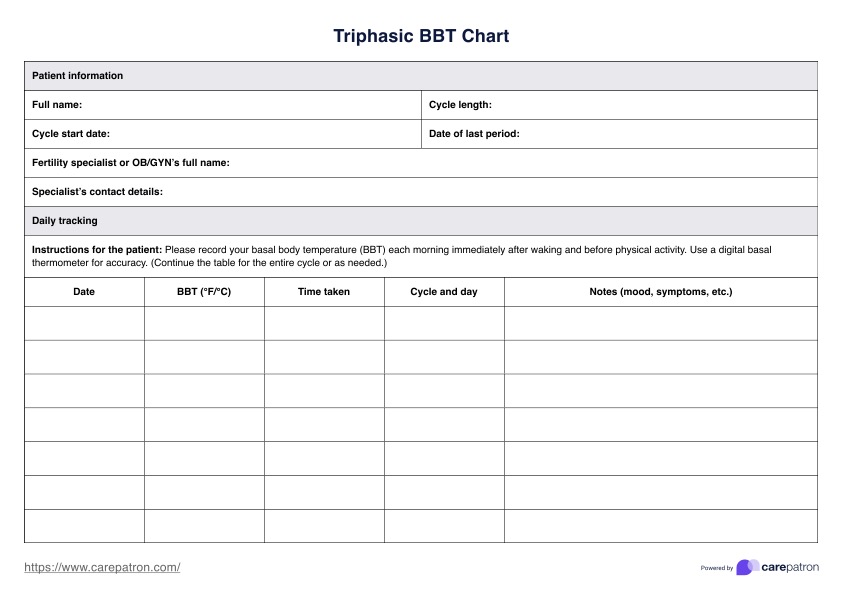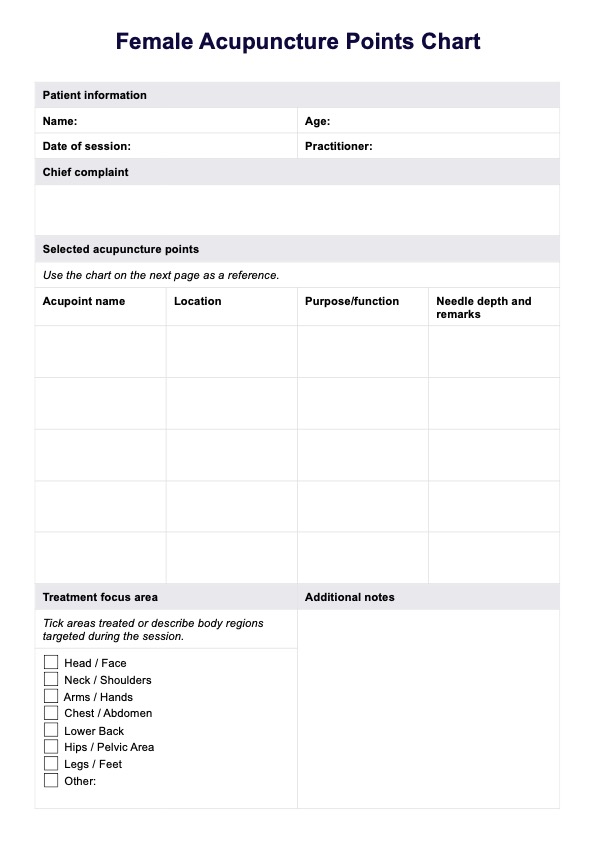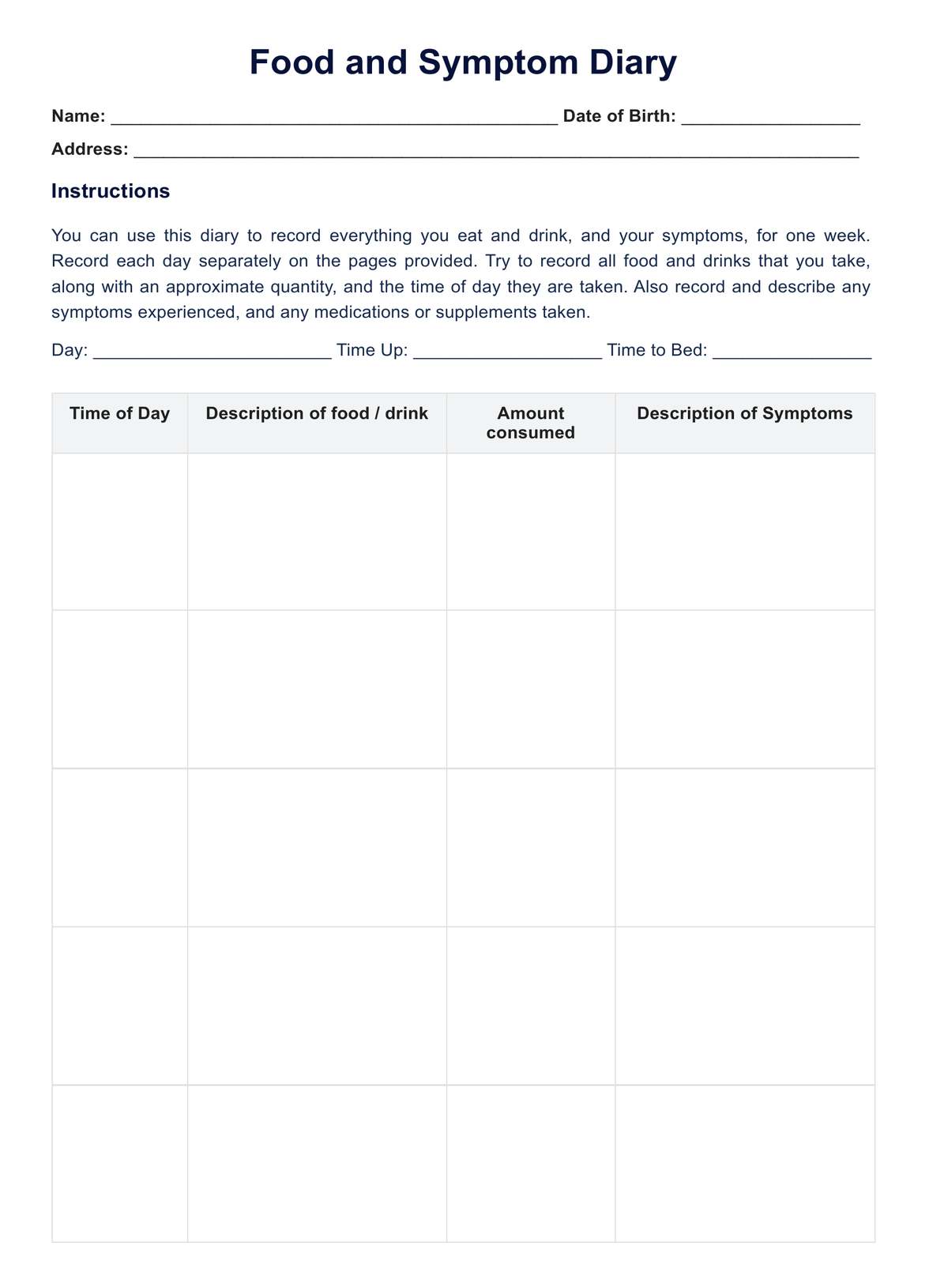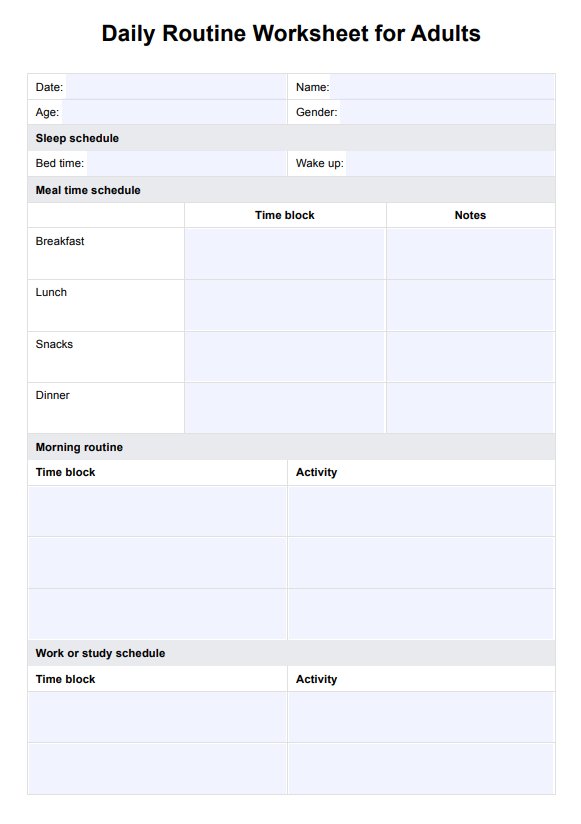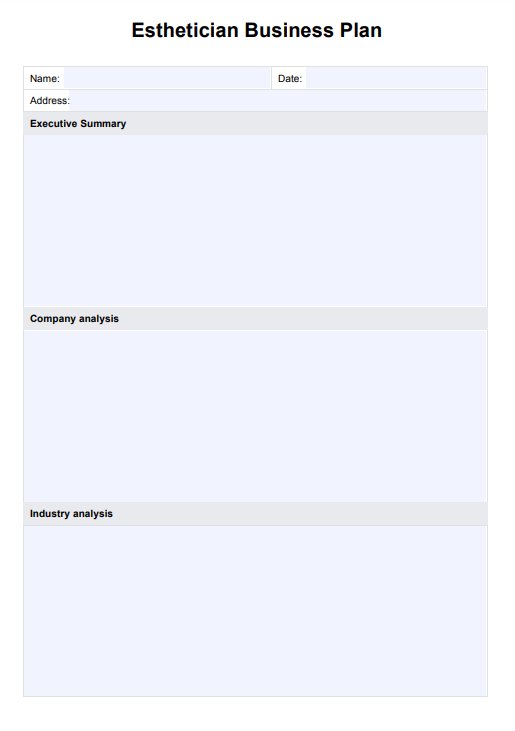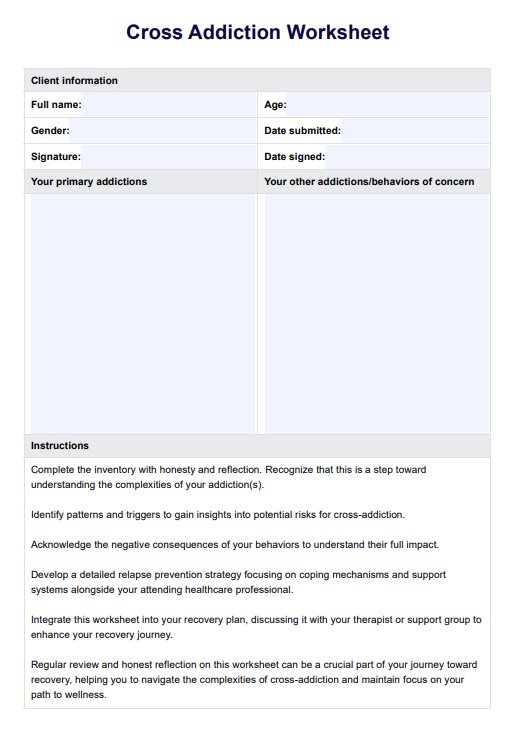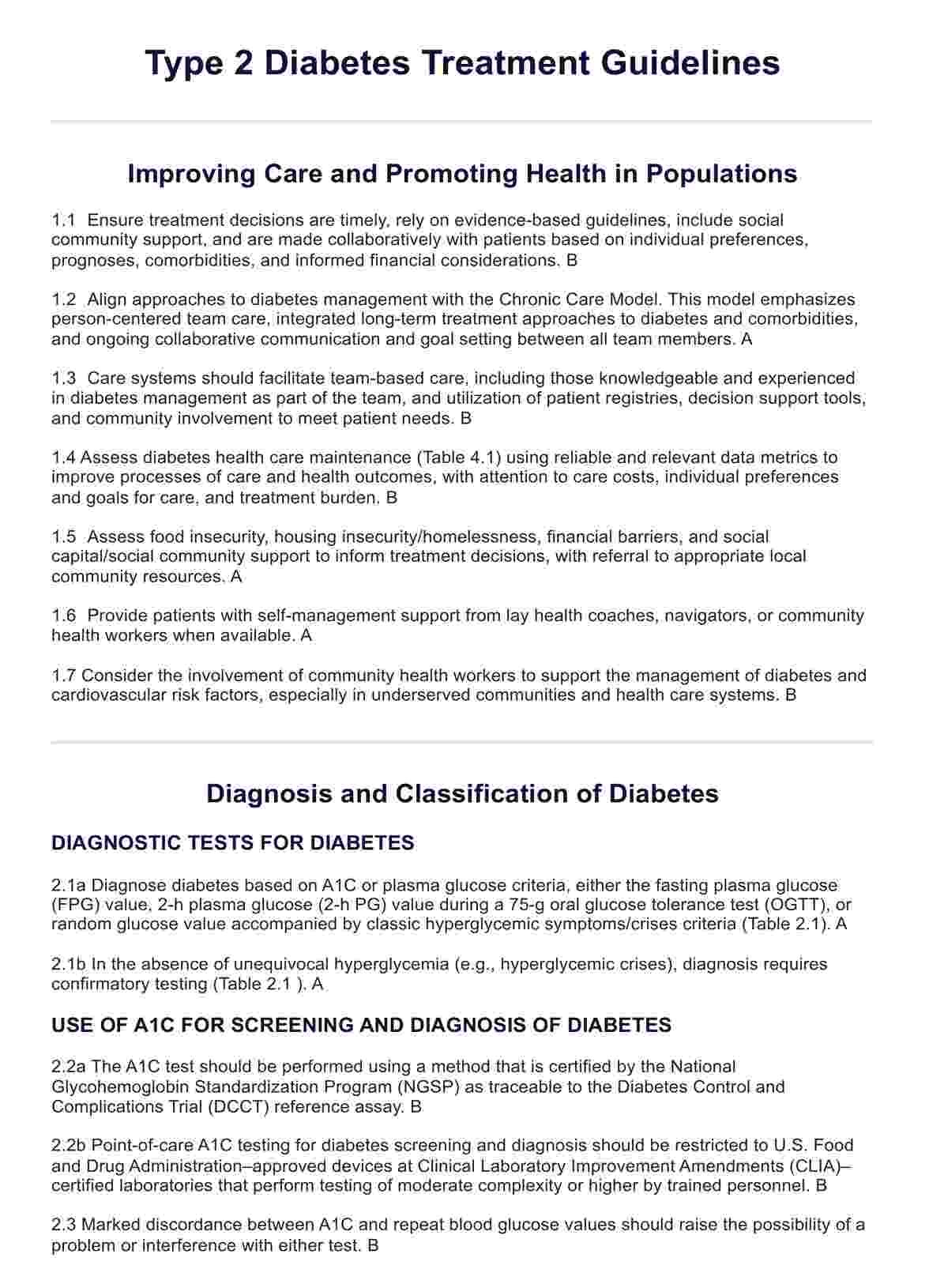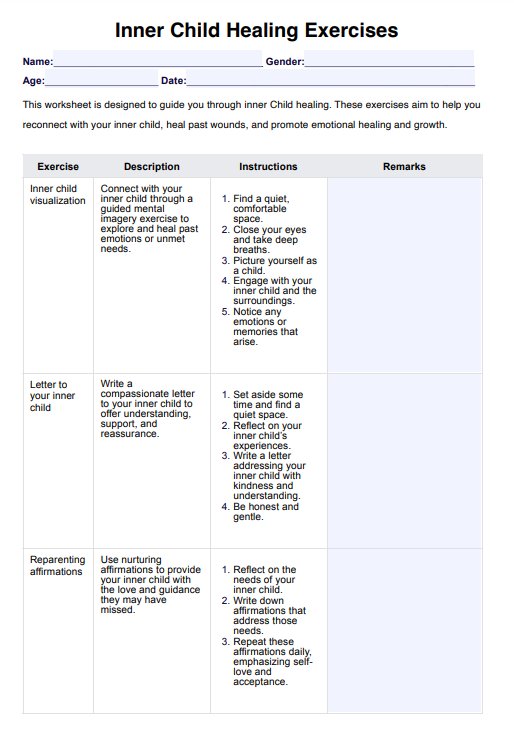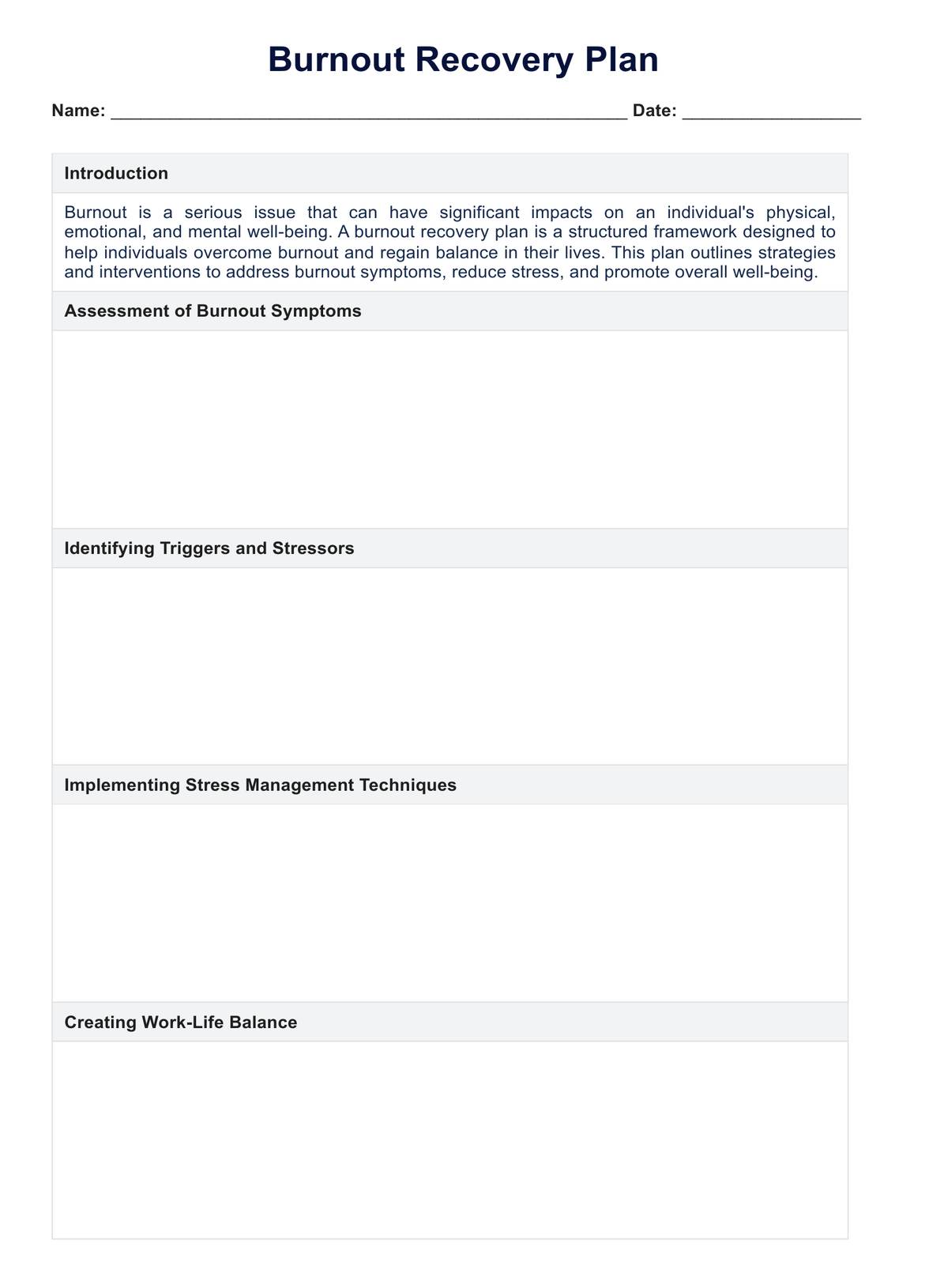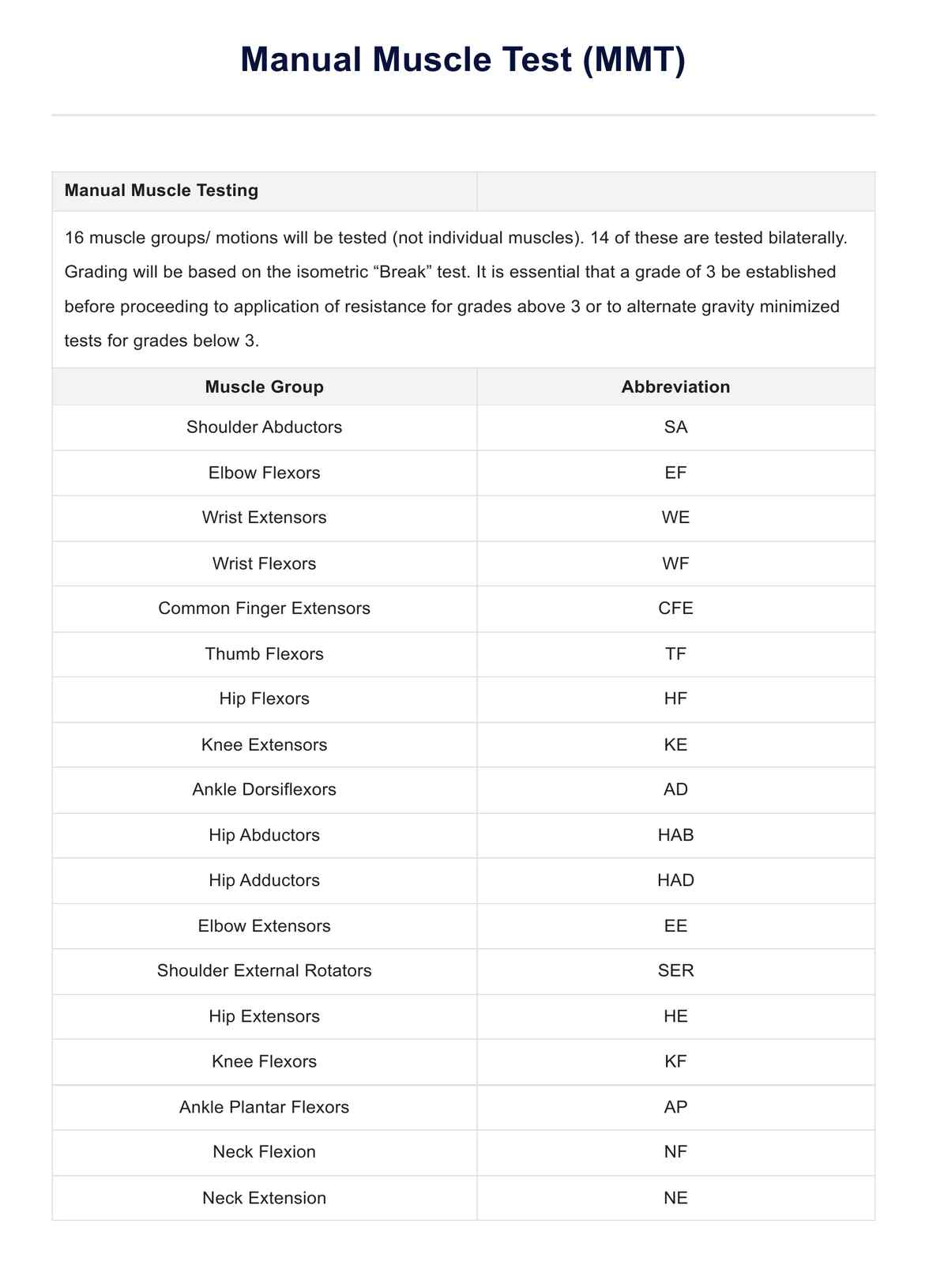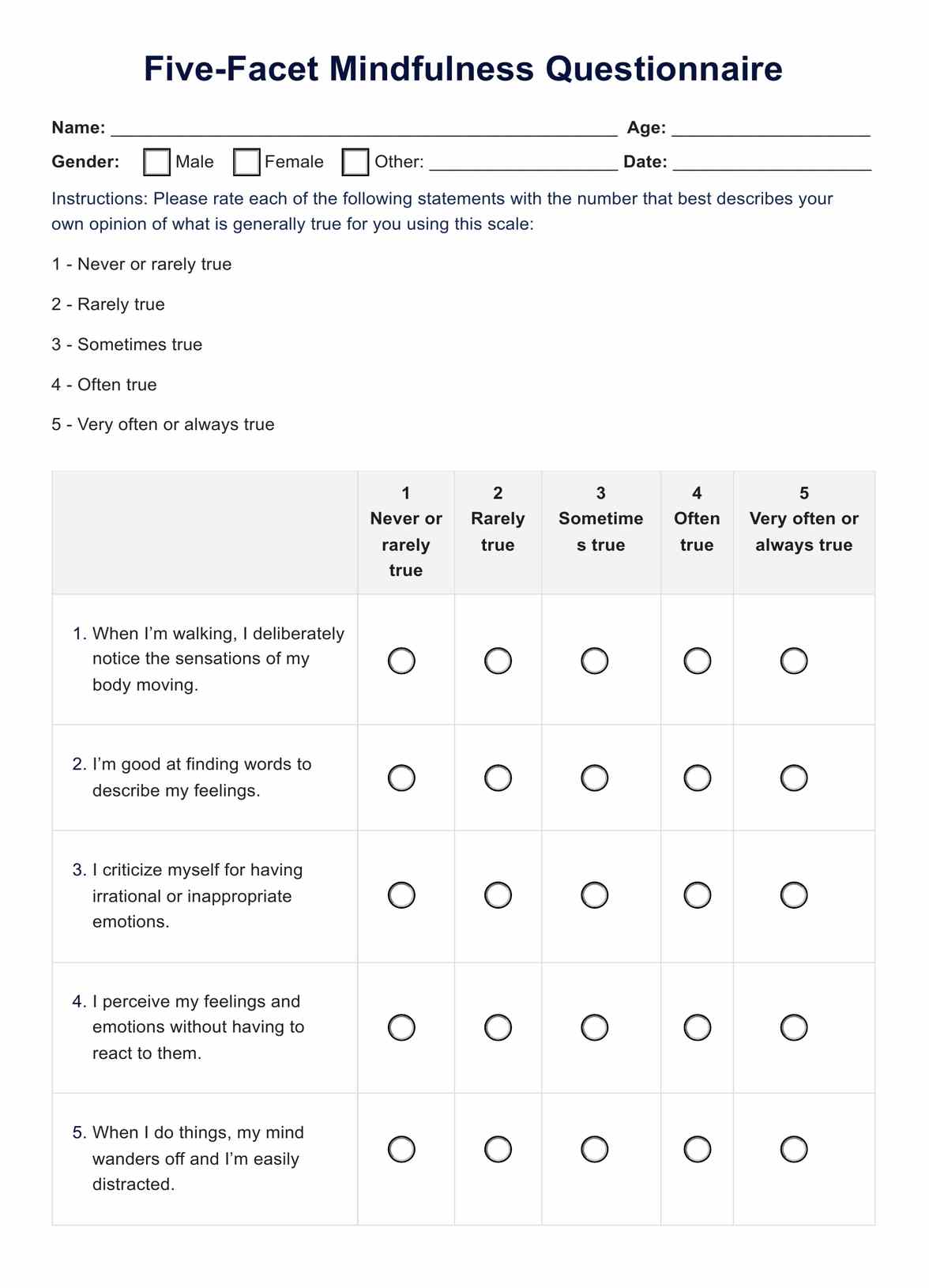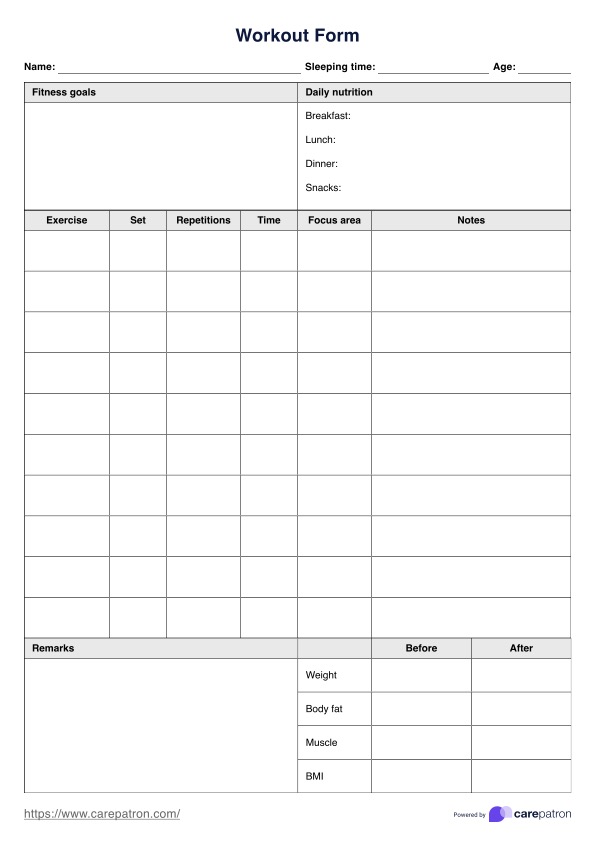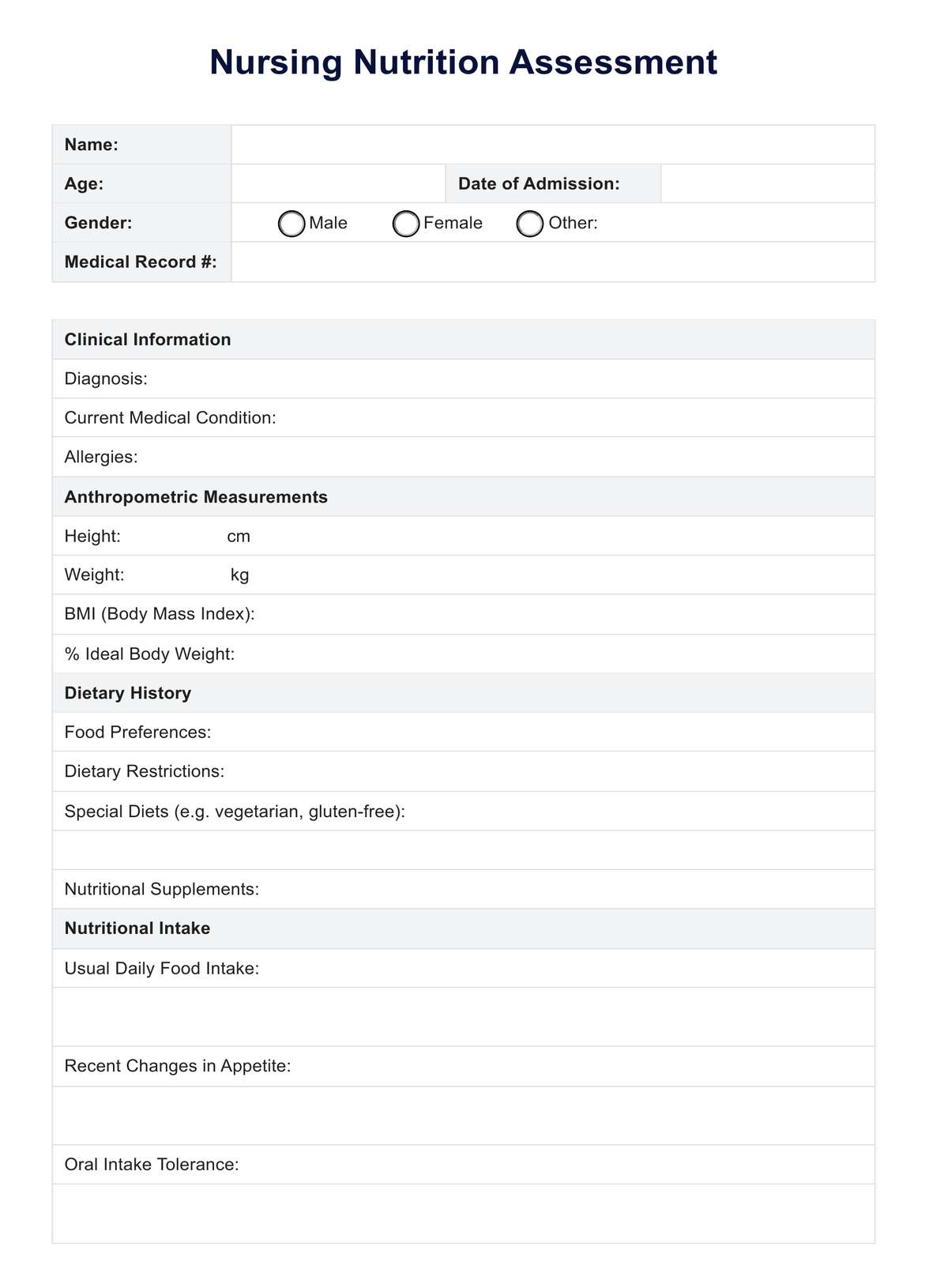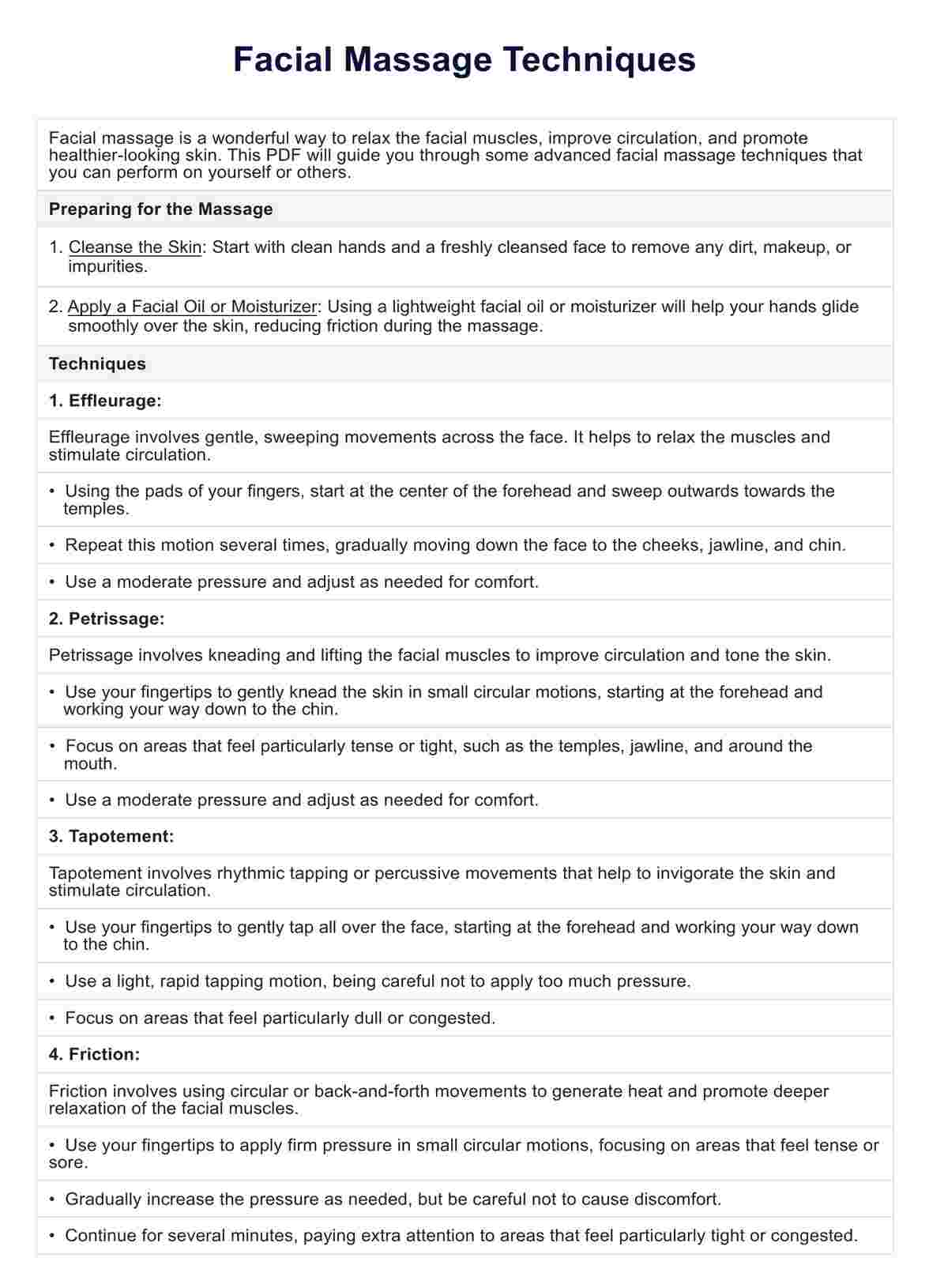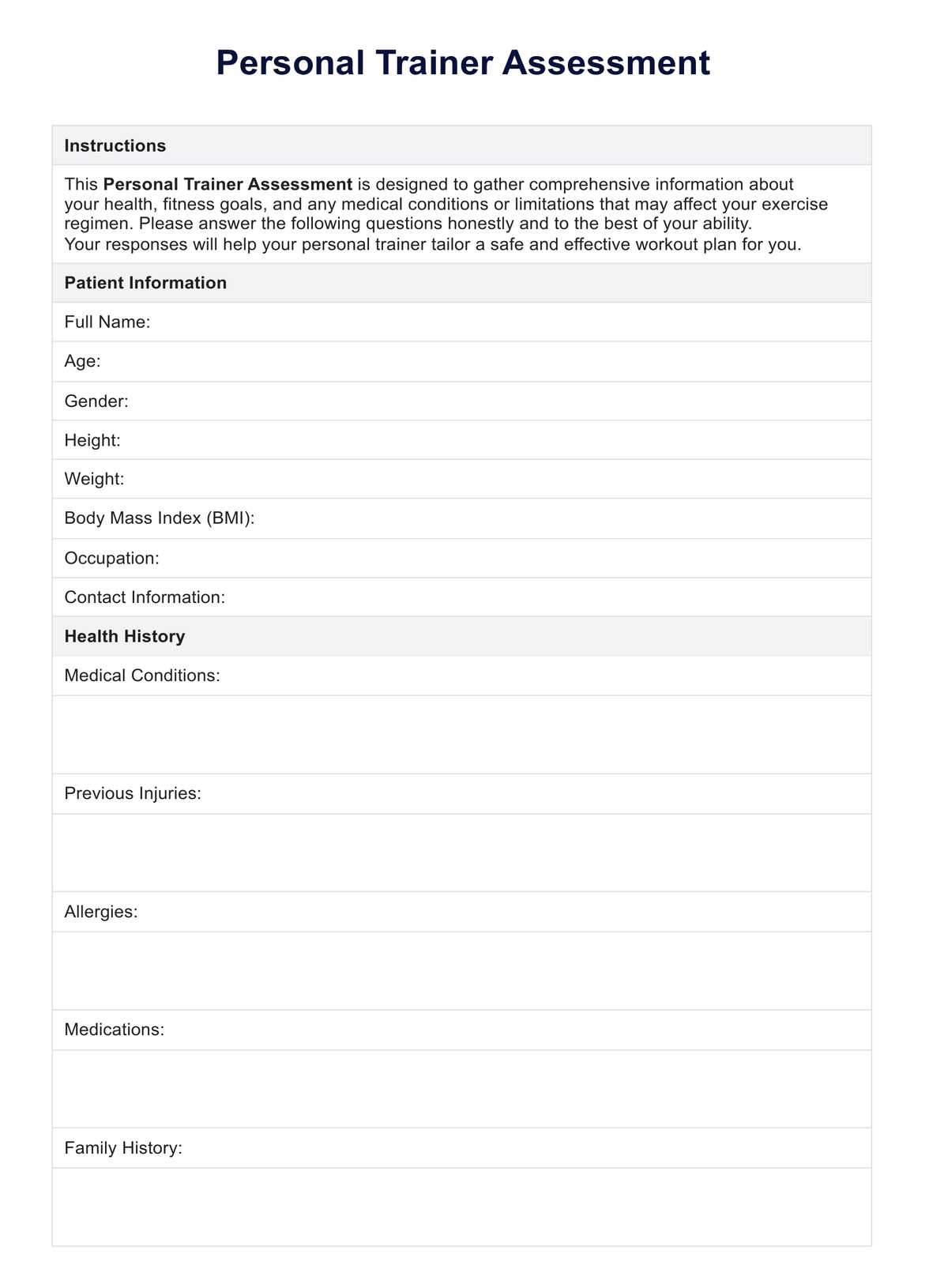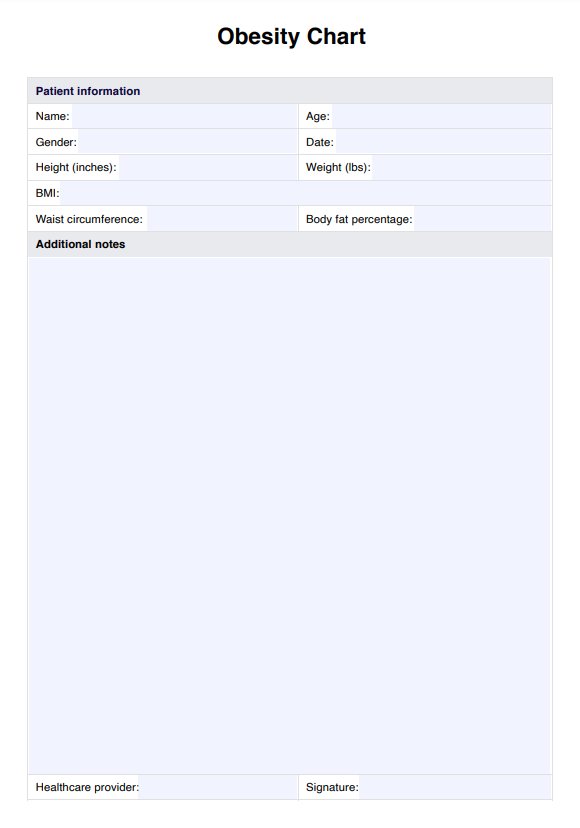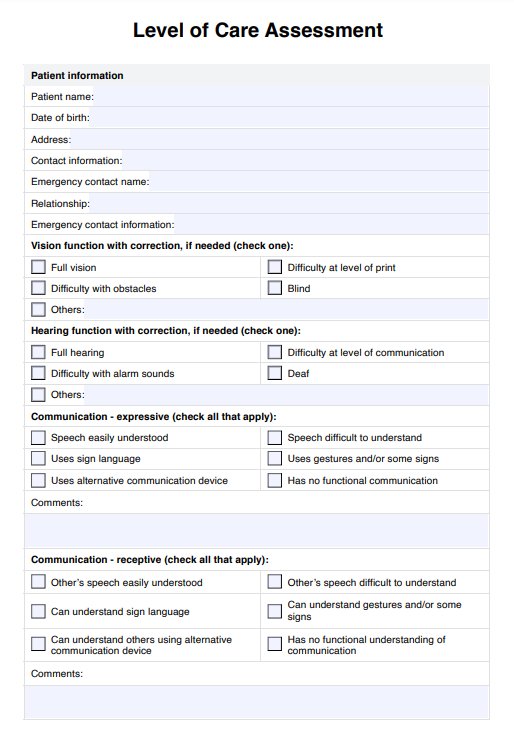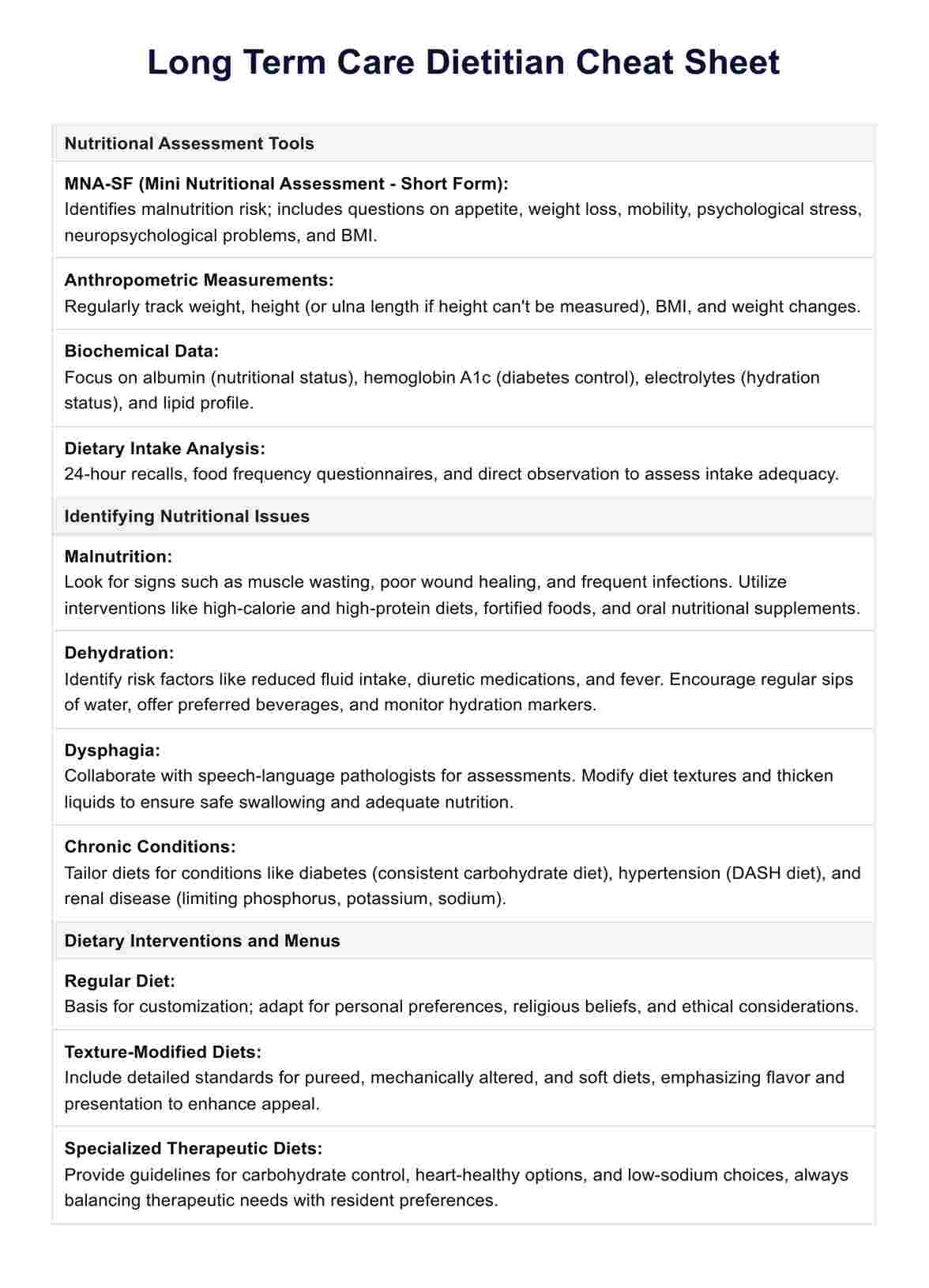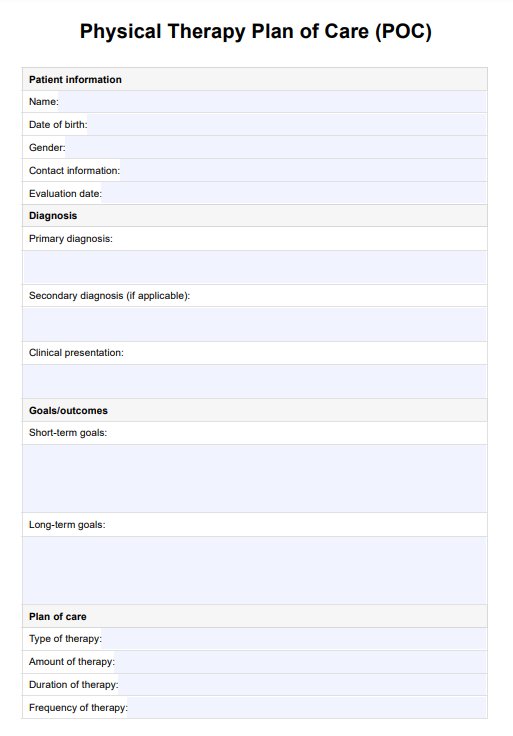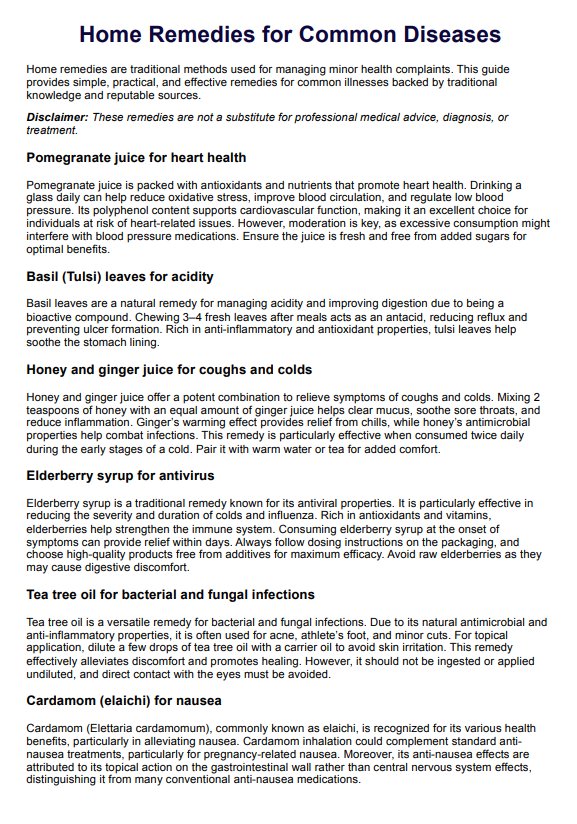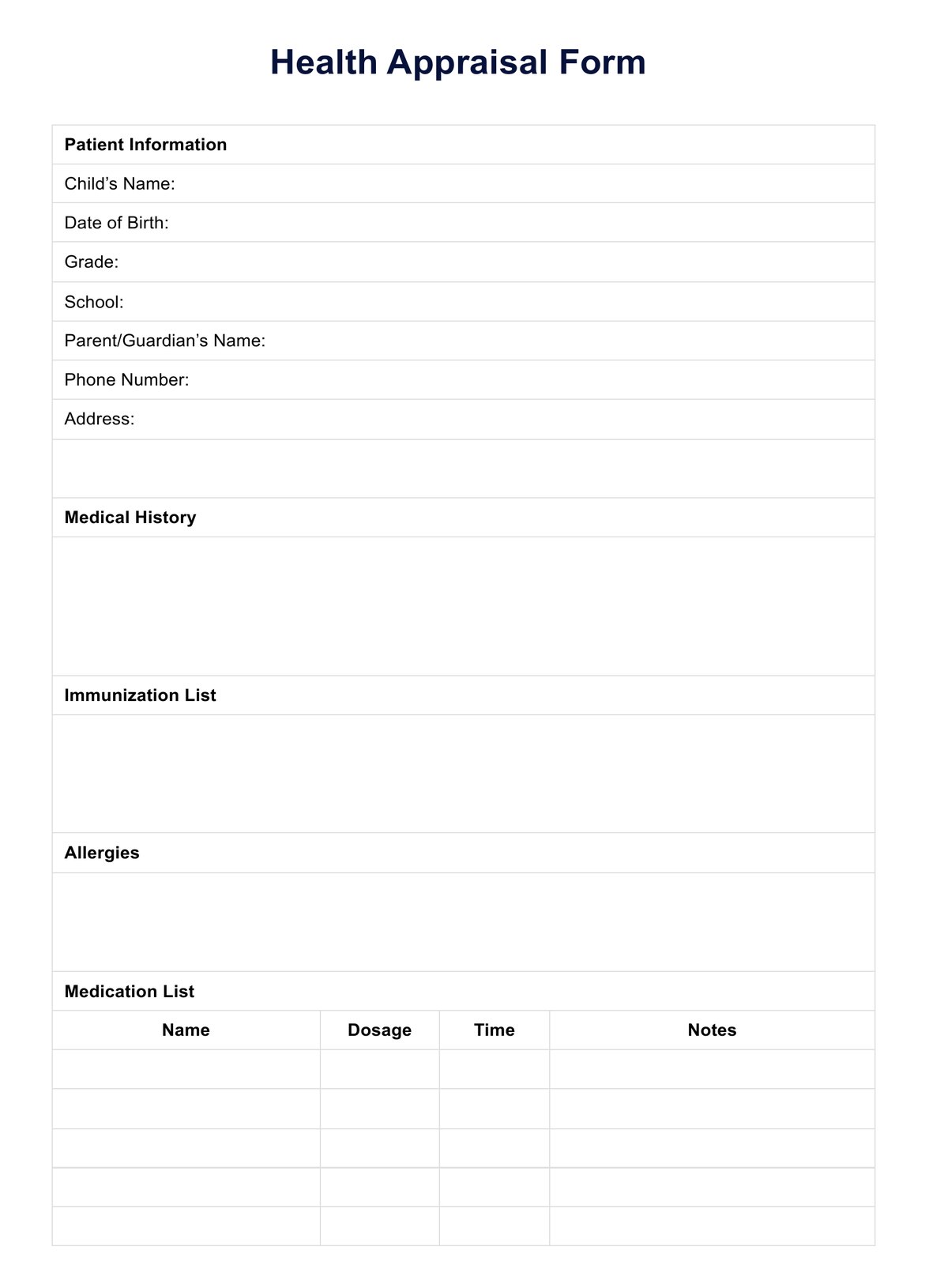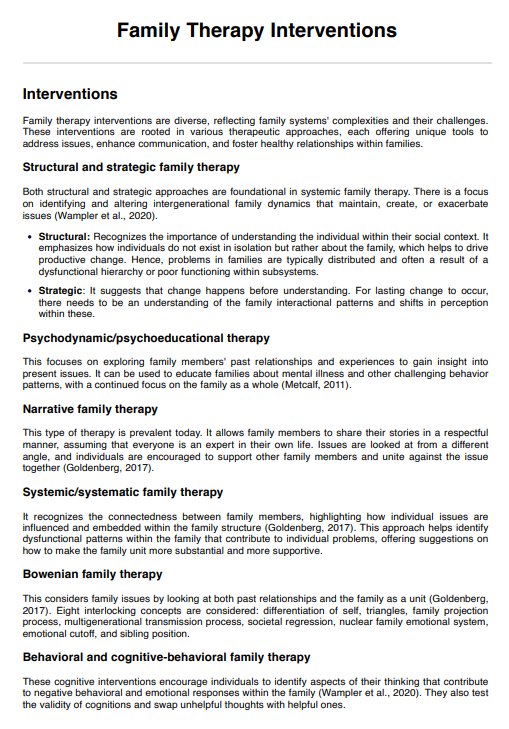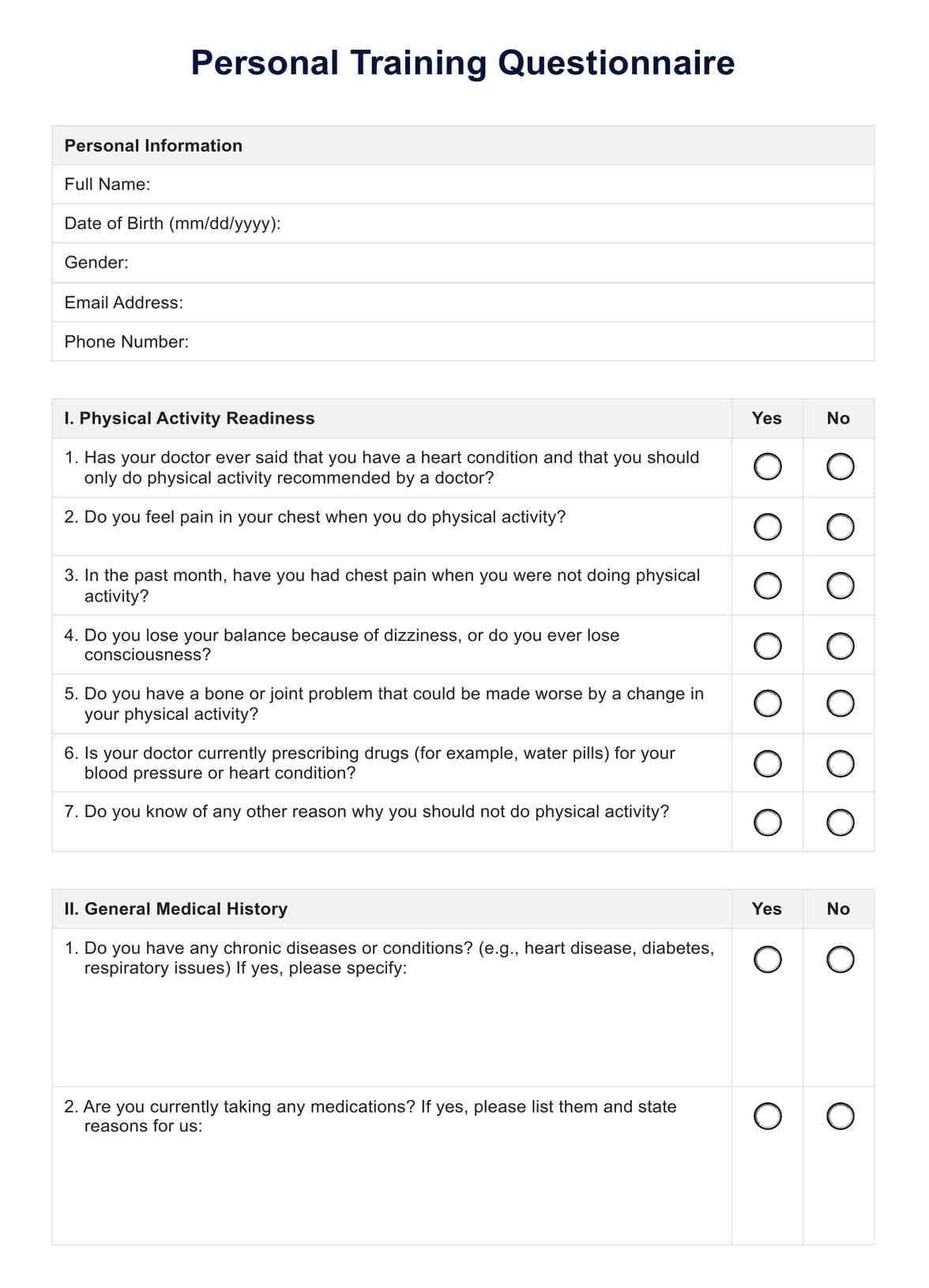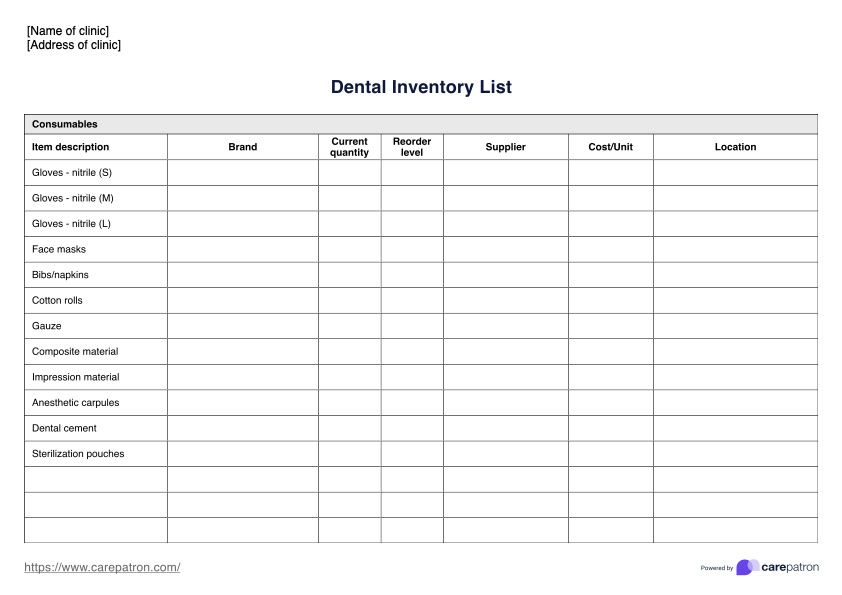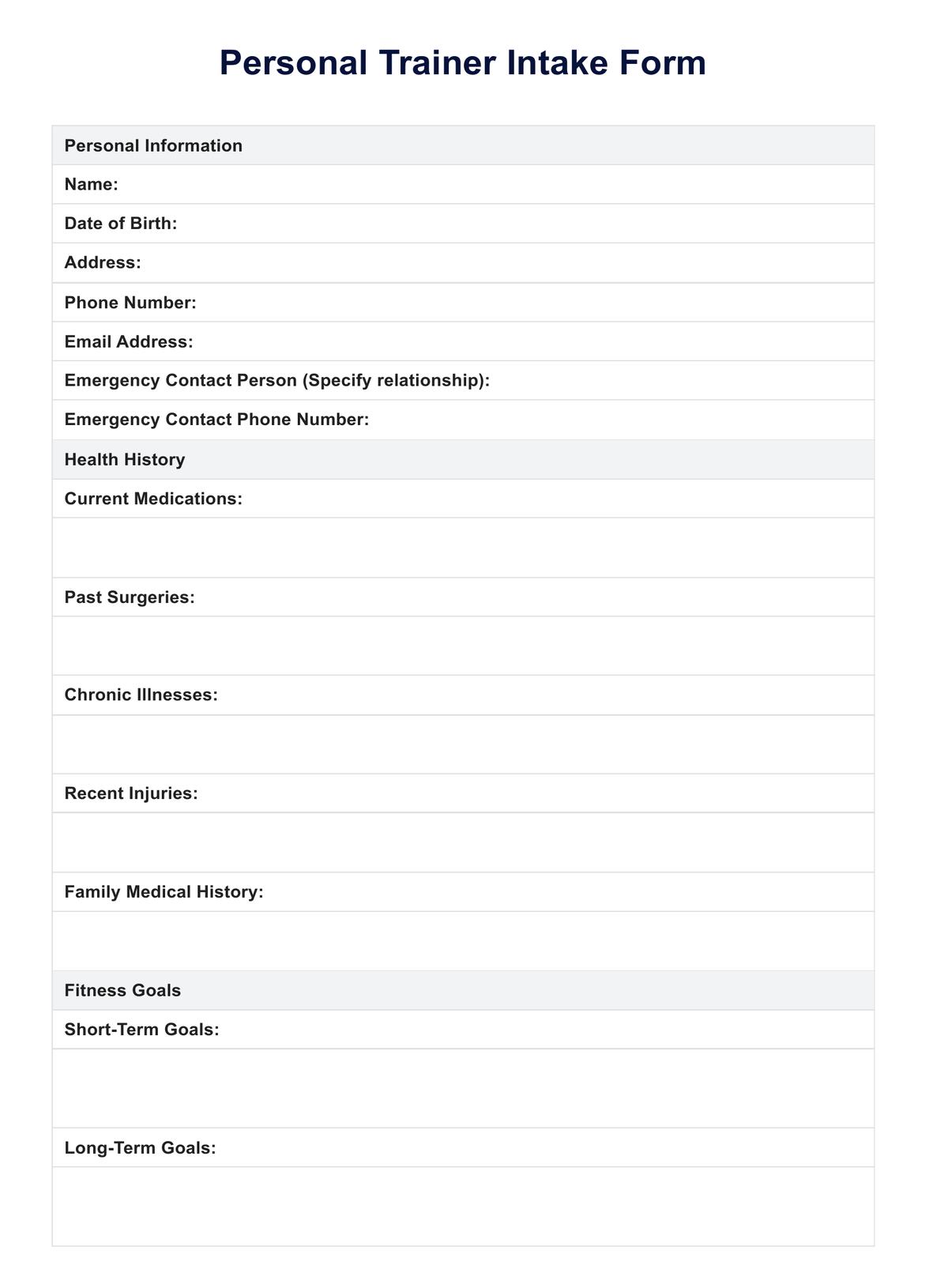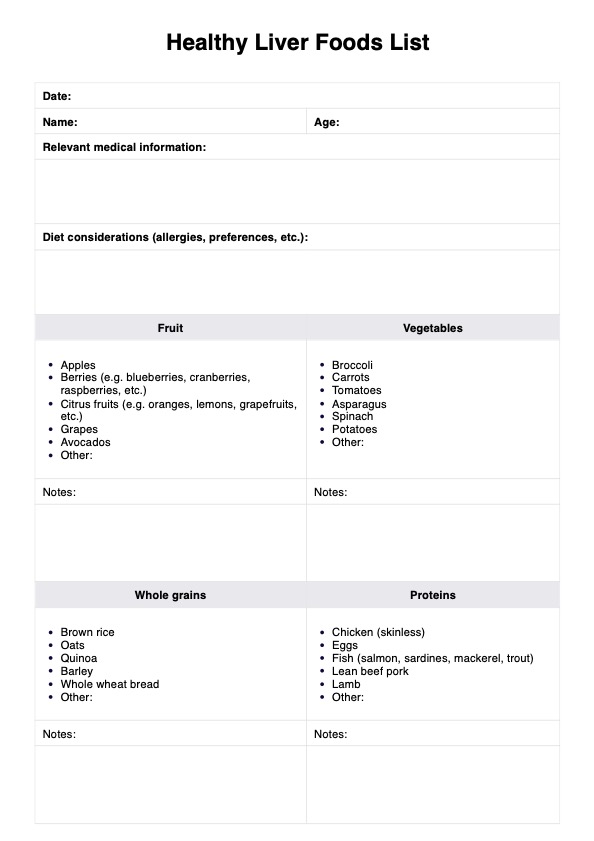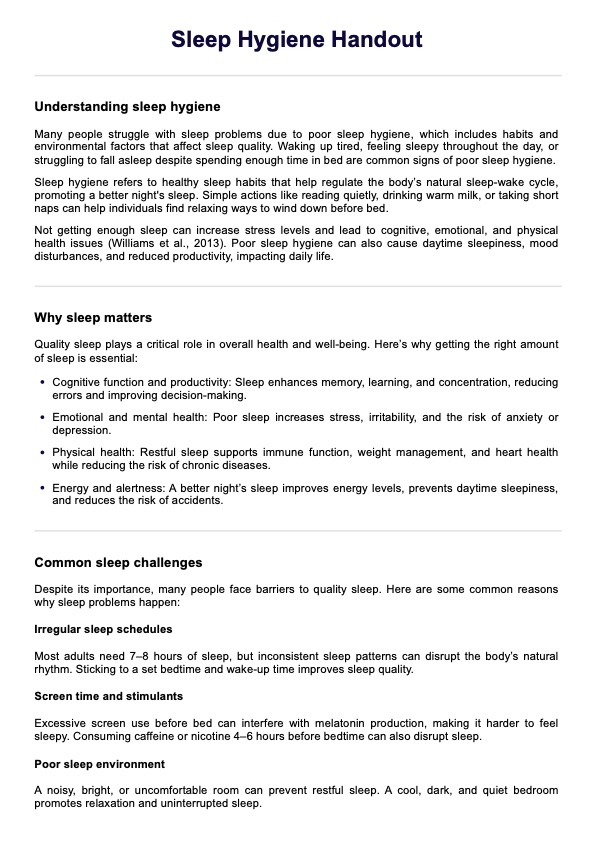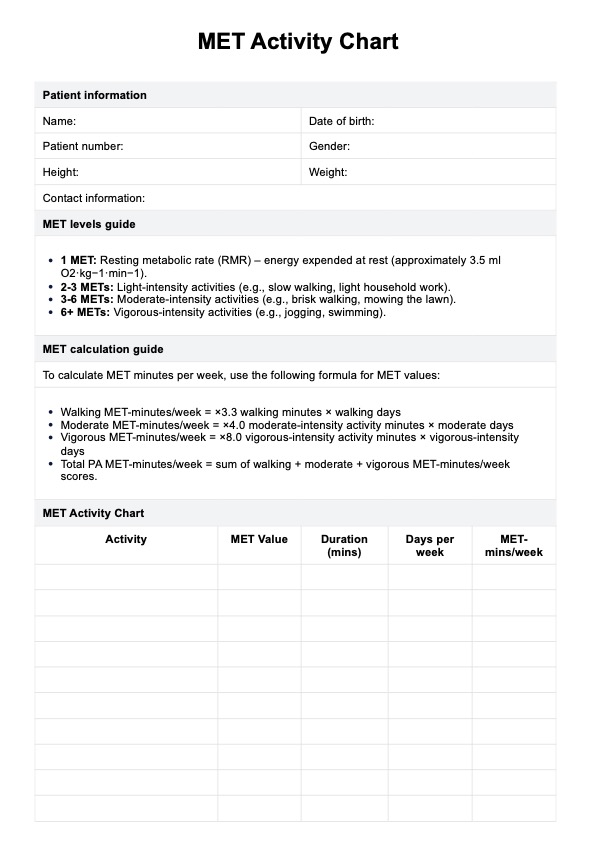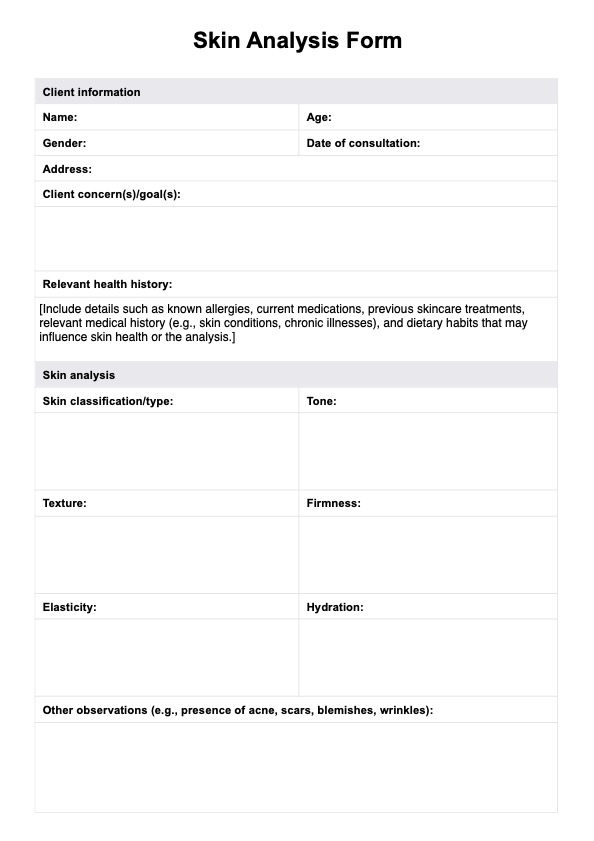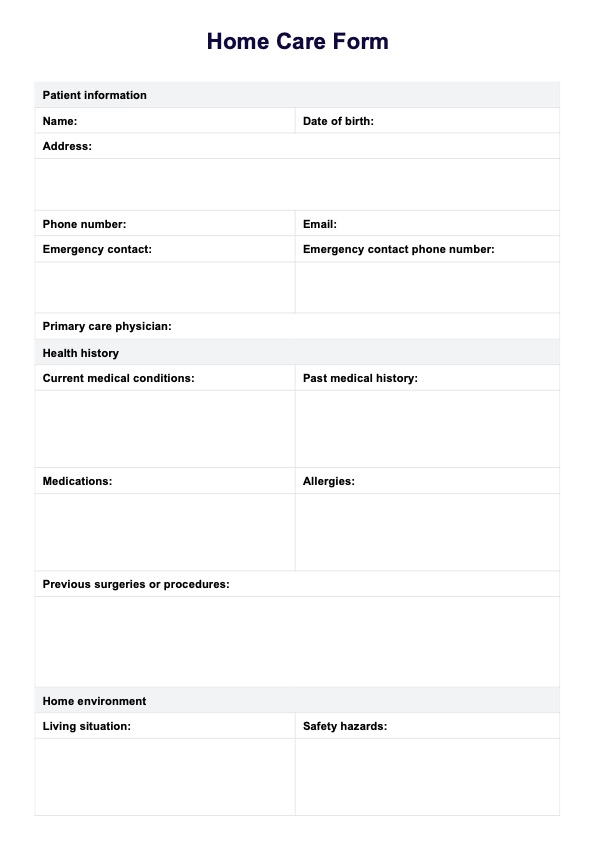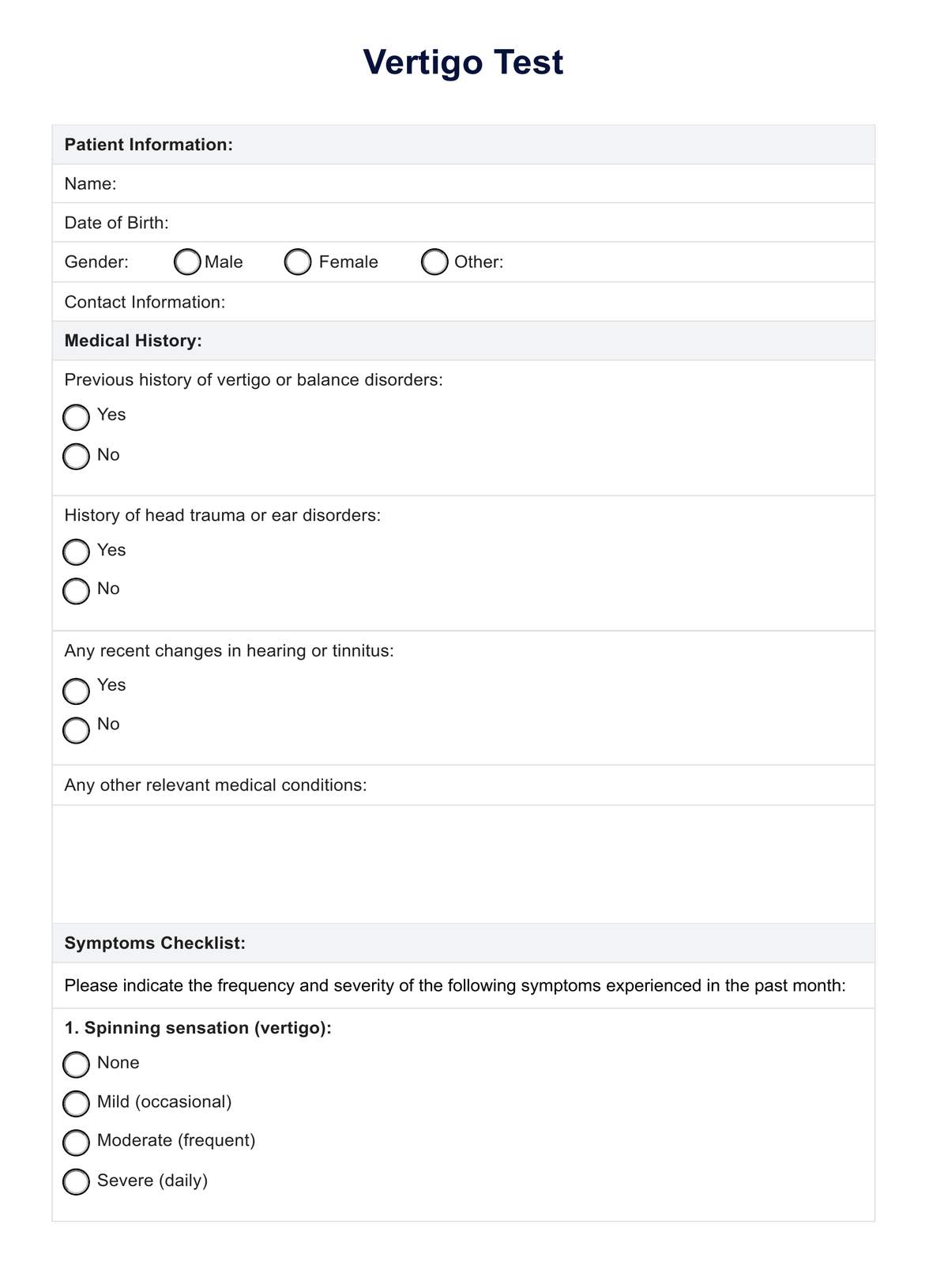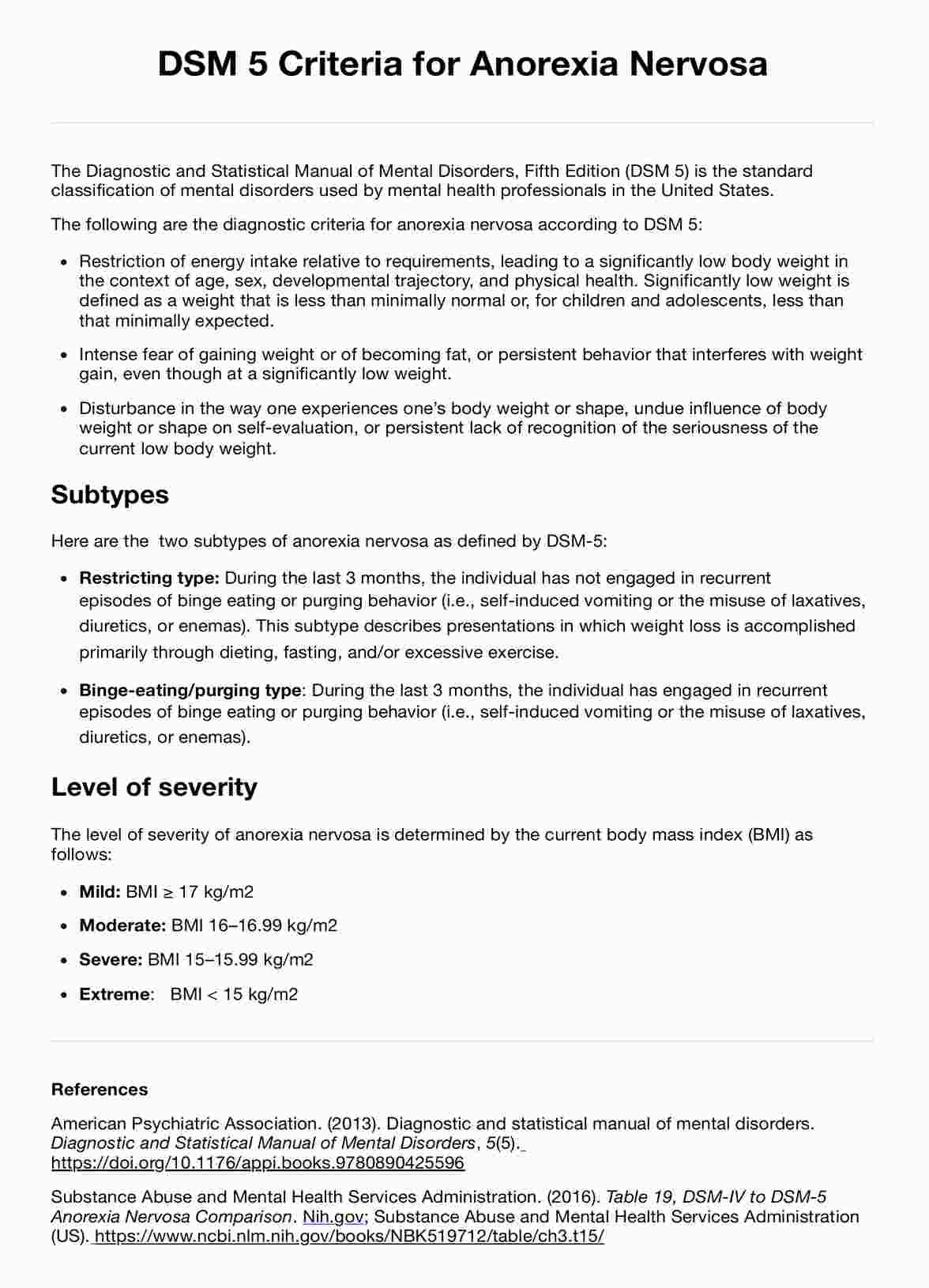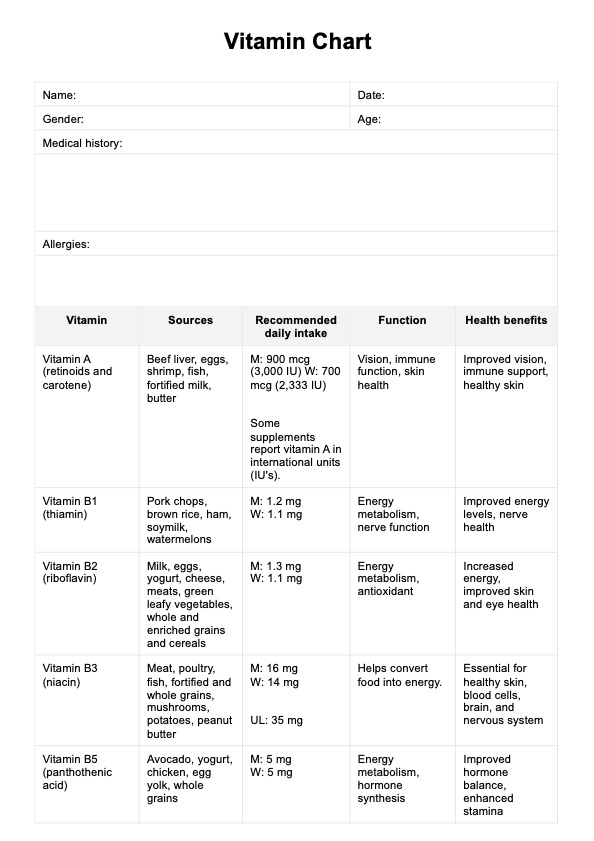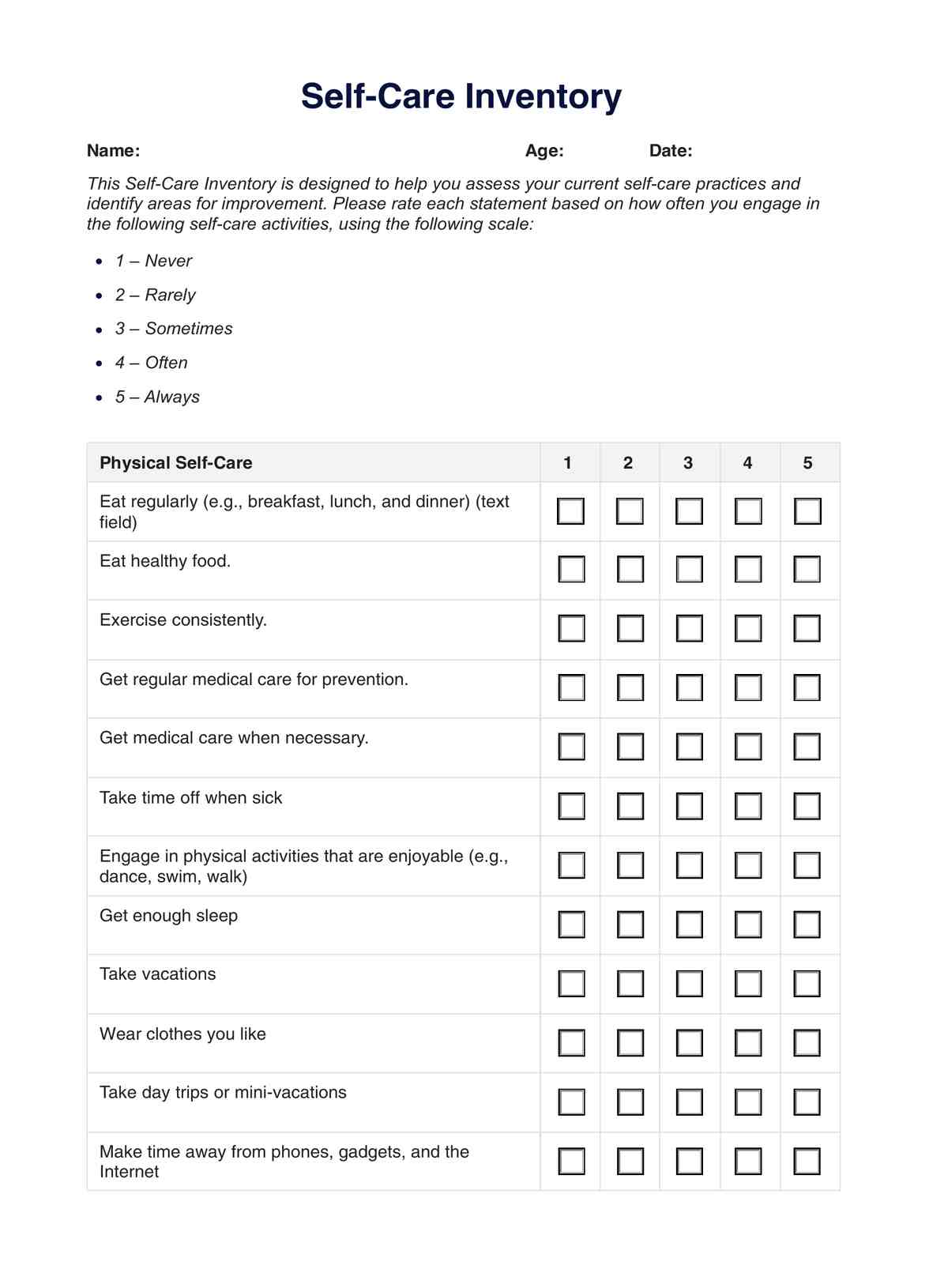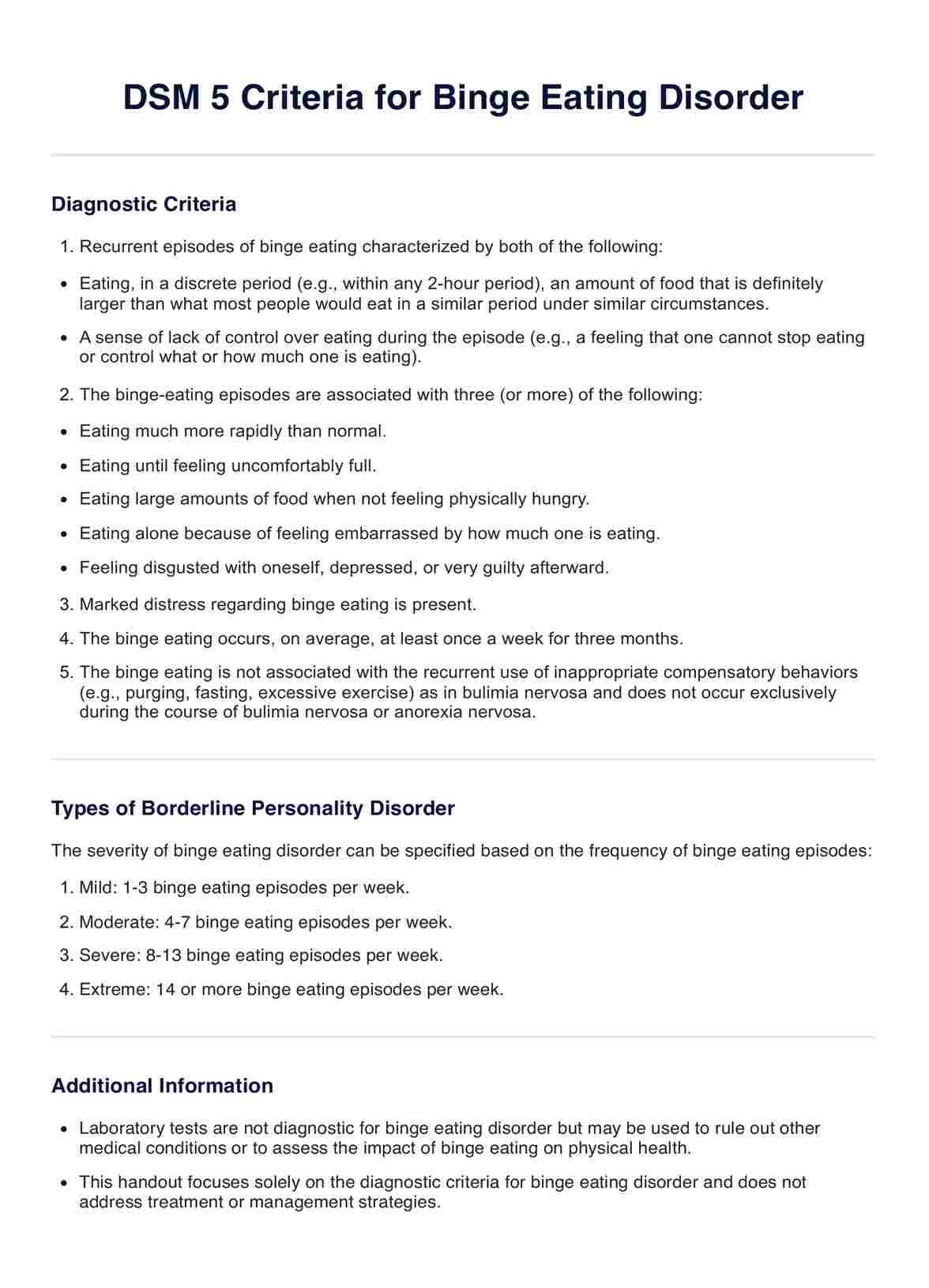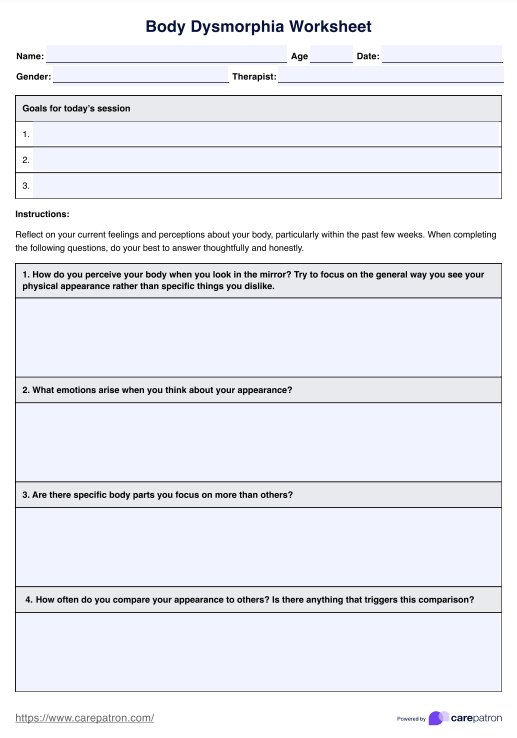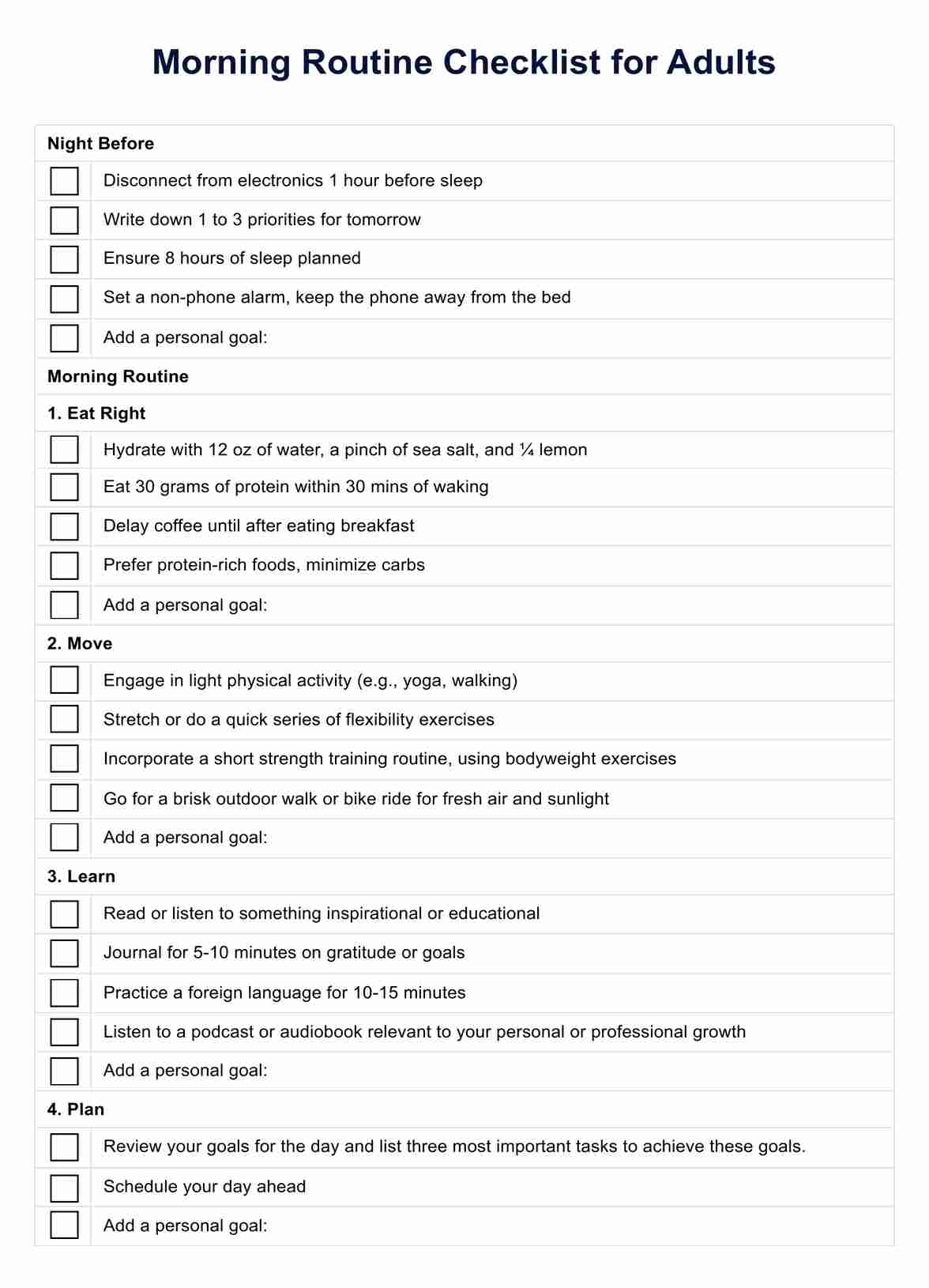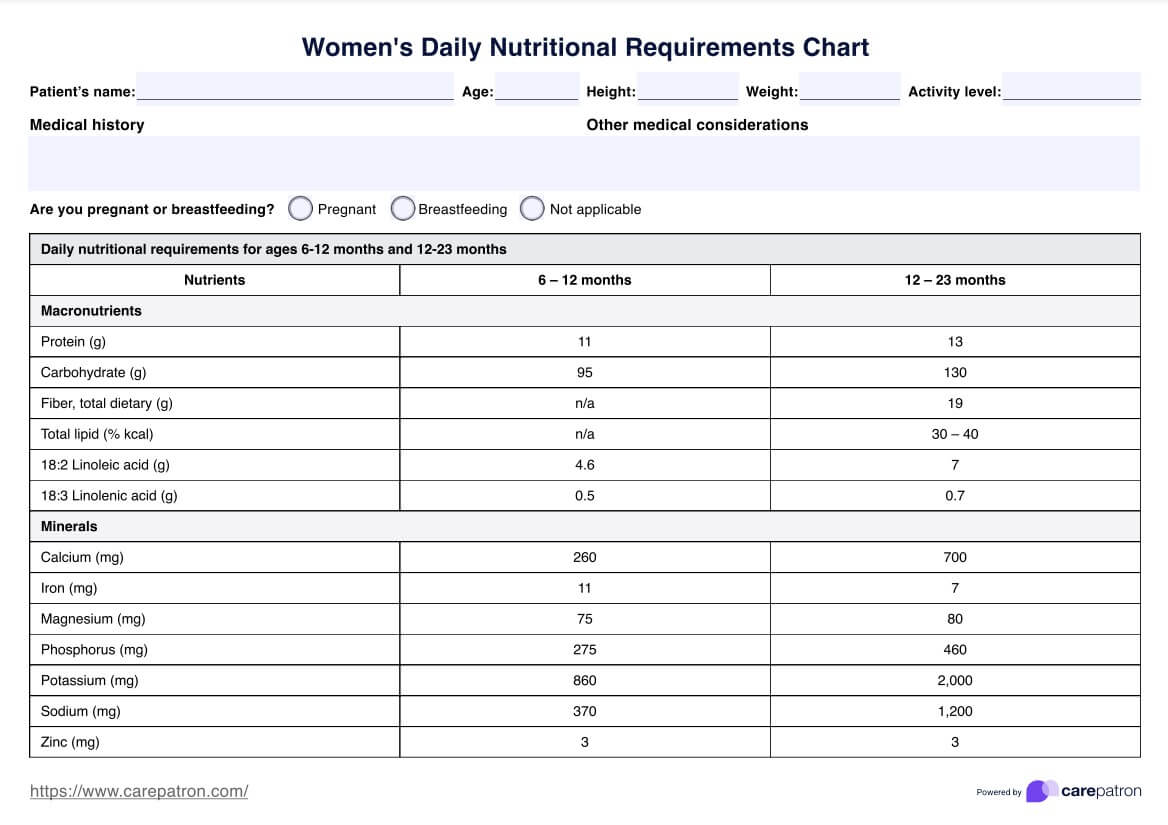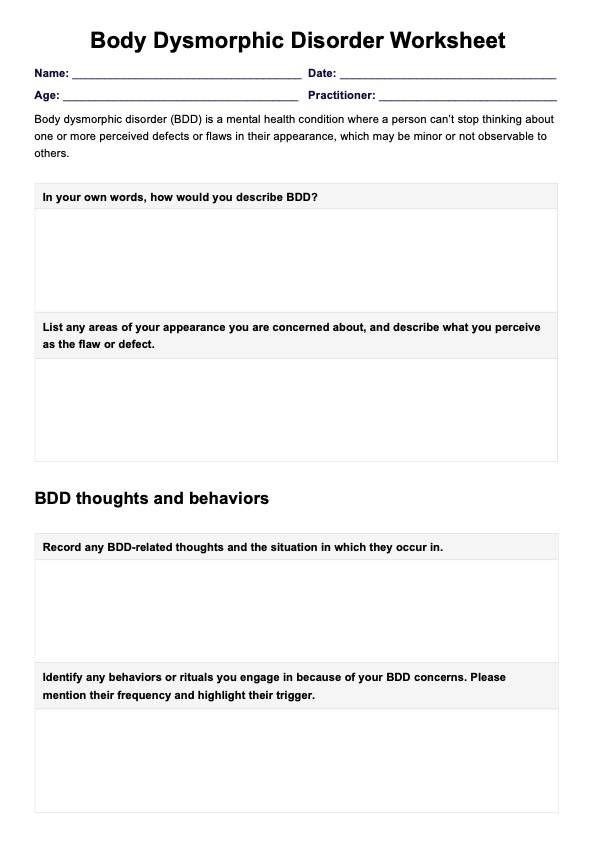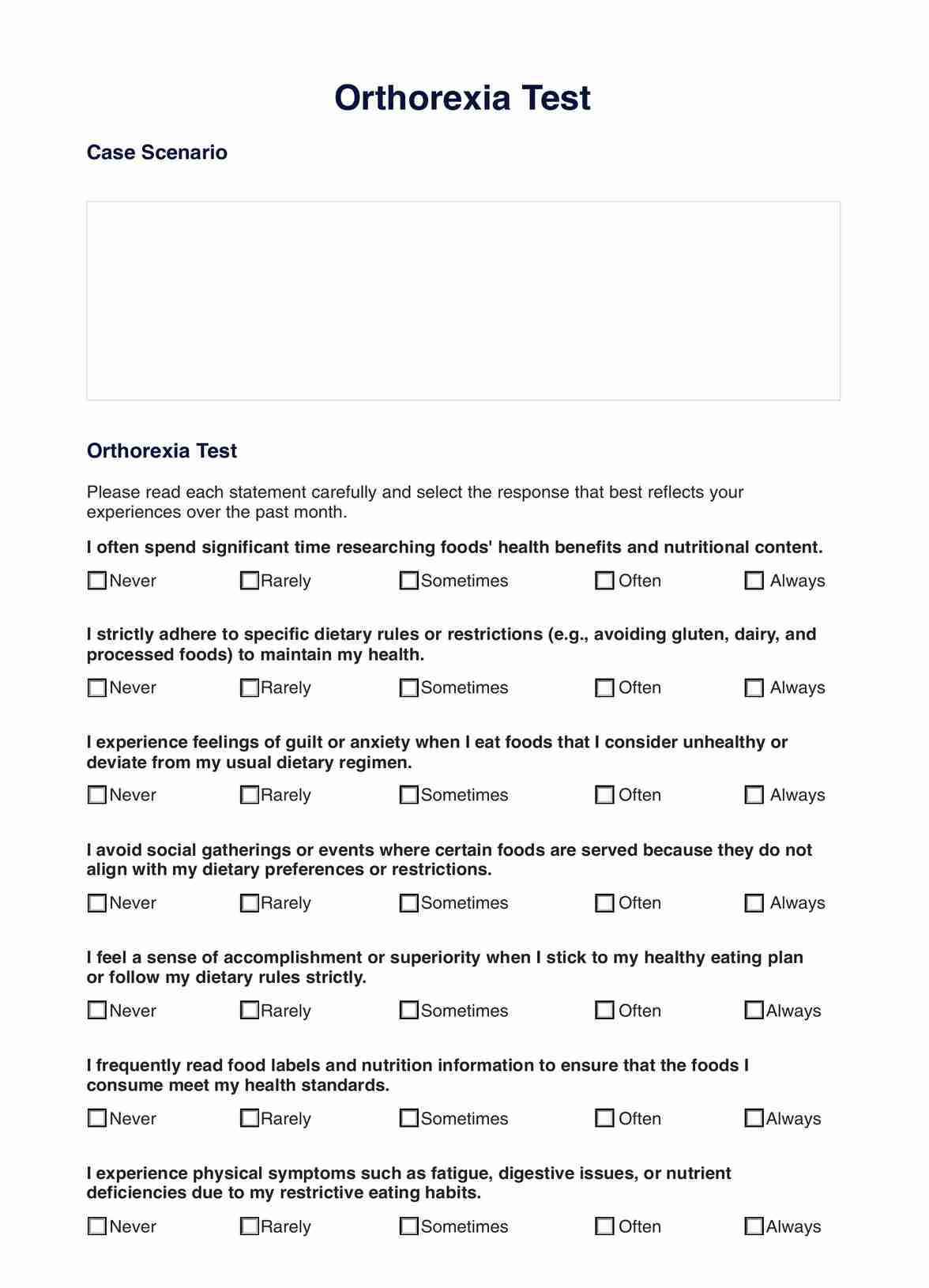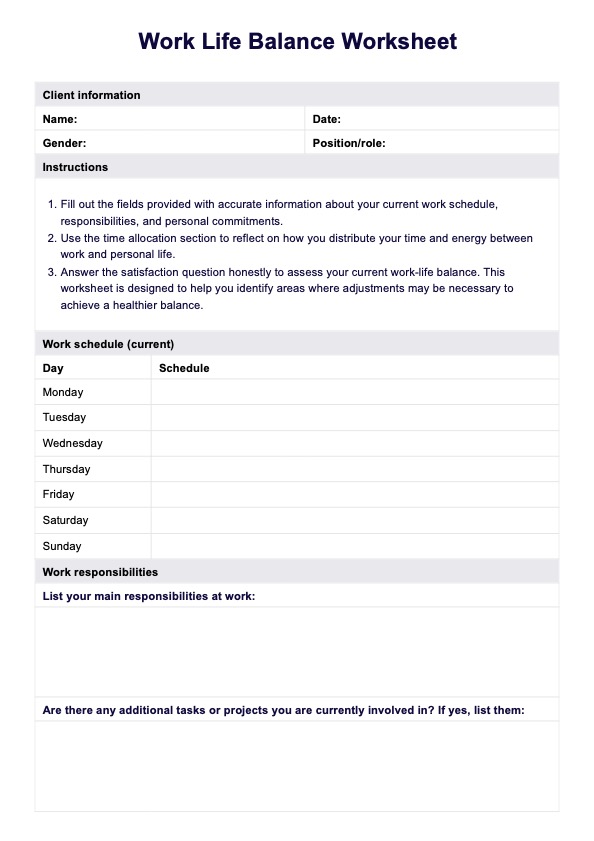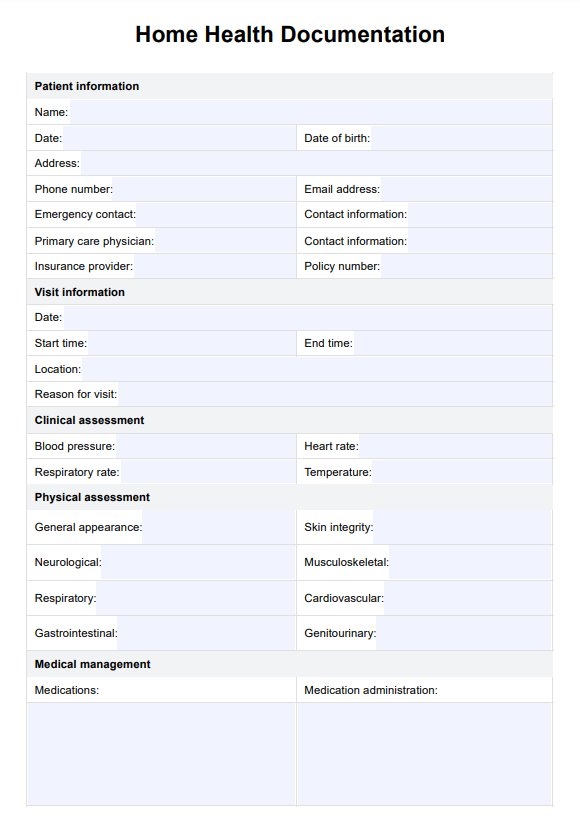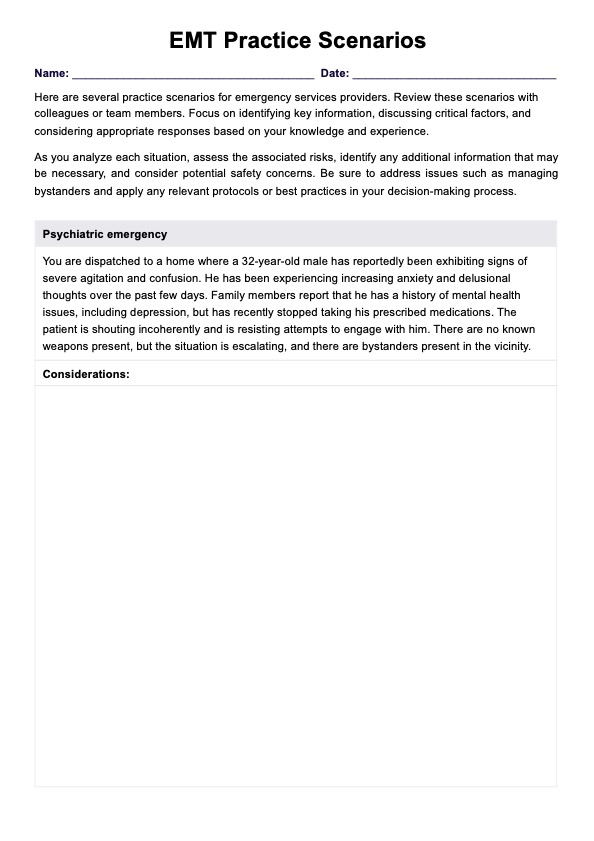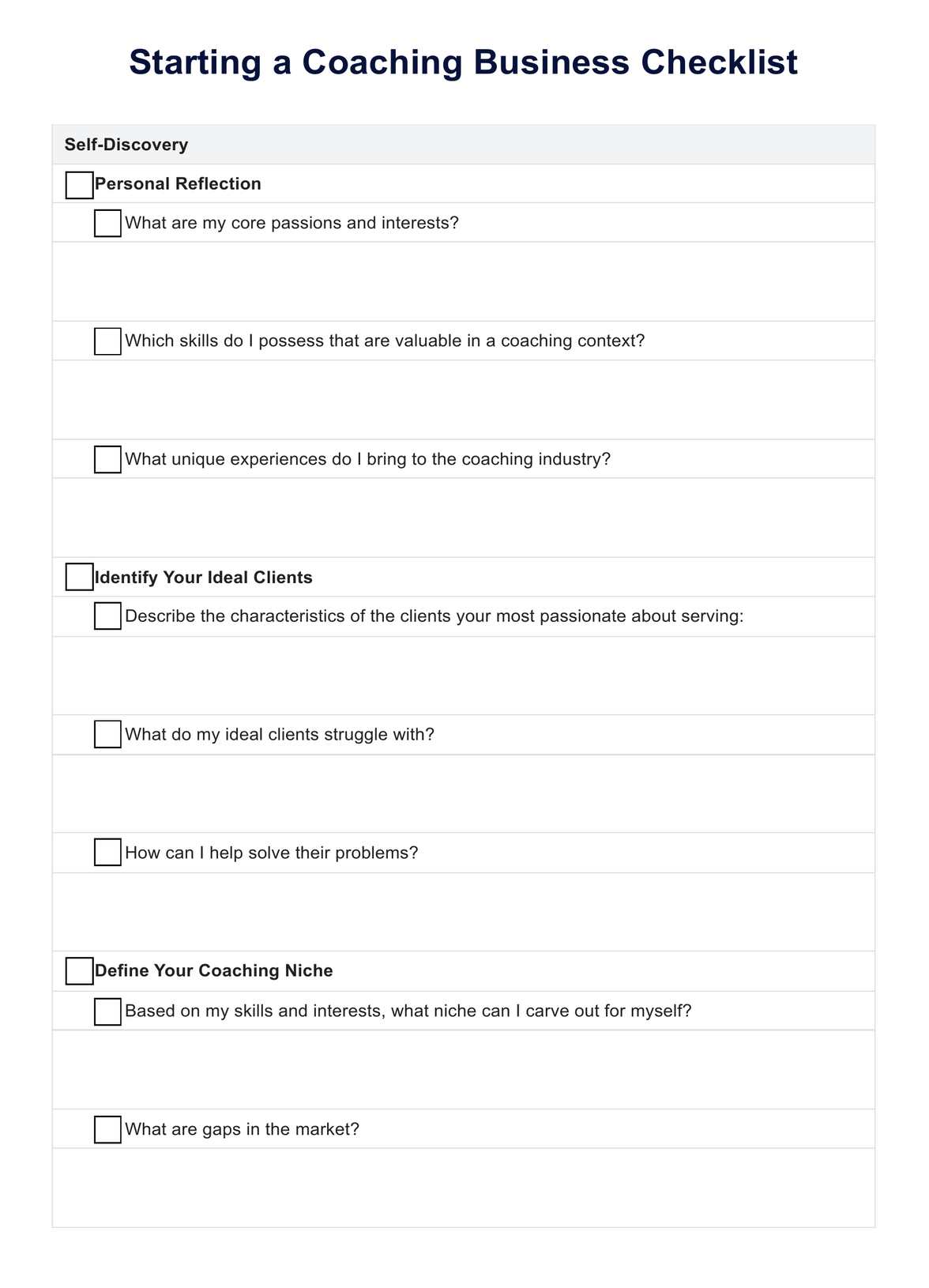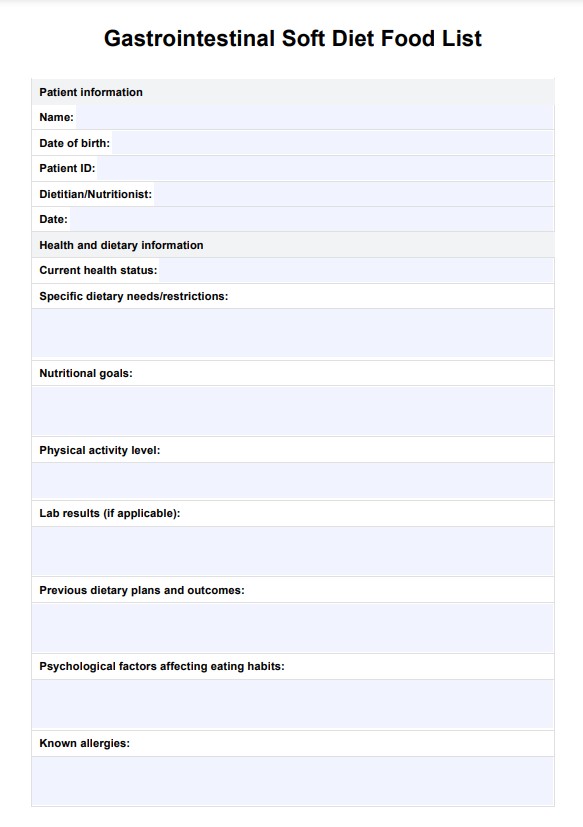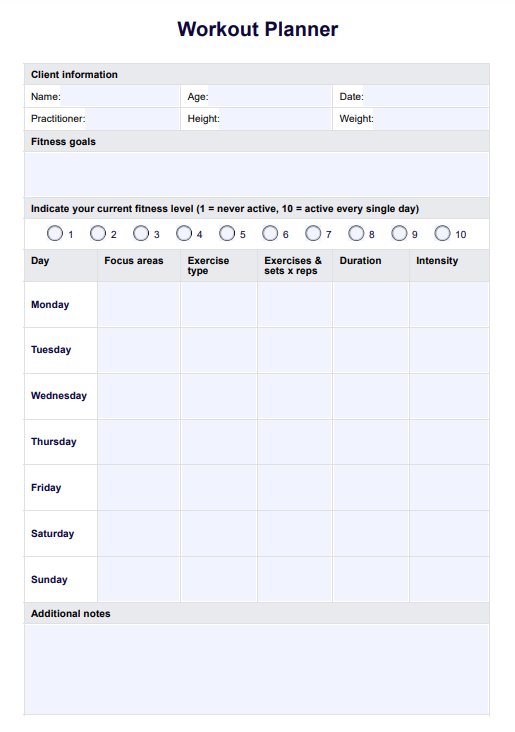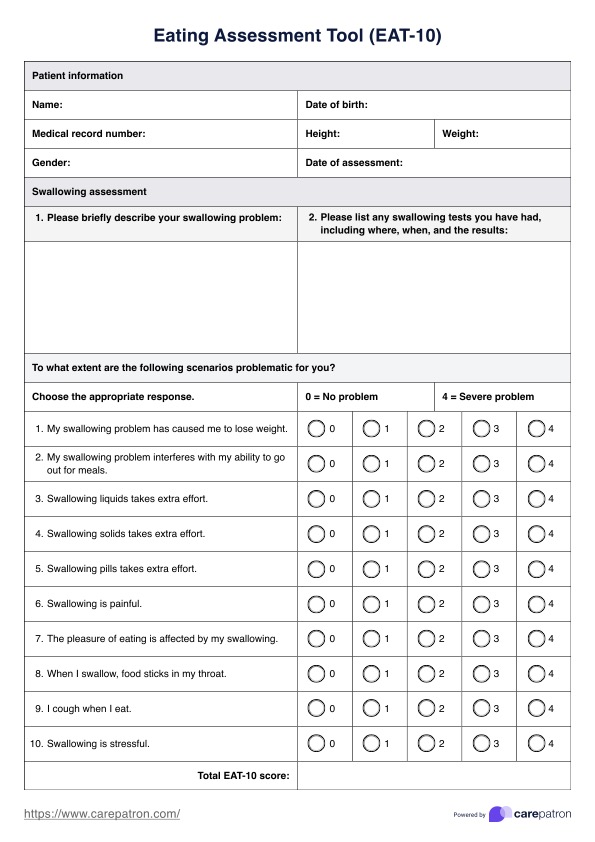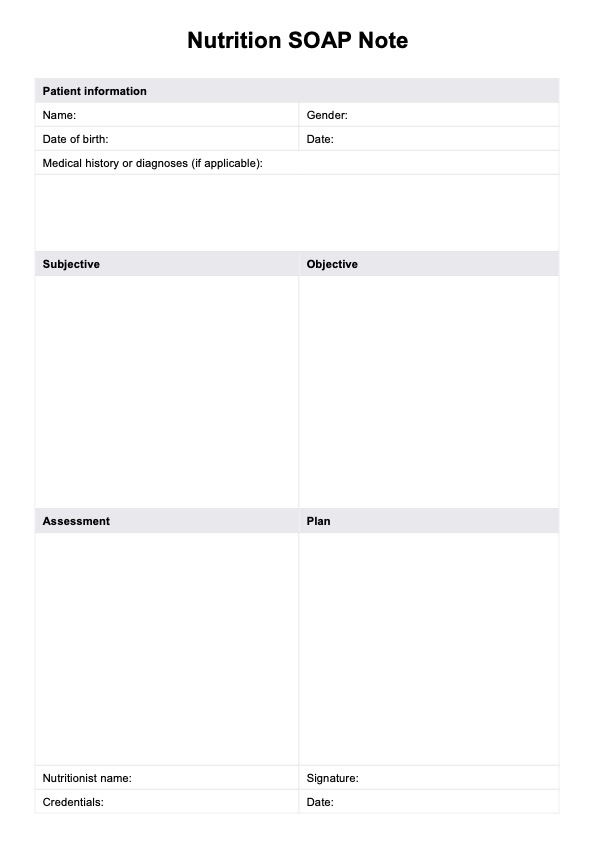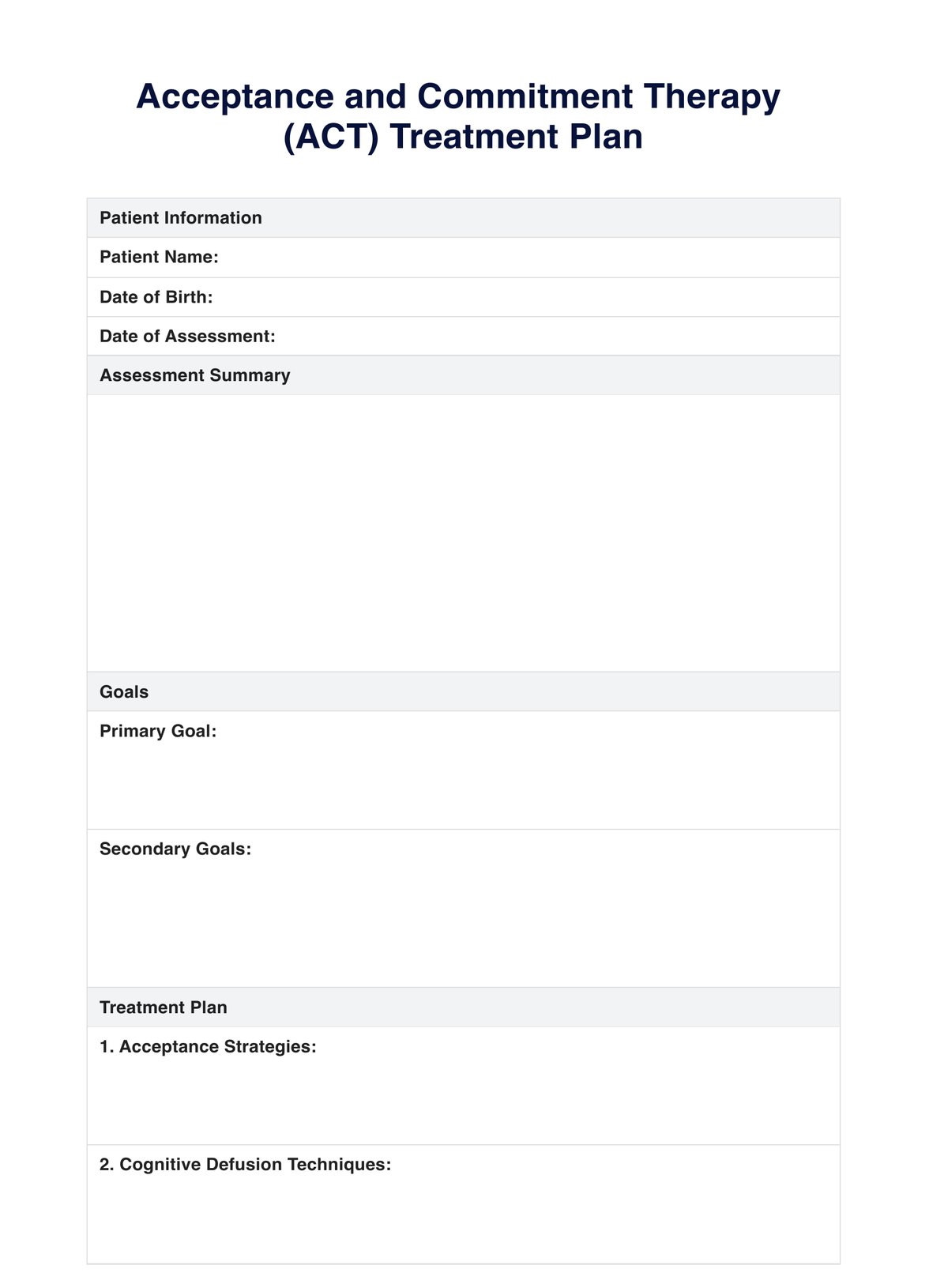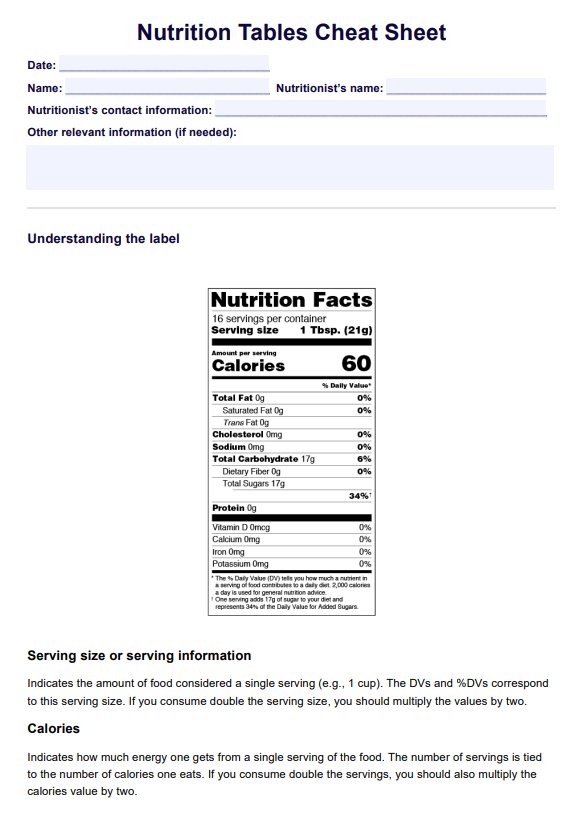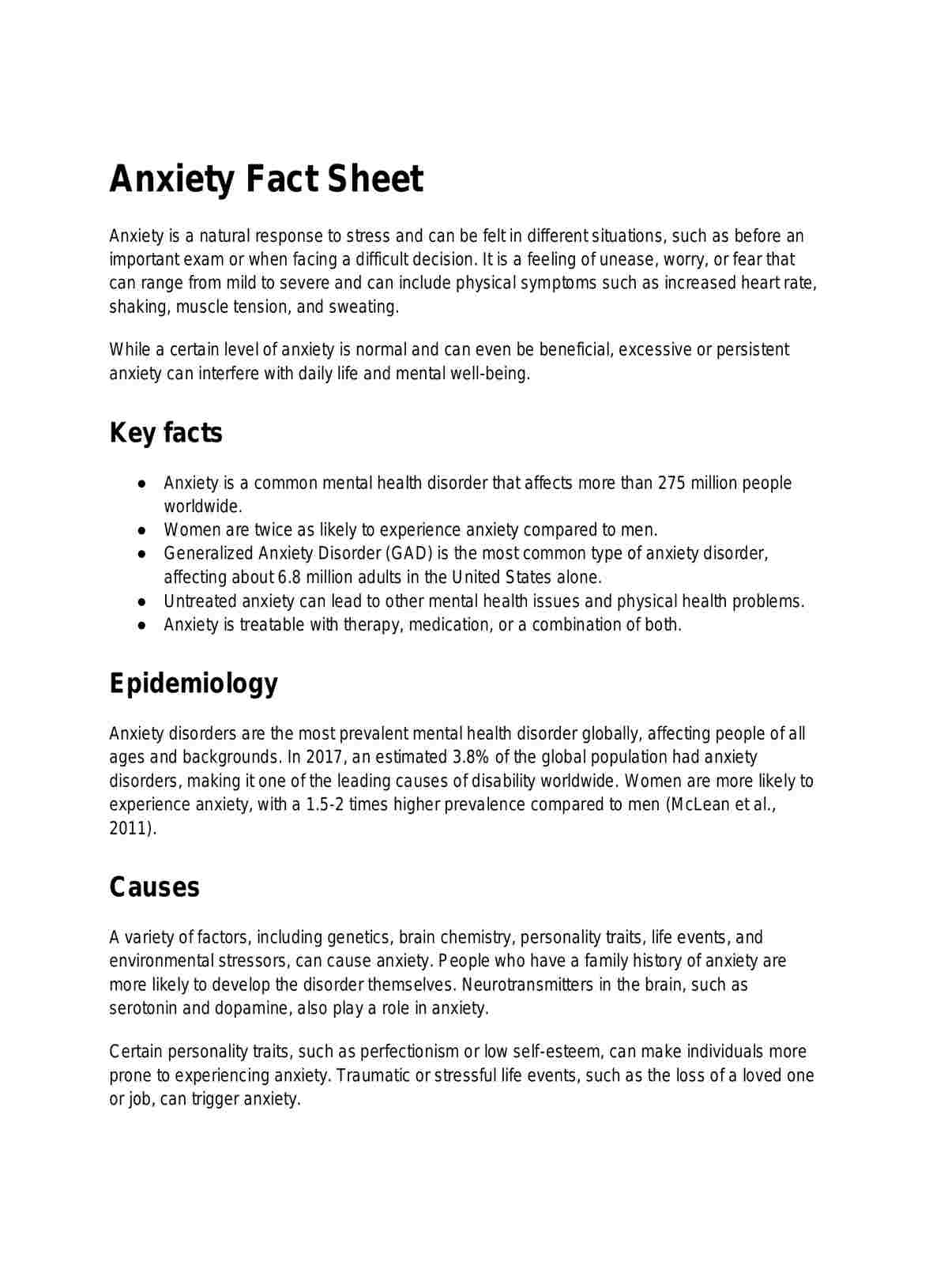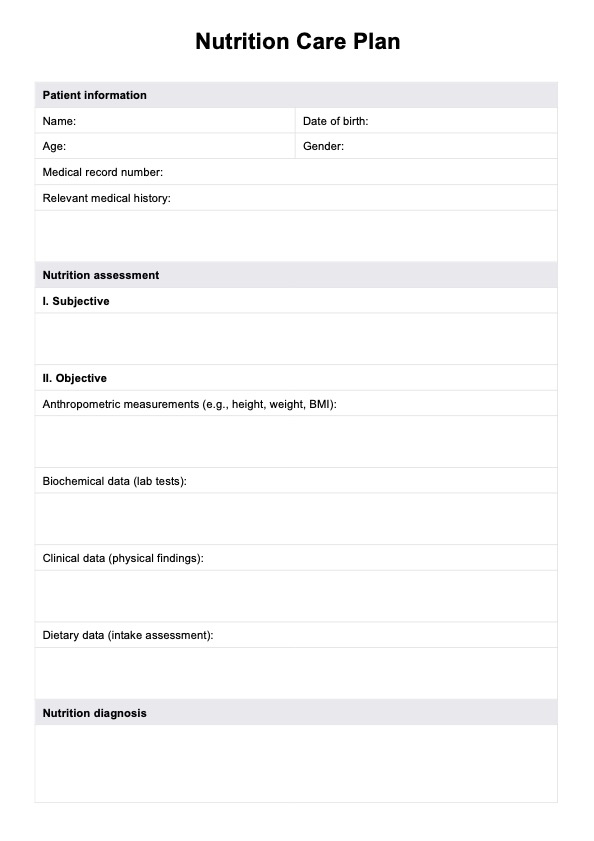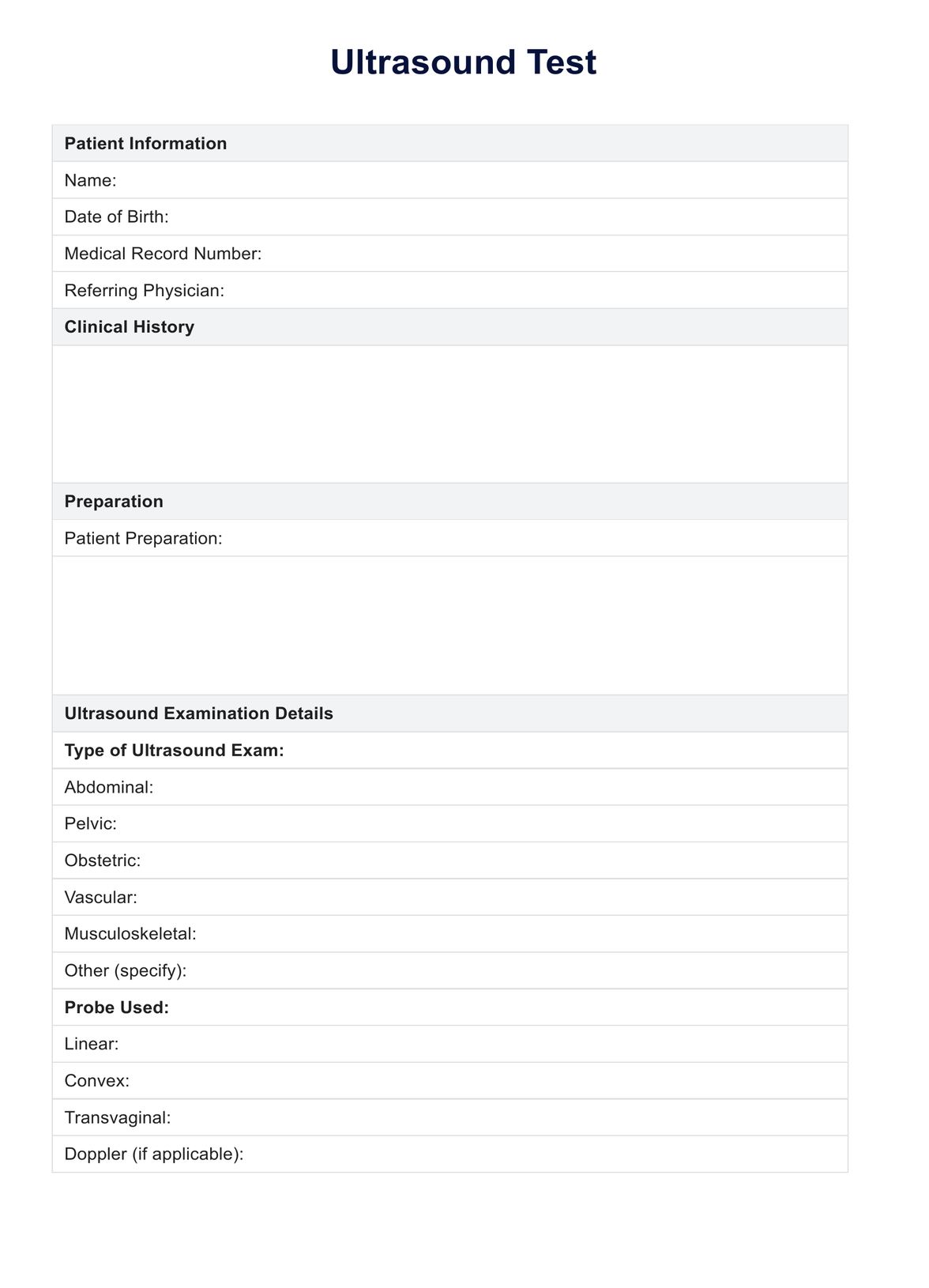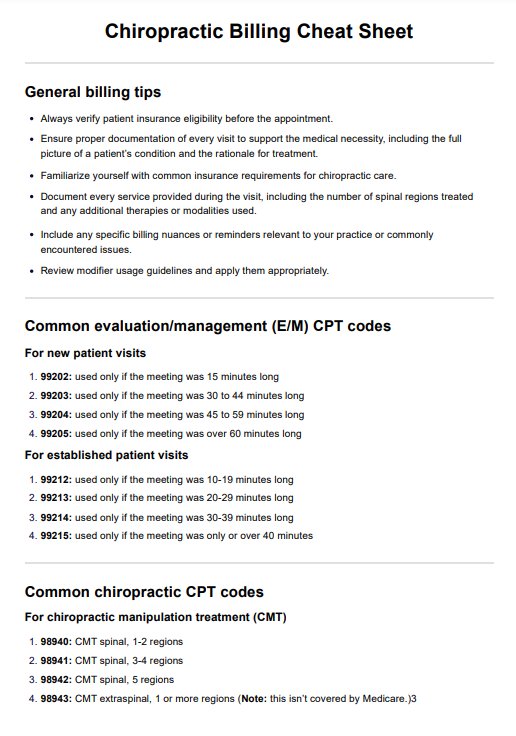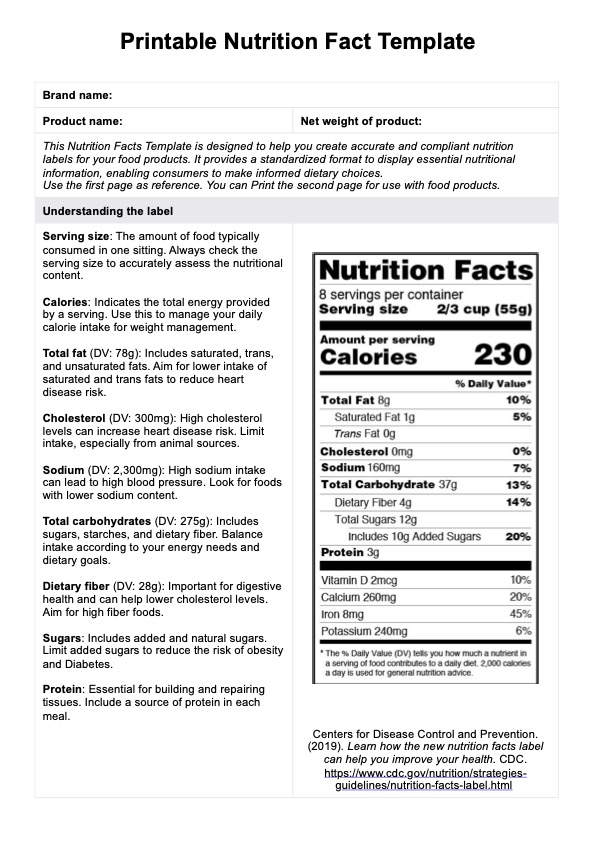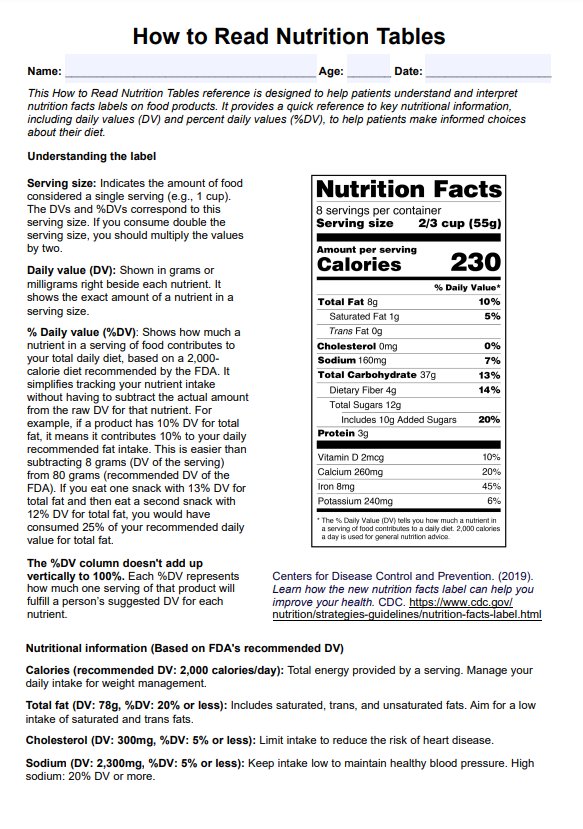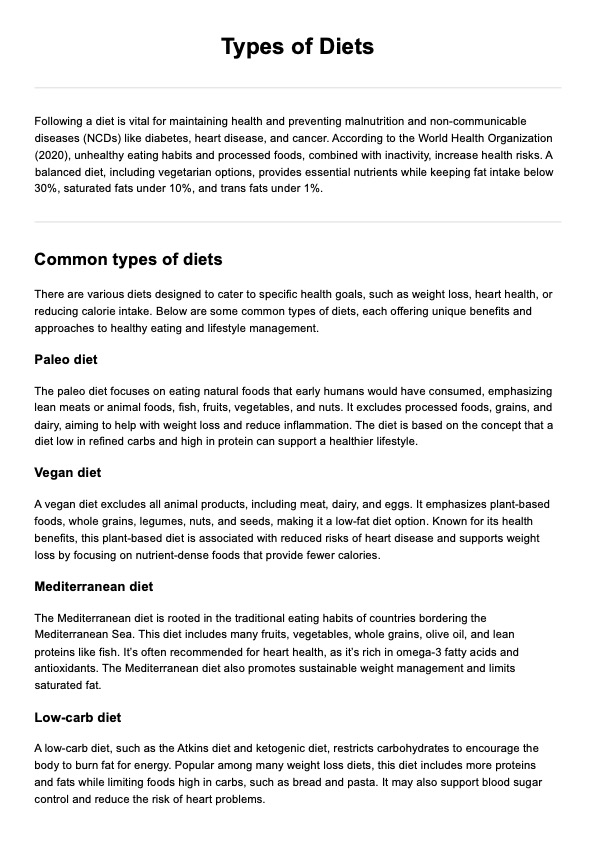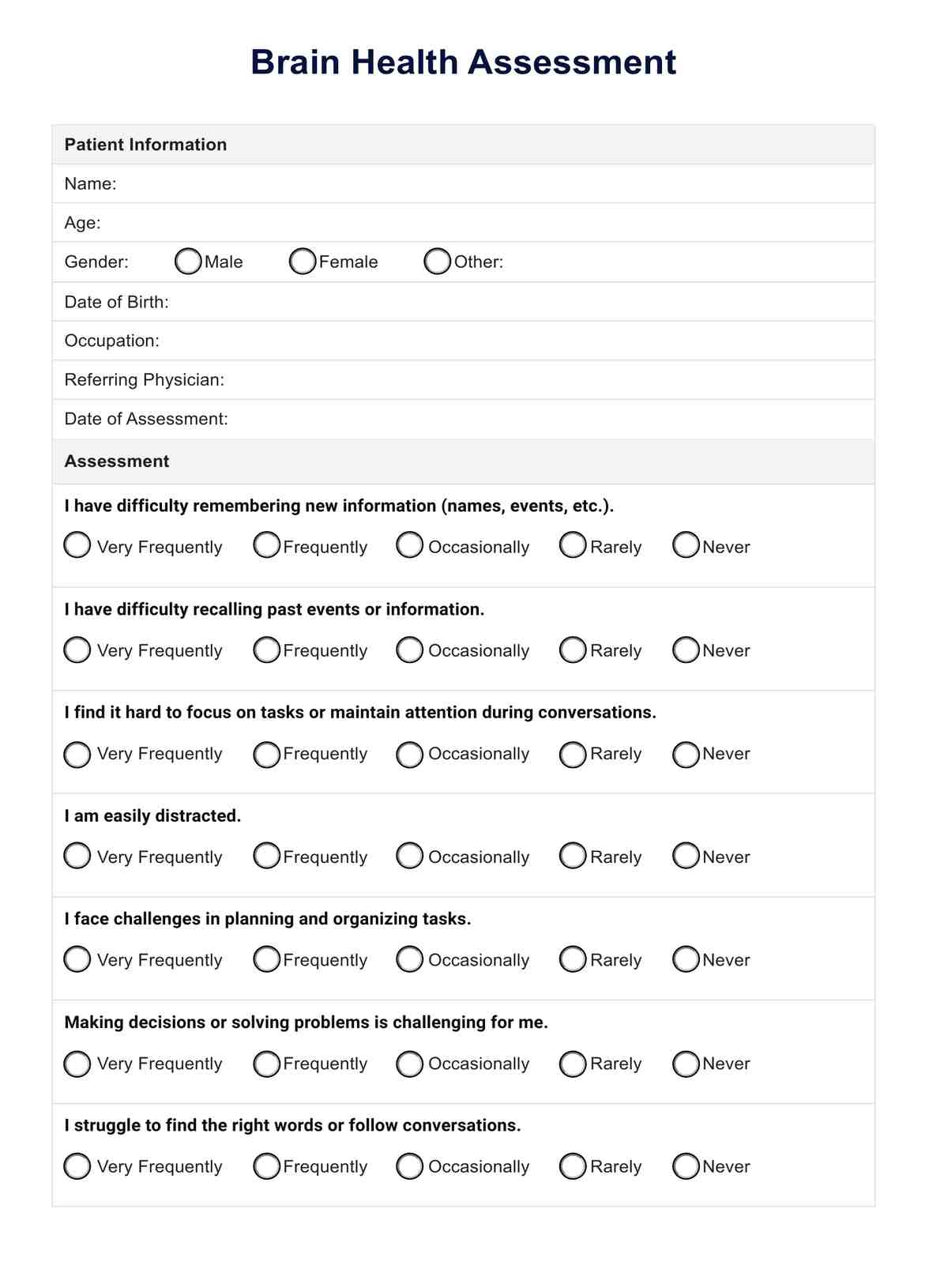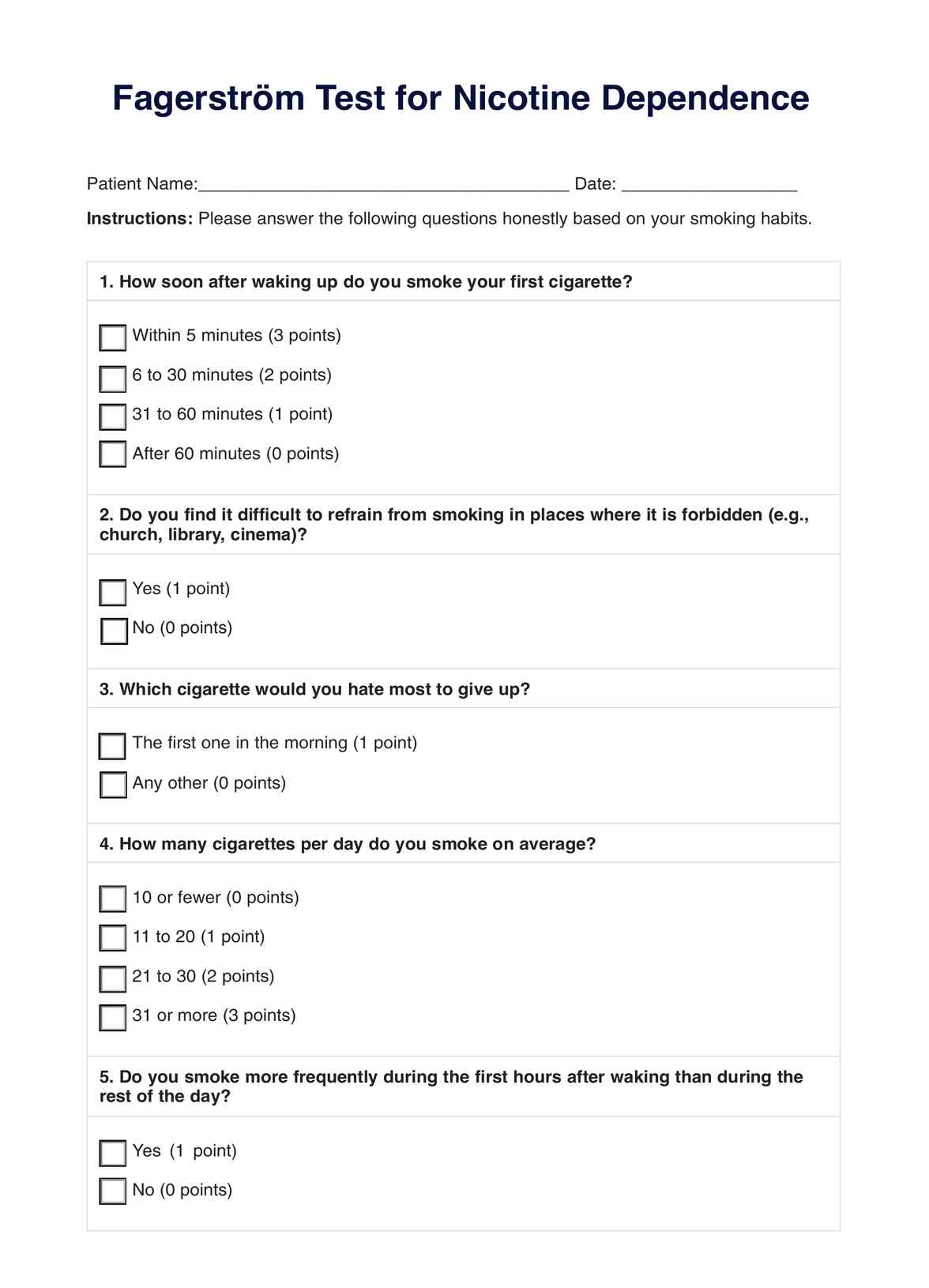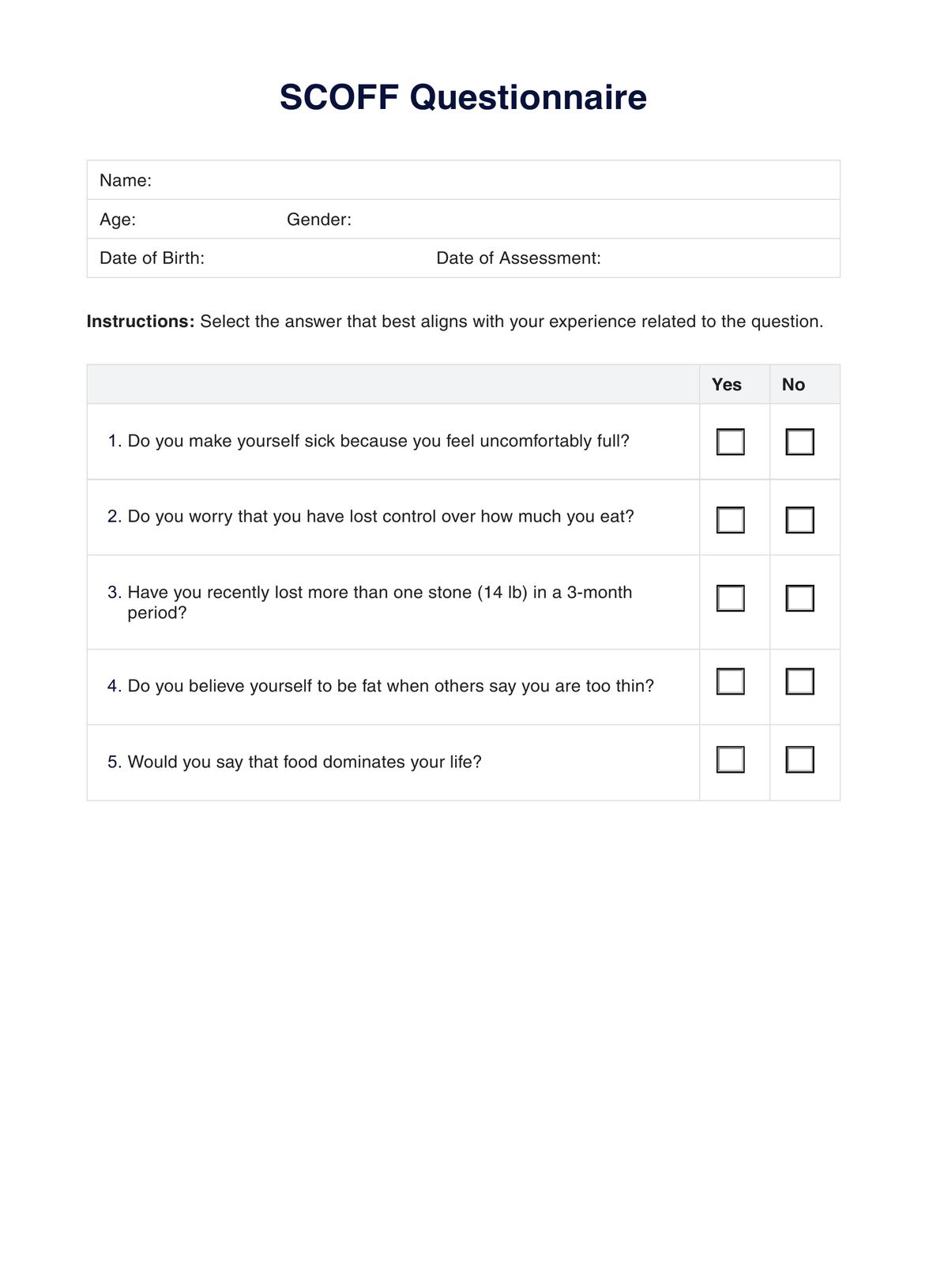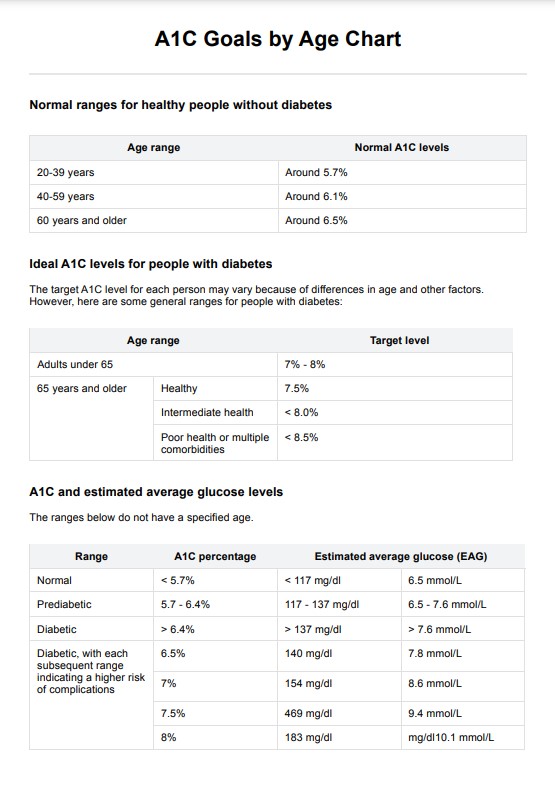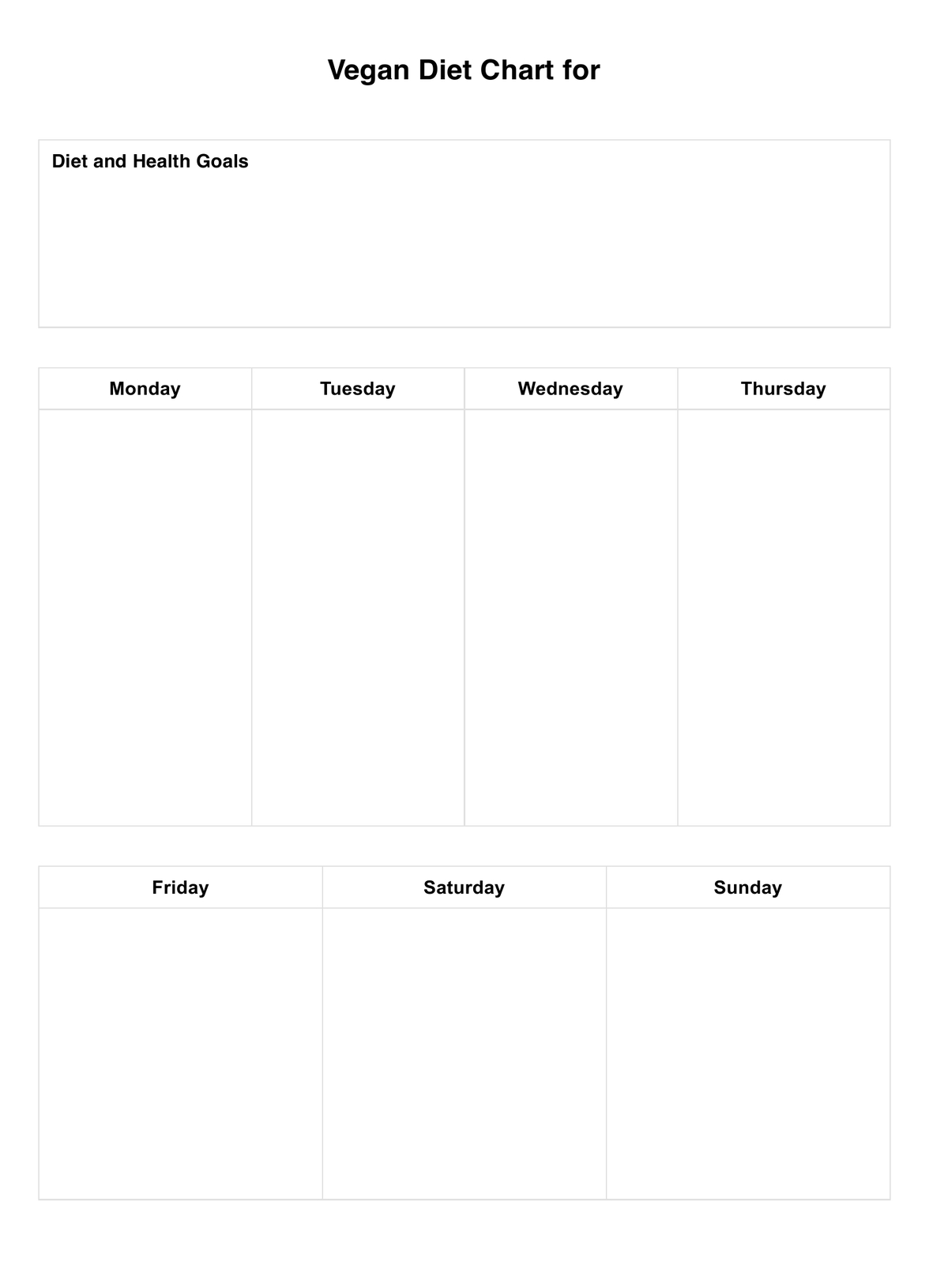Vegan Diet Plan
Learn about Vegan Diet Plans through this guide and follow our free vegan diet plan example!


What is a Vegan Diet Plan?
A vegan diet plan is a food consumption plan that eliminates animal products from a person’s diet. More often than not, people just boil this down to eliminating meat, but it’s more than that. It also does away with dairy products, eggs, and other ingredients related to animals.
This diet revolves around plant-based ingredients to serve as the primary sources of nutrition, vitamins, minerals, antioxidants, fiber, etc. At the center of this diet are fruits and vegetables, which should provide the essentials mentioned we just mentioned.
It also includes the following:
- Whole grain for fiber and carbohydrates
- Meat substitutes (tofu and seitan), legumes, nuts, and seeds for protein and omega-3 fatty acids
- Soy milk, yogurt, and other dairy substitutes for calcium
- Plant oils for cooking
People must ensure they receive the necessary nutrients daily to keep themselves healthy. Adopting a vegan diet will limit some nutrients a person can get because they’re doing away with animal-based ingredients, which can provide protein and other essentials in reasonable amounts. It’s best to consult with a dietitian or nutritionist to ensure you get everything your body needs, even if your diet is vegan.
Vegan Diet Plan Template
Vegan Diet Plan Example
How do Vegan Diet Plans work?
Vegan diet plans begin with making dietary adjustments to improve overall health and sometimes because of changes in perspectives related to treating animals before turning them into food, consuming meals made of animals, and reducing one’s carbon footprint.
A person must begin by deciding if they want to slowly but gradually transition into a vegan diet or to instantly drop animal-based ingredients and immediately start following a vegan diet plan.
Once they’ve committed to making such changes to their diet, they must research what a vegan diet can do. If the person’s principles and desired health benefits align with what vegan diet plans can provide, they can begin their vegan journey independently or with help from a dietitian/nutritionist.
When a person has researched, the next step is to customize a vegan diet plan tailored to their preferences and needs (based on their opinion or a dietitian’s). They can even include exercises if exercising is part of their plan.
They can also plot their meal times per day of the week. This includes the amount of food they consume each meal. They may consult with a dietitian if they don’t know where and how to start.
After building their vegan plan, they must shop for ingredients, prepare their meals, and then repeat. If they need to make any changes to their plan, they can do so on their own or by consulting with their dietitian, especially if they want to try new dishes or reschedule meals and exercises.
What are the possible results of a Vegan Diet Plan?
Weight loss
Vegan diet plans promote weight loss because vegetables, fruits, whole grains, nuts, and other components have fewer calories than meat and other food. If you want to lose weight healthily, adopting a vegan diet plan, whether permanently or temporarily, will likely give you the weight loss results you’re looking for. Just make sure to exercise regularly!
Healthier hearts
Those following vegan diet plans will have healthier hearts because the ingredients of vegan diet plans are low in saturated fats and cholesterol. Vegan food has higher fiber content, potassium, antioxidants, and other beneficial nutrients that can regulate blood pressure. These lower the risk of having cardiovascular diseases and other heart problems.
Lower risk of life-threatening diseases and other problems:
Since vegan diet plans consist primarily of vegetables and fruits, people following such plans will receive a lot of antioxidants as a benefit. These antioxidants will lower the risk of having cancer and other potential problems like diabetes.
As mentioned earlier, vegan diet plans promote weight loss. Obesity is tied to several cancers, so having and maintaining a healthy weight and having antioxidants will protect a person from such cancers. Their blood sugar and blood pressure will be regulated, too, which is great because having high or low blood sugar or blood pressure can lead to certain complications.
Peace of mind
Some people who adopt vegan diet plans choose to do so because of their beliefs. They probably don’t like the fact that meat and other animal-related products were created because of killing animals. They might also be environmentalists. Meat diets have higher carbon footprints. By adopting vegan diets, they practice their beliefs, and knowing they can uphold them can make them feel at peace with themselves.
When is it best to start following a Vegan Diet Plan?
Anyone can start following a vegan diet plan anytime! The why and when will depend on their motivation and beliefs.
People often adopt vegan diet plans for the following reasons:
They want to get rid of or manage pre-existing health conditions healthily.
Some people go vegan not because they hate that animals have to die for some food to be created or because of environmental impact. Some people adopt vegan diet plans because they have pre-existing health conditions that have been giving them a hard time, and they want to be rid of them or manage them better (if it’s impossible to get rid of the condition).
By following a vegan diet plan, the nutrients, antioxidants, etc., they can get from their food, lower the risk of these problems negatively impacting their lives, and live healthily (relatively) moving forward.
They have health goals they want to achieve.
Let’s stipulate that a person following a vegan diet doesn’t have underlying health conditions. They can follow such a plan to prevent themselves from having health issues down the line. They can also follow such a plan to shave off weight over time, so if they’ve been looking for a way to get rid of what they consider to be excess weight, they can start following a vegan diet plan.
They want to uphold their code of ethics and environmental beliefs.
As mentioned earlier, one of the possible benefits of following a vegan diet is getting peace of mind. Some people don’t agree with killing animals for food. Some people don’t agree with eating food made of animals because of the carbon footprint they can leave. One way of enacting their beliefs is through what they consume, and by adopting a vegan diet, they can uphold and practice their beliefs.
Employing this meal plan template can elevate your practice and boost client results.
Commonly asked questions
Vegan diets have fewer amounts of calcium, zinc, iron, and omega-3 fatty acids, to mention a few. So, they must account for these by adding meat substitutes, legumes, nuts, seeds, and supplements to their diet.
Yes, but since their bodies are still growing and developing, they will need a good amount of nutrients that vegan diet plans may not have, so it’s best to consult with a dietitian and nutritionist about what adjustments they can make to ensure that a child is still getting what their body needs despite following a vegan diet.
Not necessarily. So long as you’re still getting enough protein and other nutrients, you’re still good. Please consult with a dietitian and nutritionist. There are many vegan athletes! Examples include Bryan Danielson, Dirk Nowitzki, Tia Blanco, Venus Williams, and Nate Diaz.


